How to Choose the Right Furnace Installation for Your Home

How to Choose the Right Furnace Installation for Your Home
Choosing the right furnace installation for your home can feel overwhelming, especially with so many options available. From understanding your heating needs to knowing the benefits of different furnace types, being informed is crucial. Our team is here to help guide you through the process, making it easier to make the best choice for your home.
Assessing Your Heating Needs
Before choosing a furnace installation, it's essential to assess your specific heating needs. Understanding these needs helps you select a furnace that provides optimal comfort and efficiency. Several factors play a role in determining what type of furnace will best suit your home.First, consider the size of your home. Larger homes may require more powerful furnaces to adequately heat all rooms, while smaller homes might need less capacity. Our professionals can conduct a thorough evaluation to determine the correct size unit for your space.Climate is another crucial factor. Homes in colder regions may benefit from furnaces with higher heating output, whereas milder climates might only require a basic system. Additionally, personal preferences like desired temperature levels and energy efficiency goals should be taken into account.An essential part of assessing your needs is considering any existing heating systems, such as heat pumps. If you already have a heat pump installation, it may complement or even reduce the size needed for your new furnace. Discussing all these elements with our technicians can help ensure you make an informed decision and select the best furnace for your home.
Types of Furnaces and Their Benefits
There are several types of furnaces available, each with its unique advantages. Knowing the benefits of each type can help you make an informed choice that aligns with your heating needs and preferences.
- Gas Furnaces: These are among the most common types of furnaces. They use natural gas to generate heat and are known for their efficiency and cost-effectiveness. Gas furnaces typically heat up quickly and are efficient in cold climates.
- Electric Furnaces: Electric furnaces use electricity to produce heat. They are generally easier to install and maintain compared to gas furnaces. However, they might be less efficient in very cold climates due to higher operating costs.
- Oil Furnaces: Oil furnaces are less common but are still a viable option, especially in areas where natural gas is not readily available. They offer efficient heating and are highly durable but require regular maintenance to keep running smoothly.
Choosing the right type of furnace depends on several factors, including fuel availability, budget, and specific heating requirements. Our professionals can help you weigh the pros and cons of each type to ensure you choose a furnace that best fits your home’s needs and your heating preferences.
Importance of Professional Furnace Installation
Professional furnace installation is vital for the efficient and safe operation of your heating system. Our professionals have the expertise to install your furnace correctly, ensuring optimal performance and longevity. Proper installation minimizes the risk of issues down the line, such as leaks or system malfunctions, which can be costly and inconvenient.One of the key benefits of professional installation is that our technicians will carefully follow manufacturer guidelines. This ensures that your furnace operates as intended and maintains its warranty. Incorrect installation can void warranties and lead to more frequent and costly repairs.Furthermore, professional installation includes a thorough inspection of your existing HVAC system. Our professionals will ensure that all components are compatible and functioning properly before the new furnace is installed.
Future Maintenance and Repair Considerations
After installing your furnace, it’s important to think about future maintenance and repair needs. Regular furnace maintenance can extend the lifespan of your system and improve its efficiency. Our professionals recommend scheduling annual maintenance checks to keep your furnace running smoothly.Routine maintenance includes tasks like cleaning or replacing filters, checking for wear and tear, and ensuring all parts are functioning properly. Addressing these minor issues early on can prevent major problems and costly repairs in the future. Additionally, regular maintenance ensures that your furnace operates at peak efficiency, saving you money on energy bills.In case of any issues, our technicians are skilled in furnace repair. Whether it's a minor fix or a major repair, addressing problems promptly can prevent further damage and maintain your system’s performance. It’s also crucial to have a reliable service provider for emergency repairs to avoid prolonged discomfort during the cold months.
Conclusion
Choosing the right furnace installation for your home involves careful planning and consideration of various factors. From assessing your heating needs to understanding the benefits of different furnace types, an informed decision ensures optimal comfort and efficiency. By keeping up with these tasks, you can avoid unexpected breakdowns and ensure your home remains warm and cozy throughout the winter.If you’re ready to choose the right furnace for your home or need expert advice, contact Central Washington Heating and Air today to schedule a consultation and experience exceptional furnace installation in Entiat!
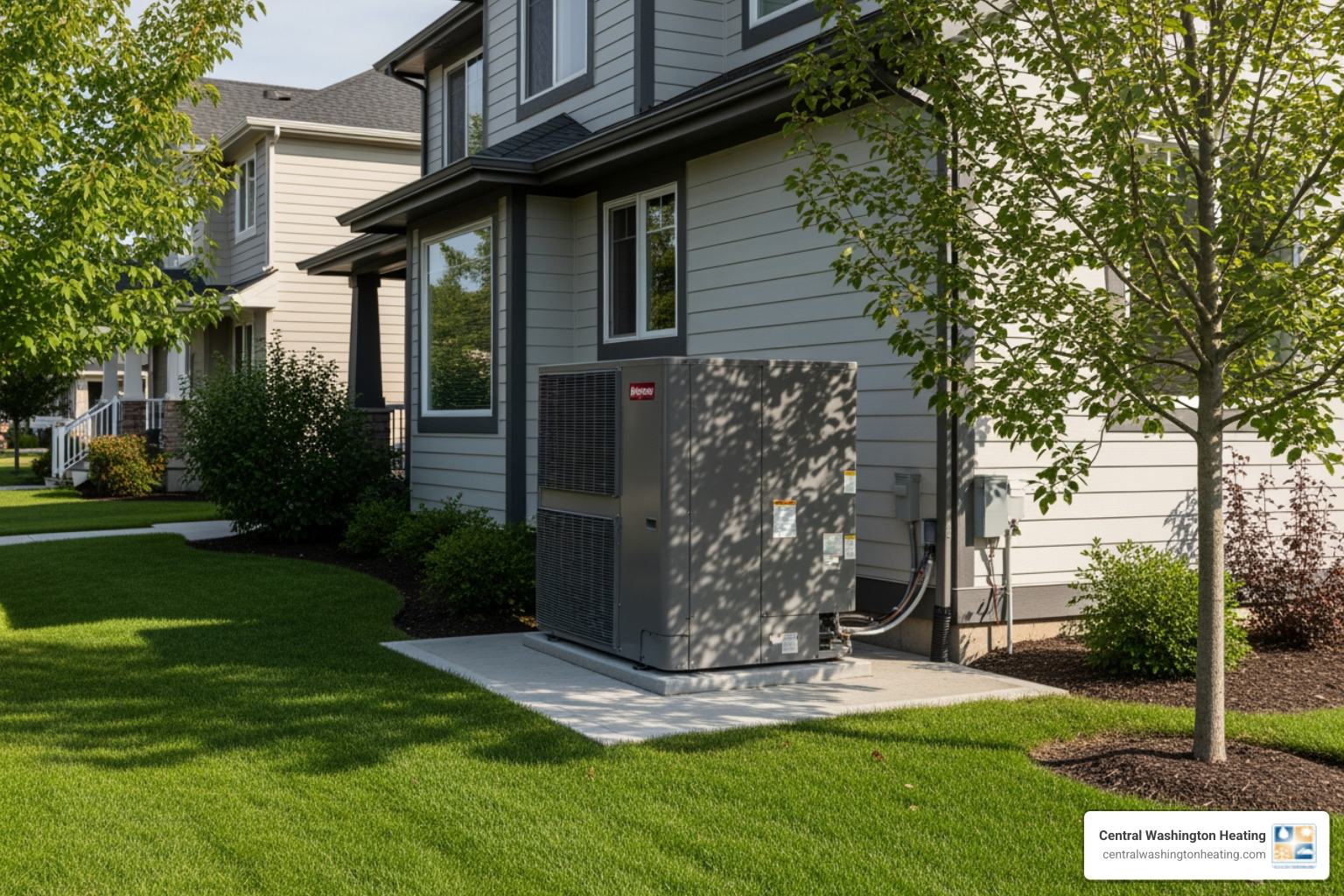
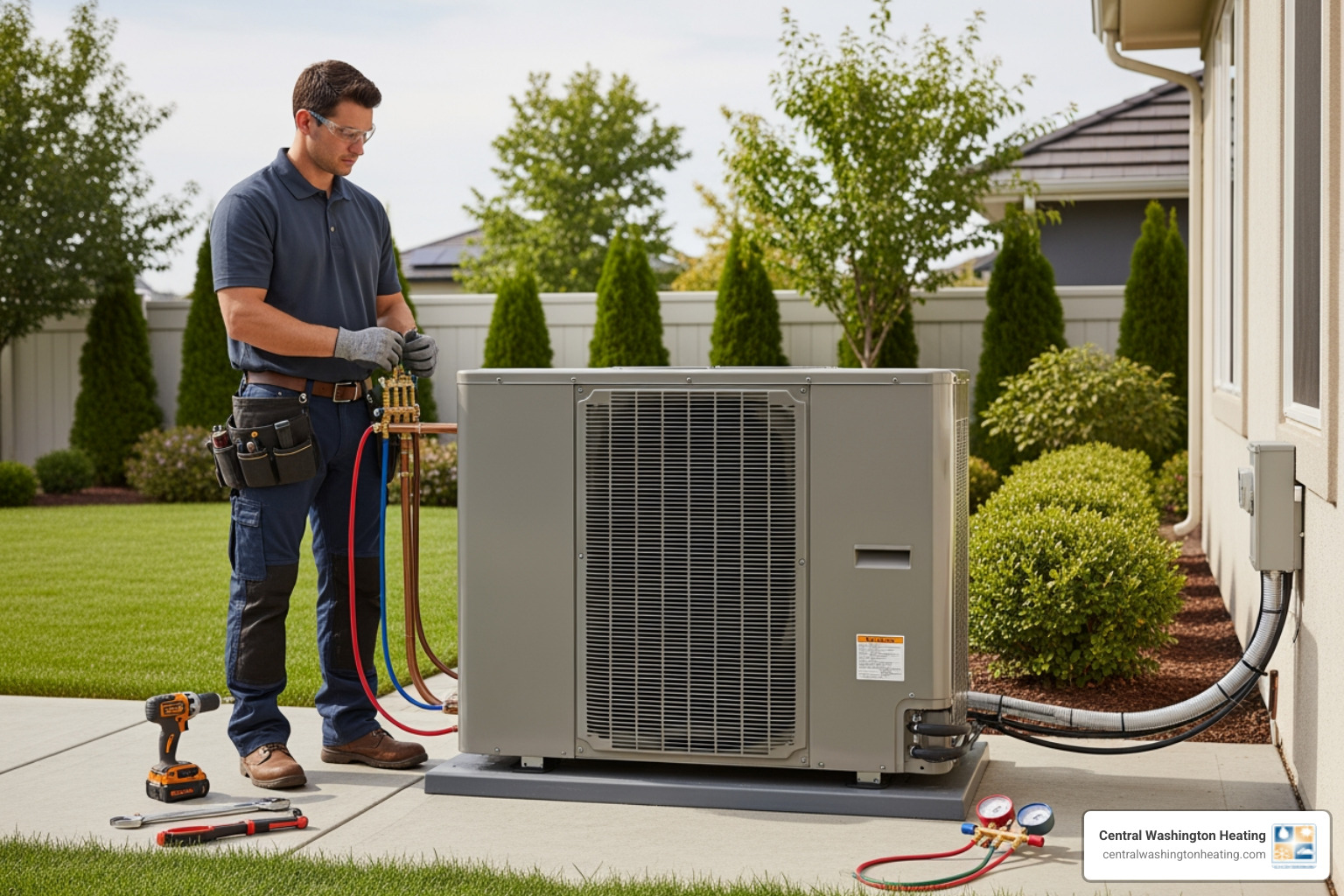
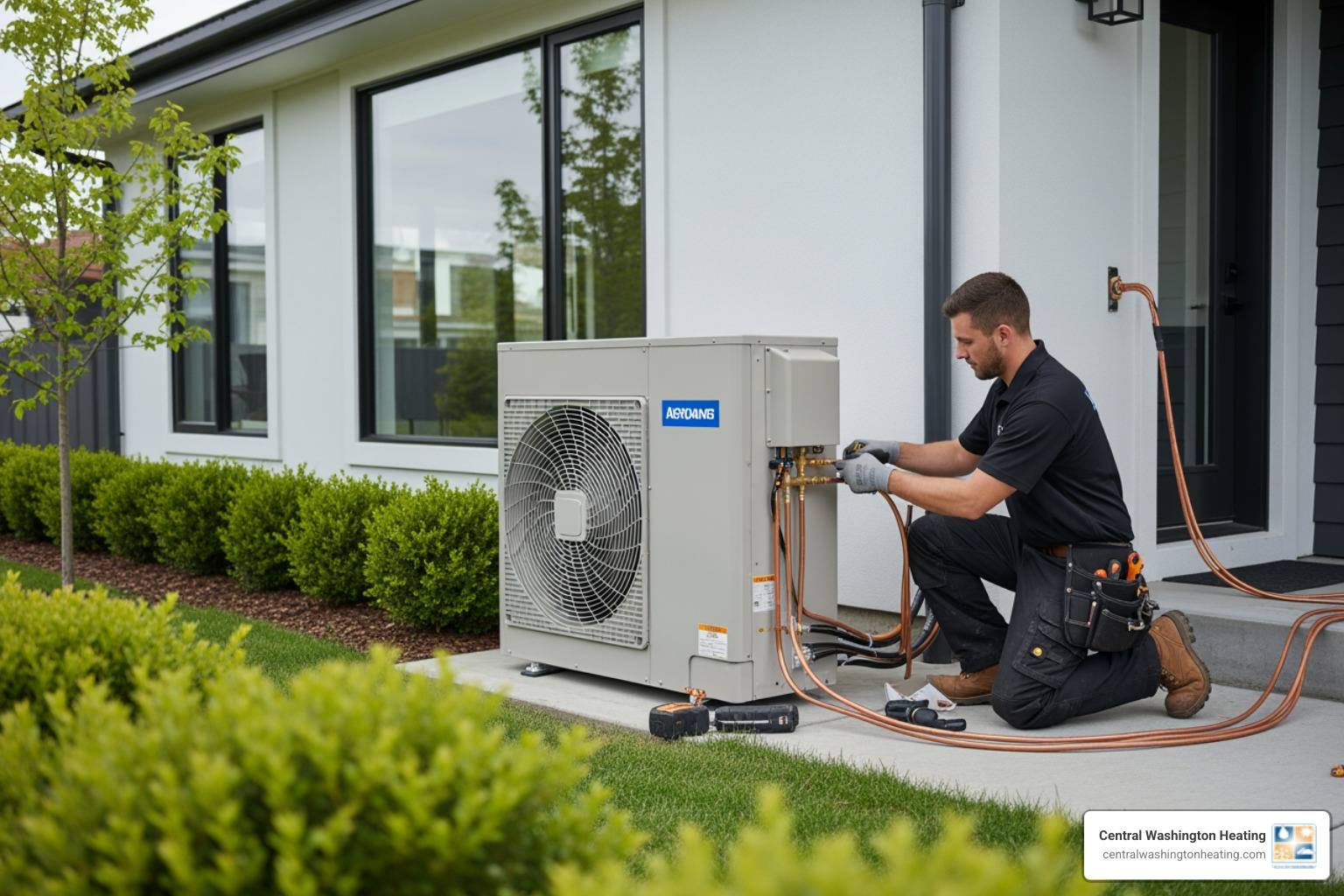

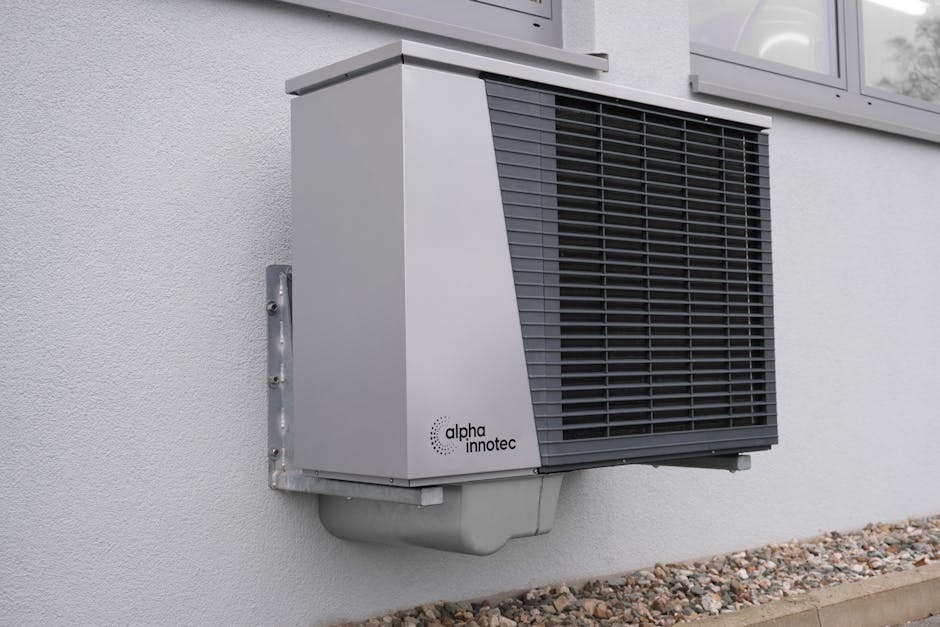
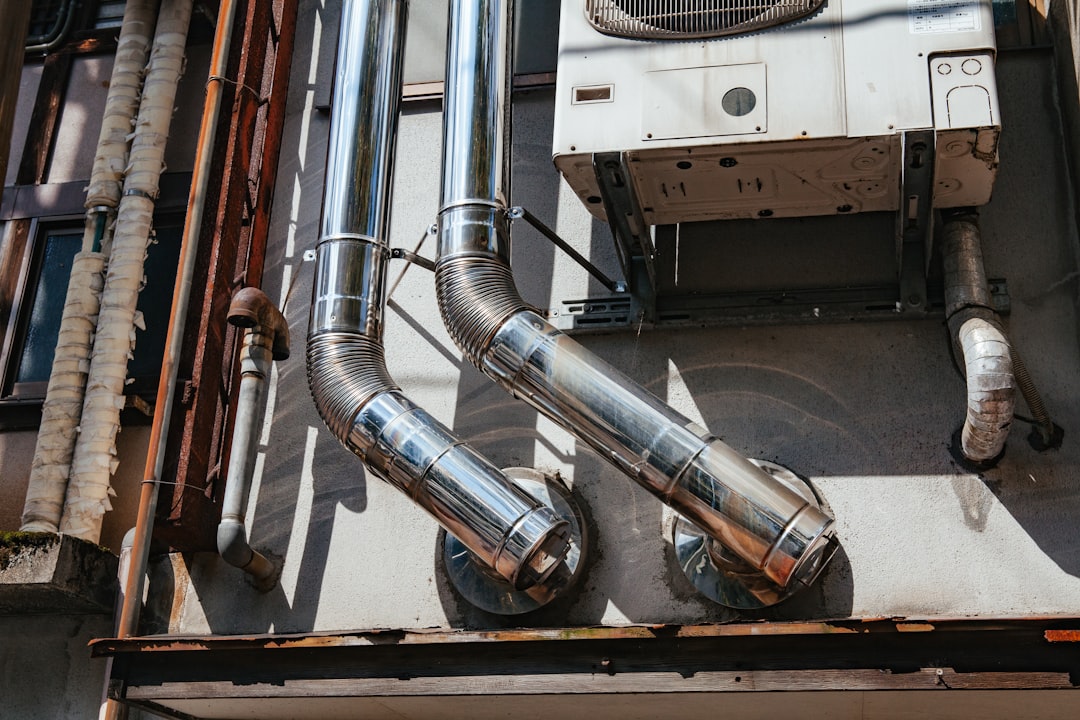
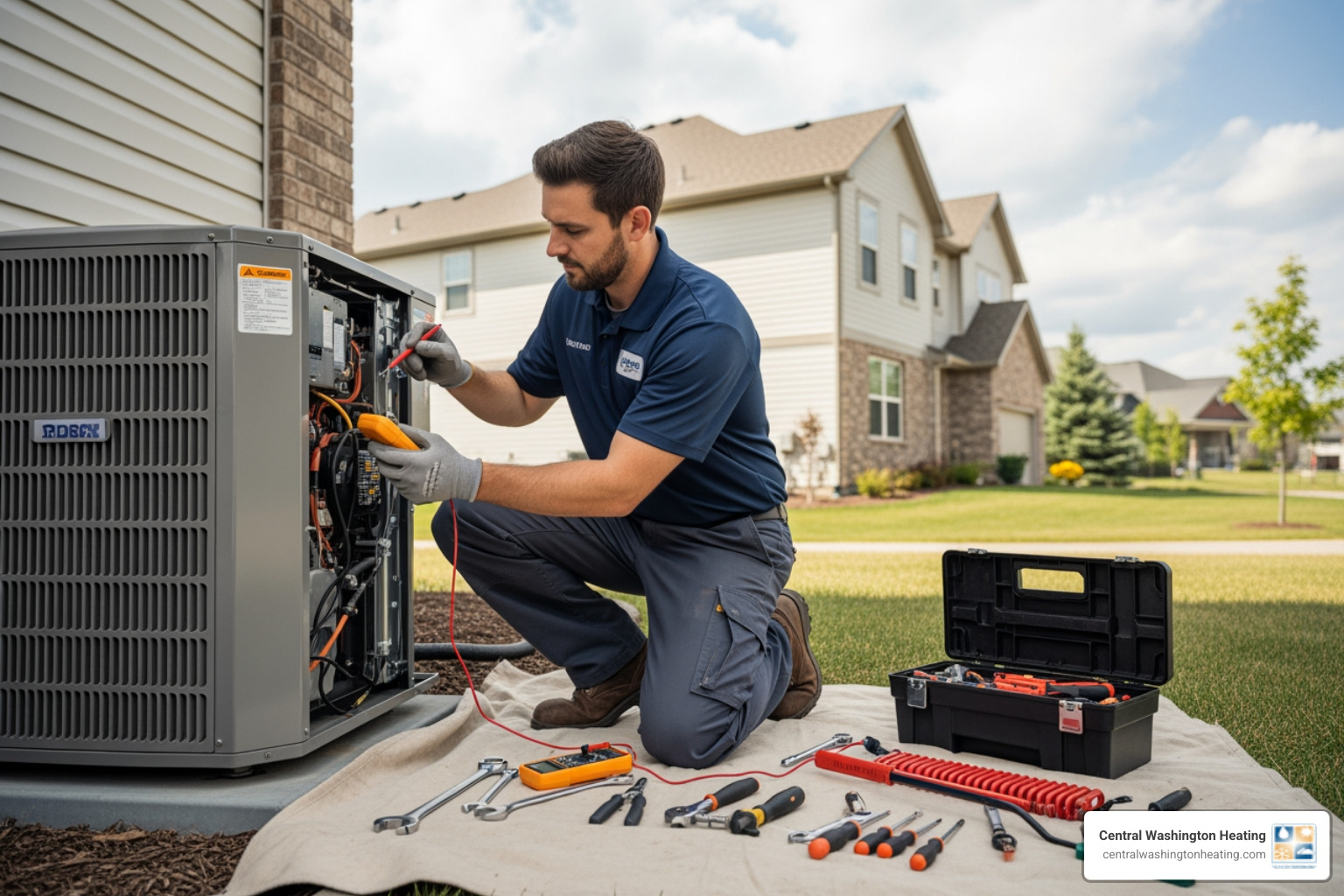
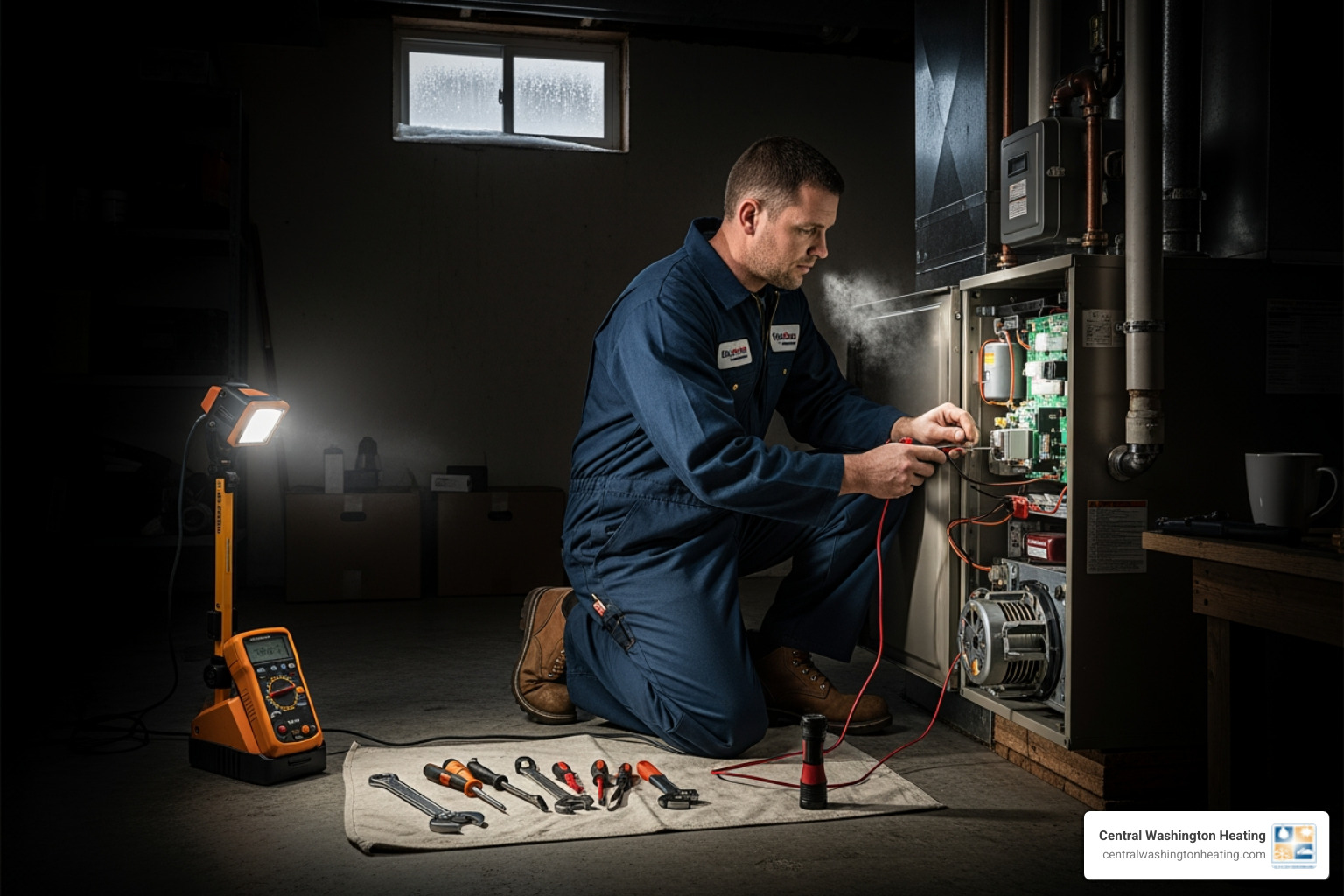
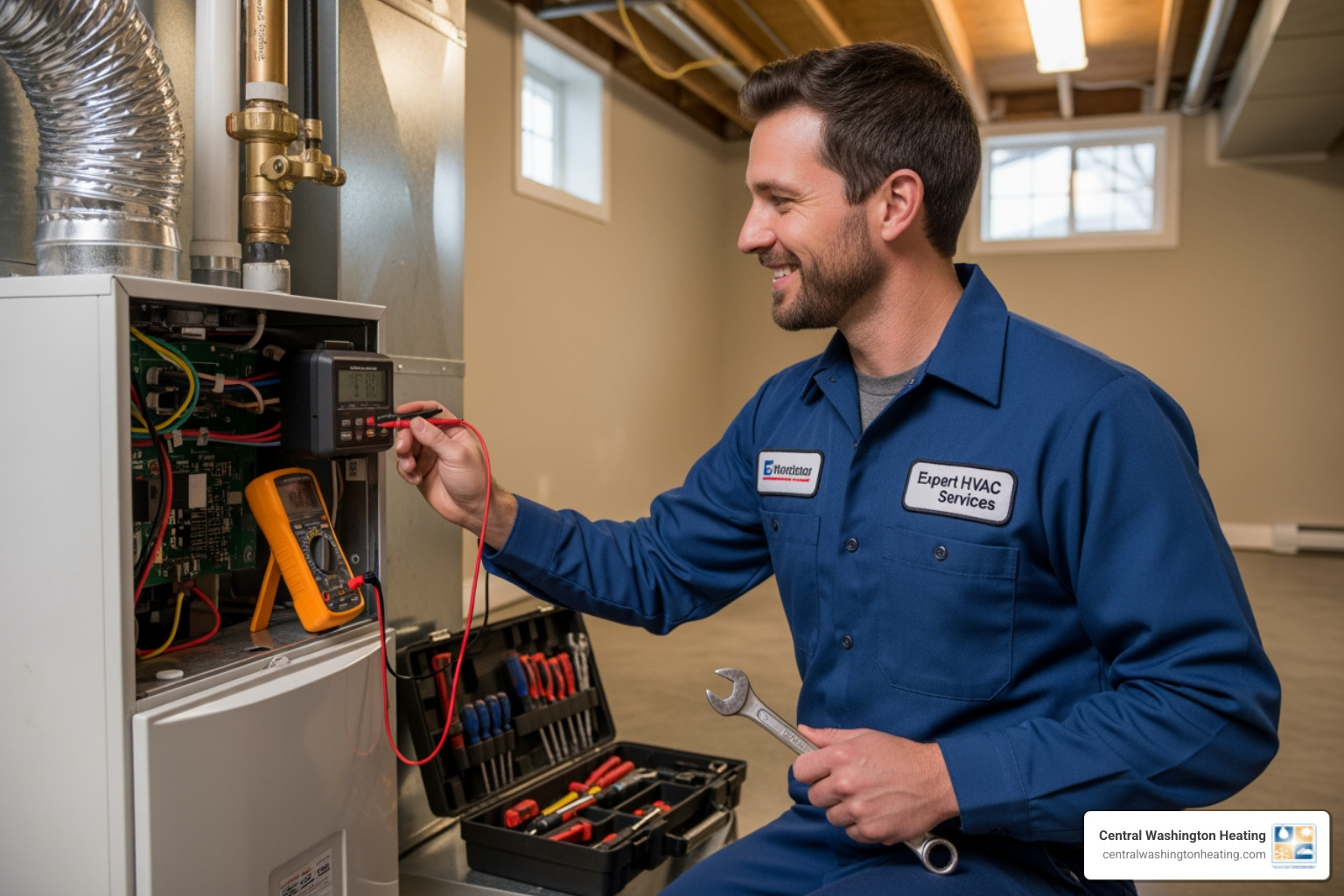

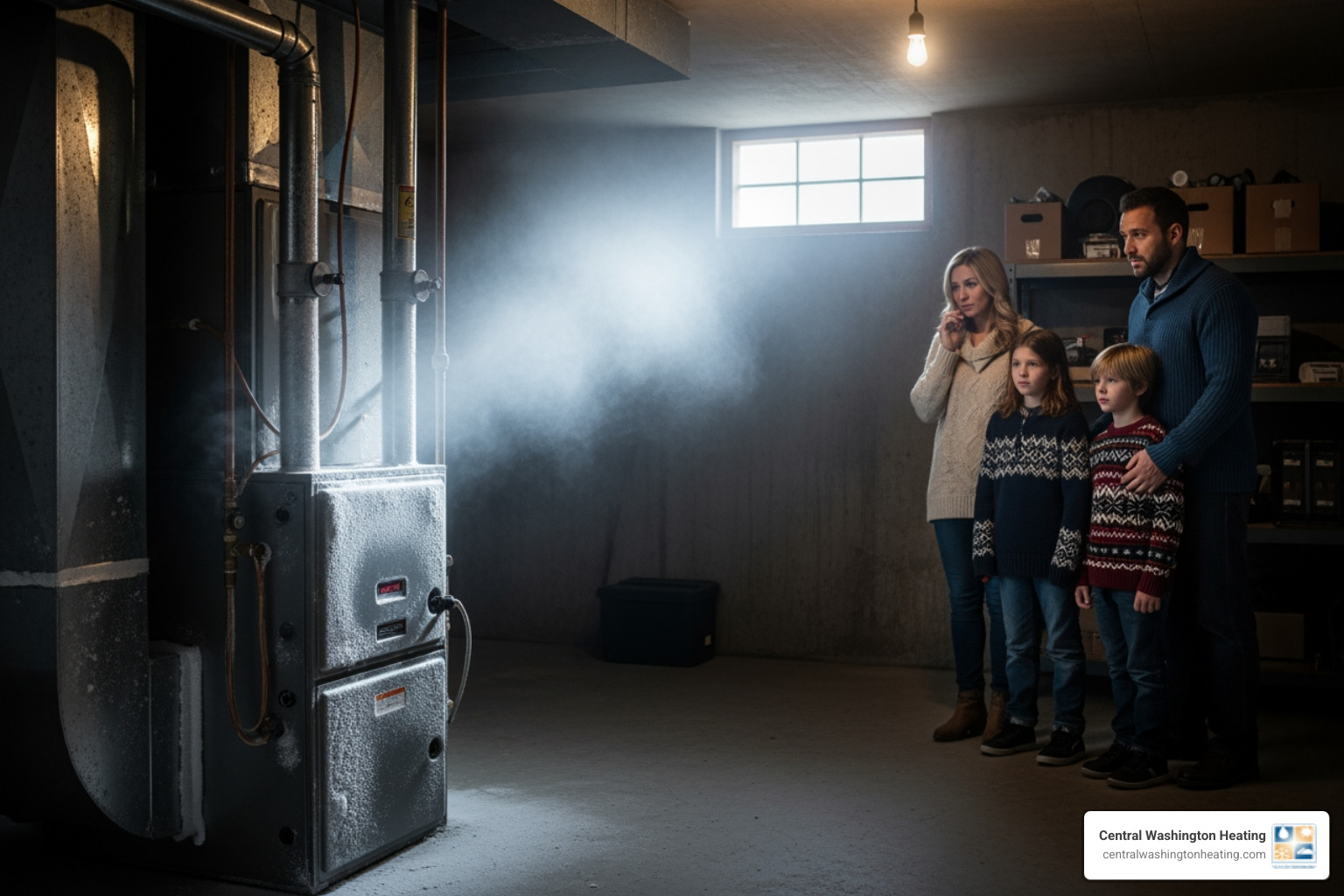

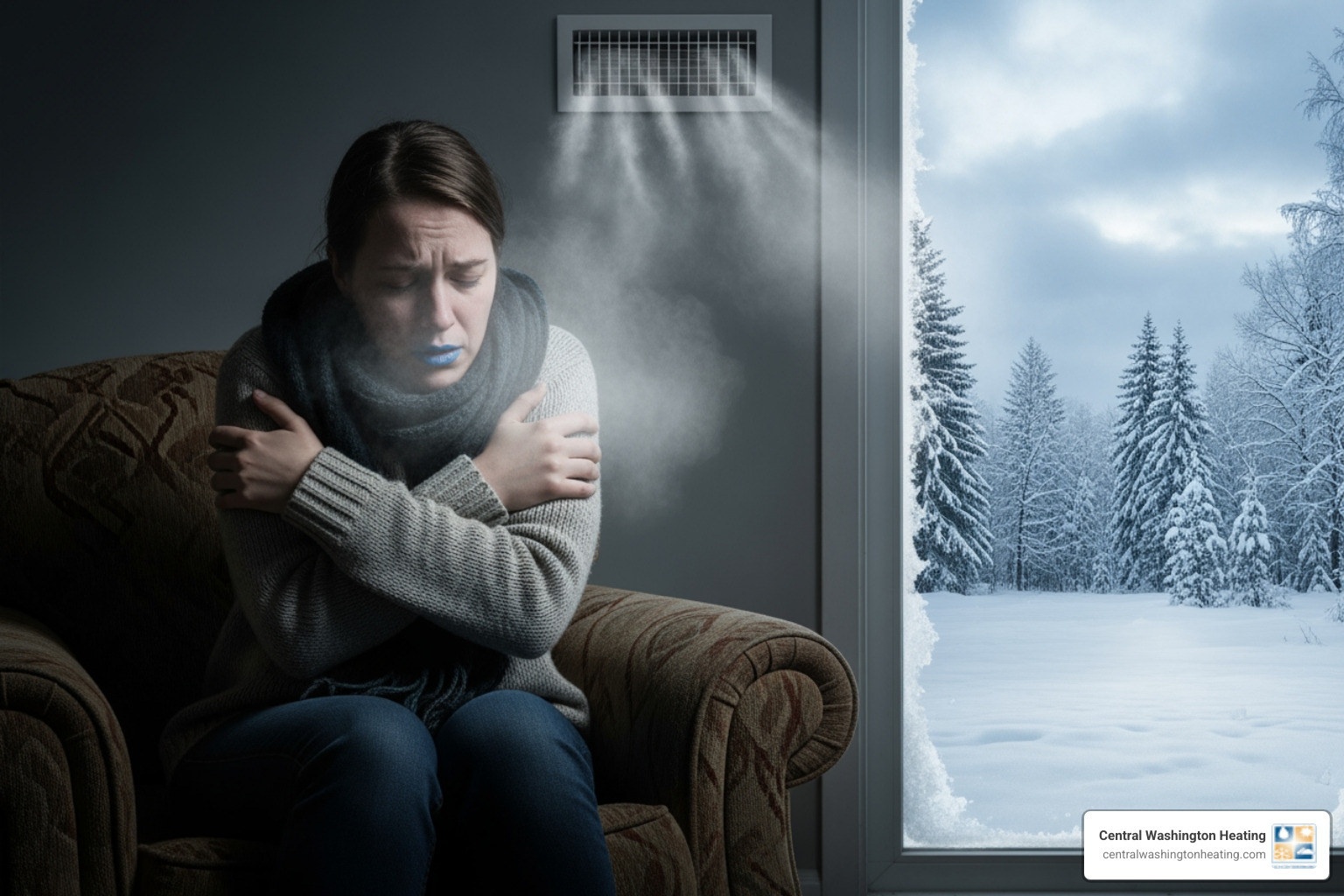
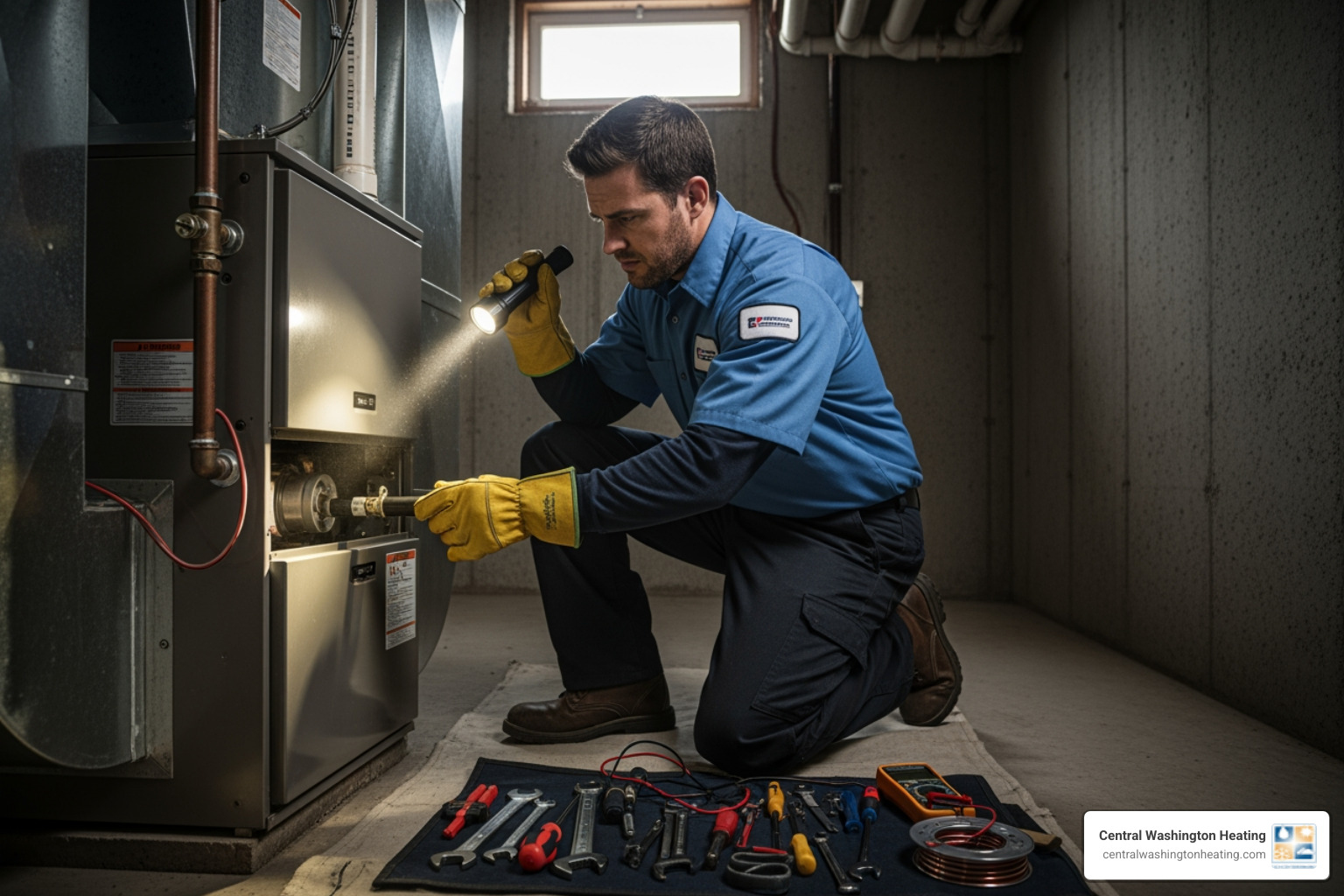

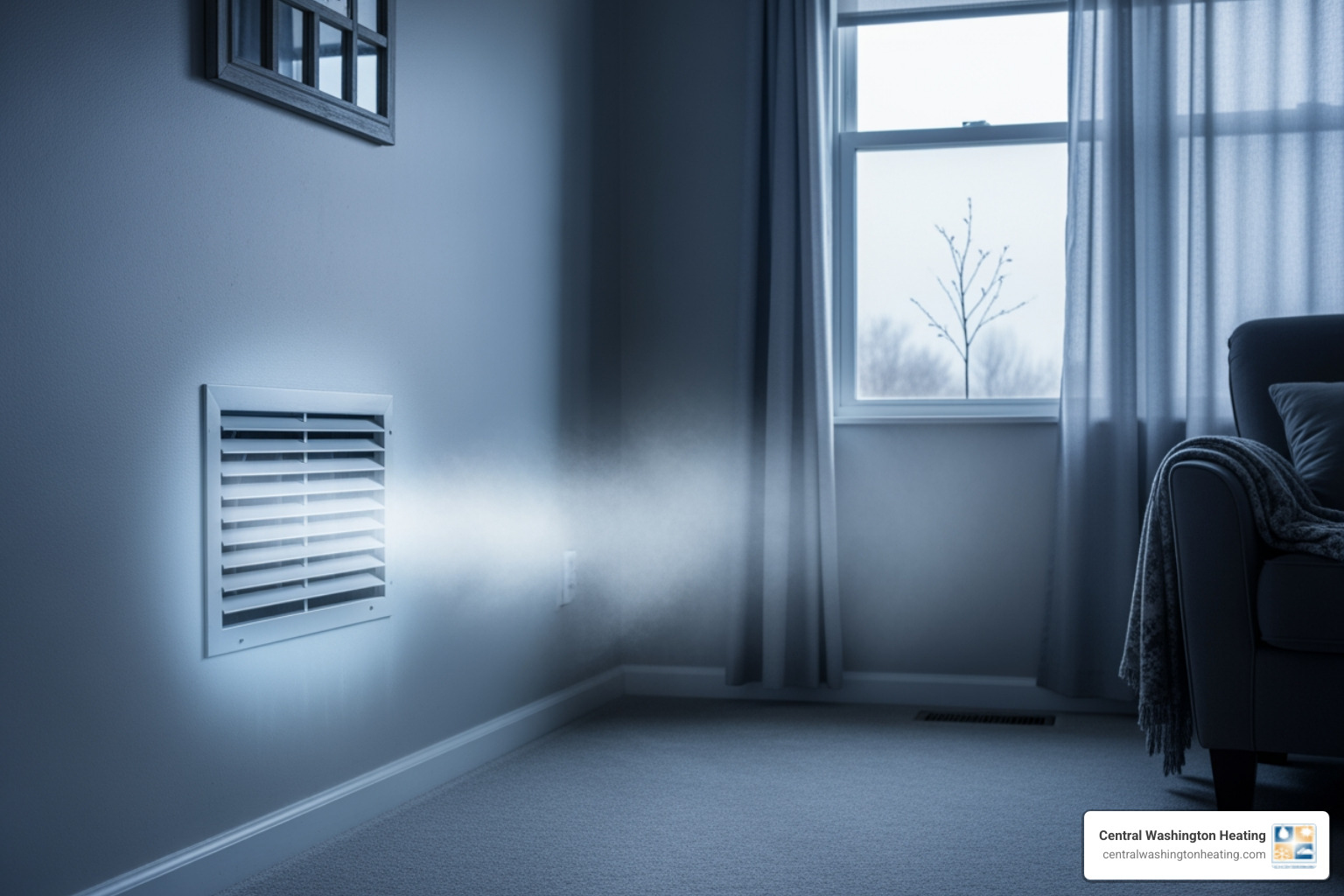



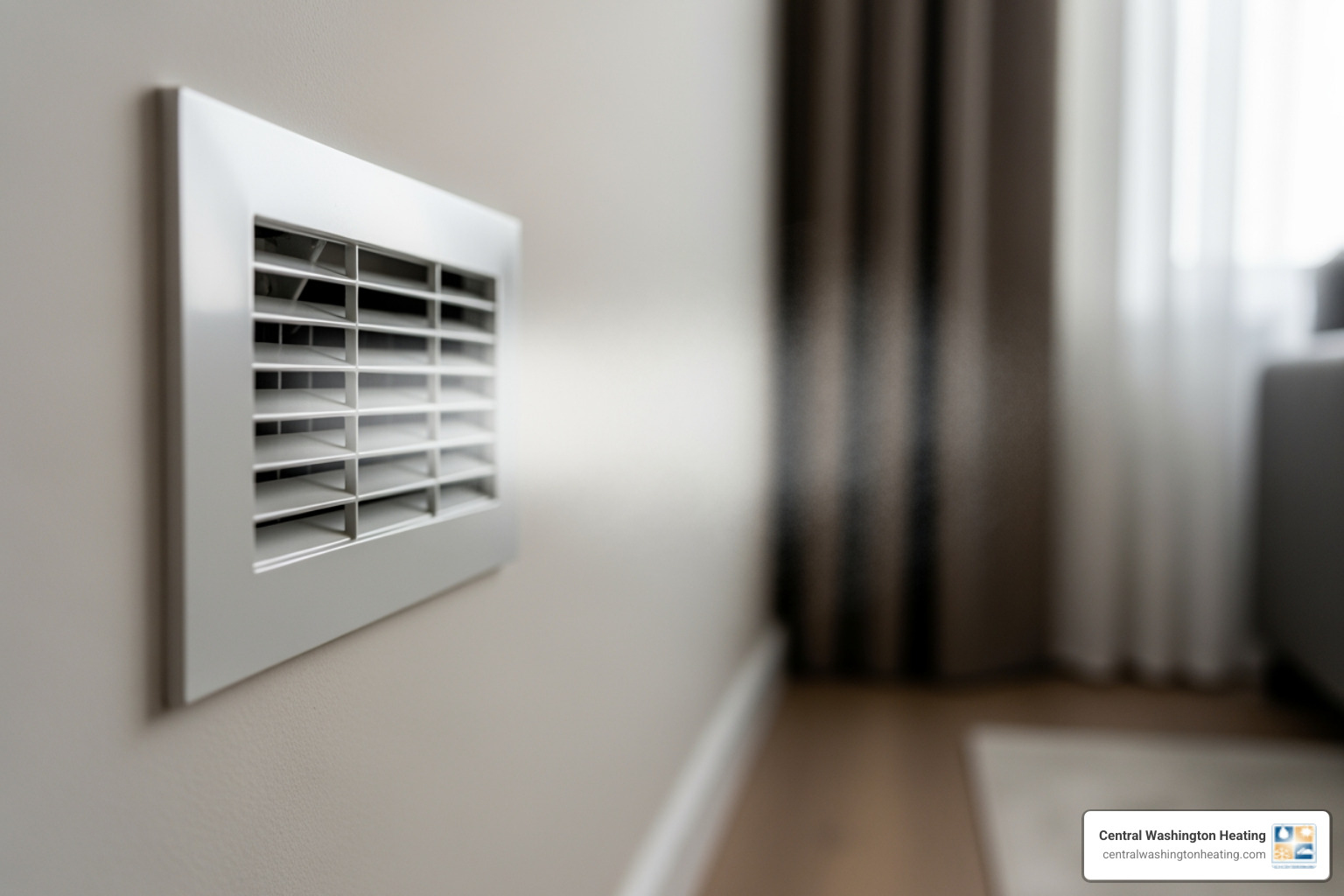
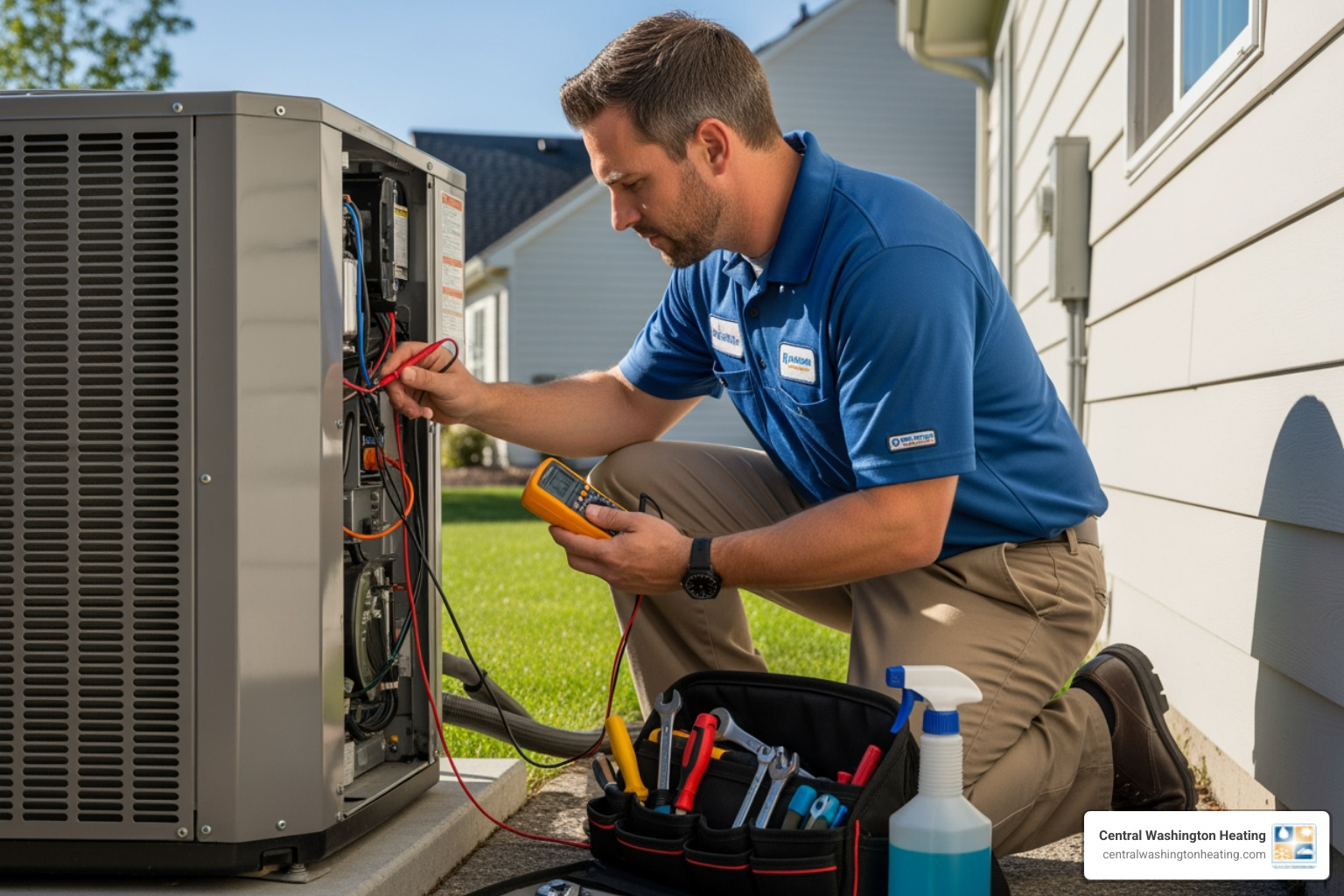
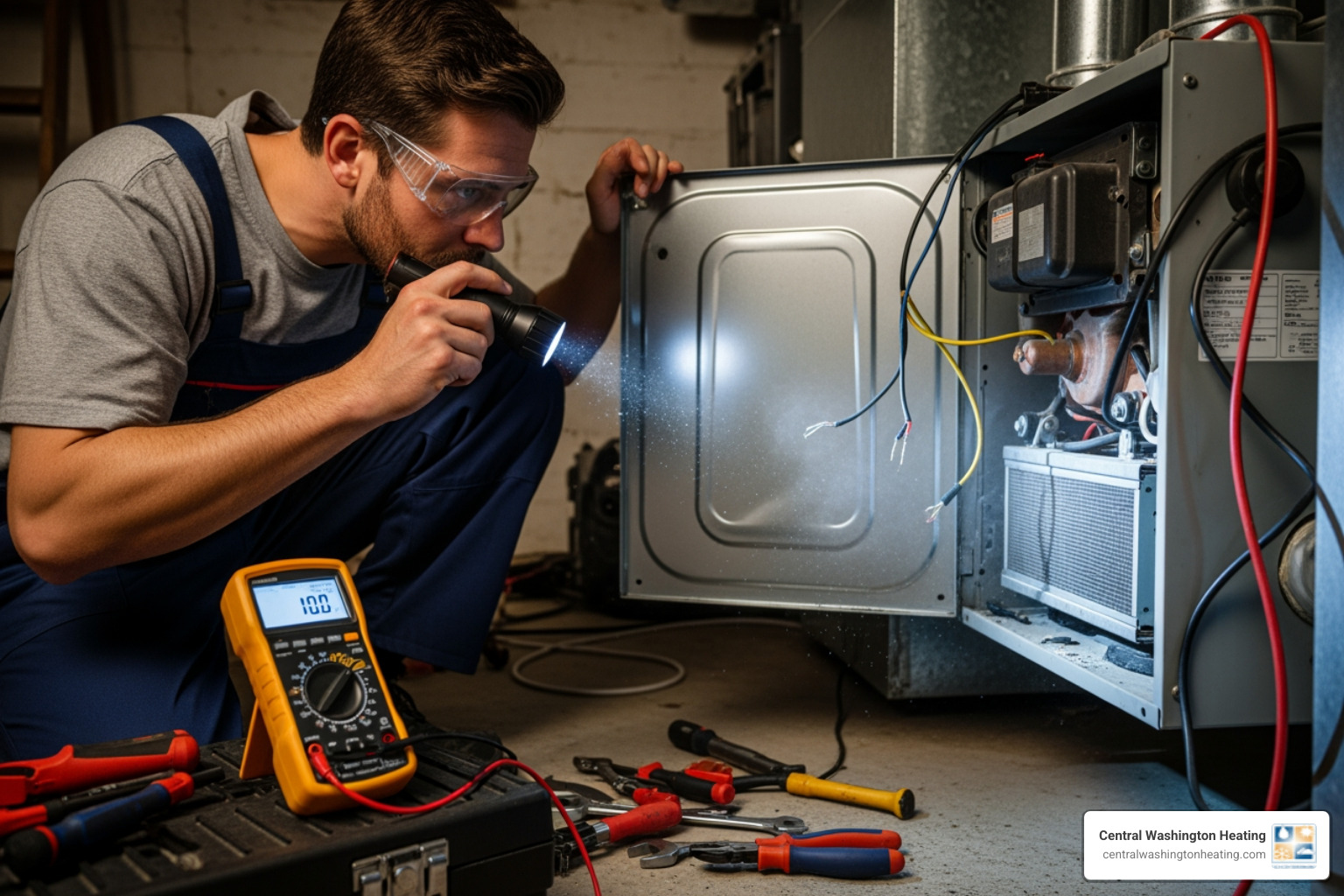
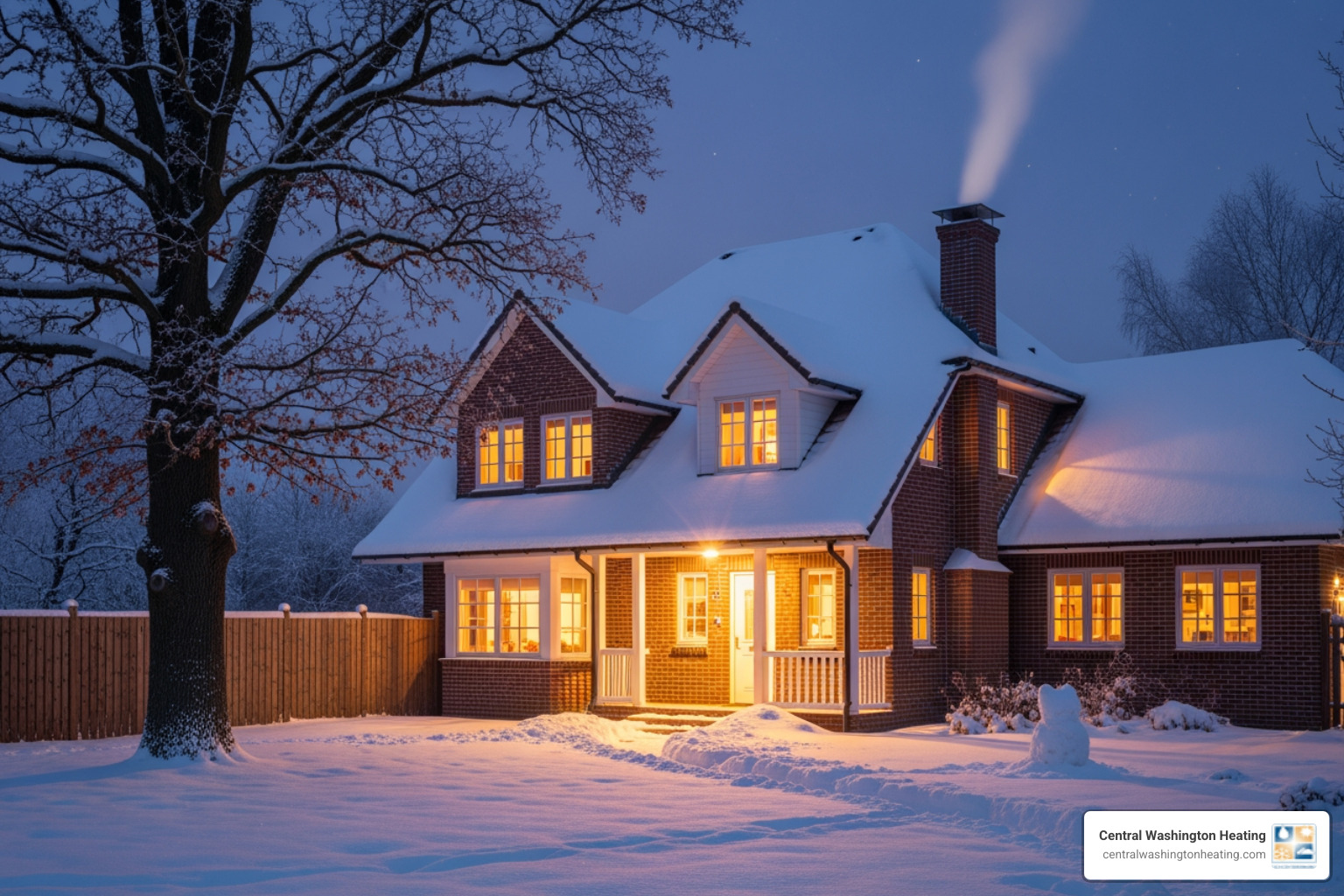
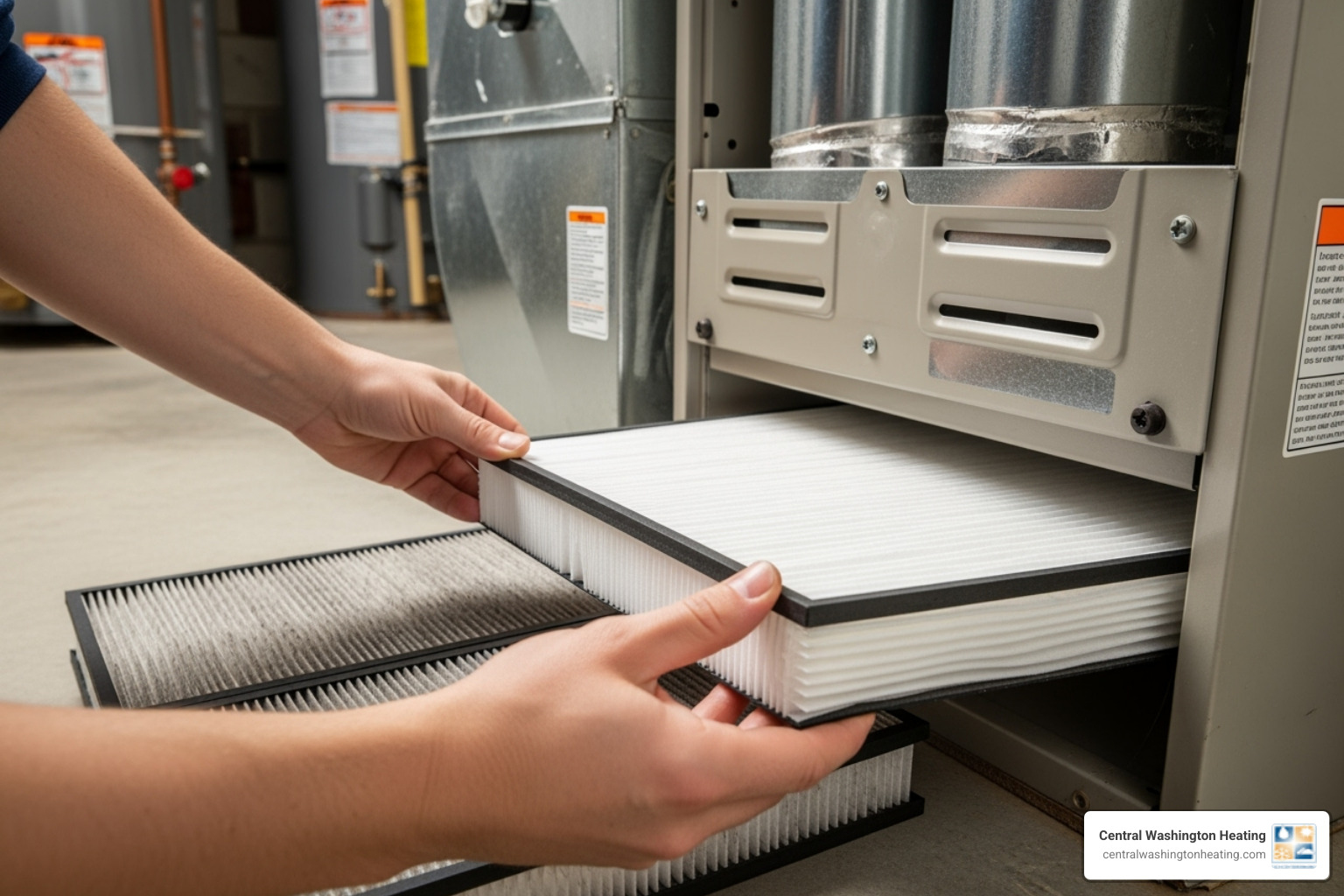

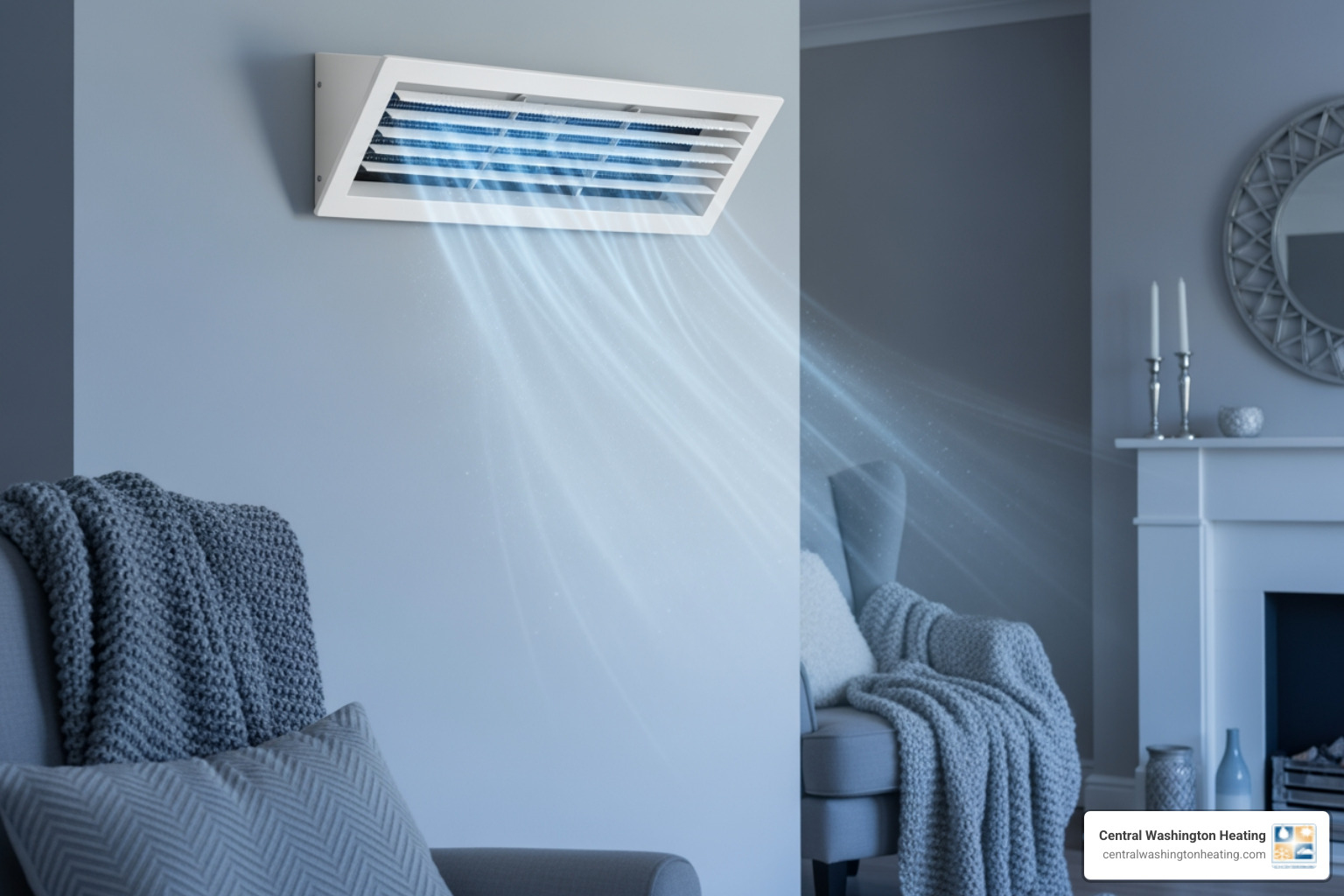
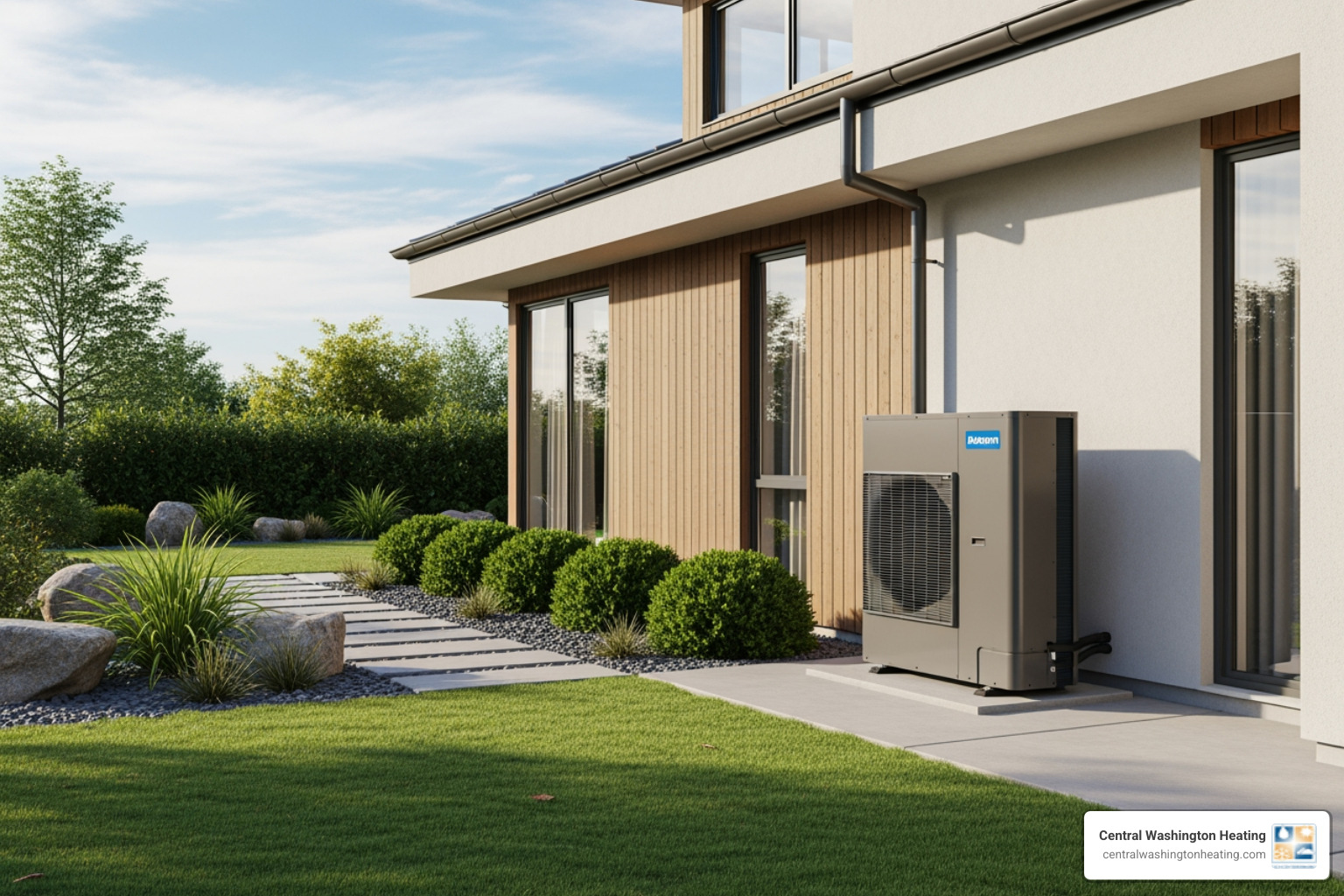
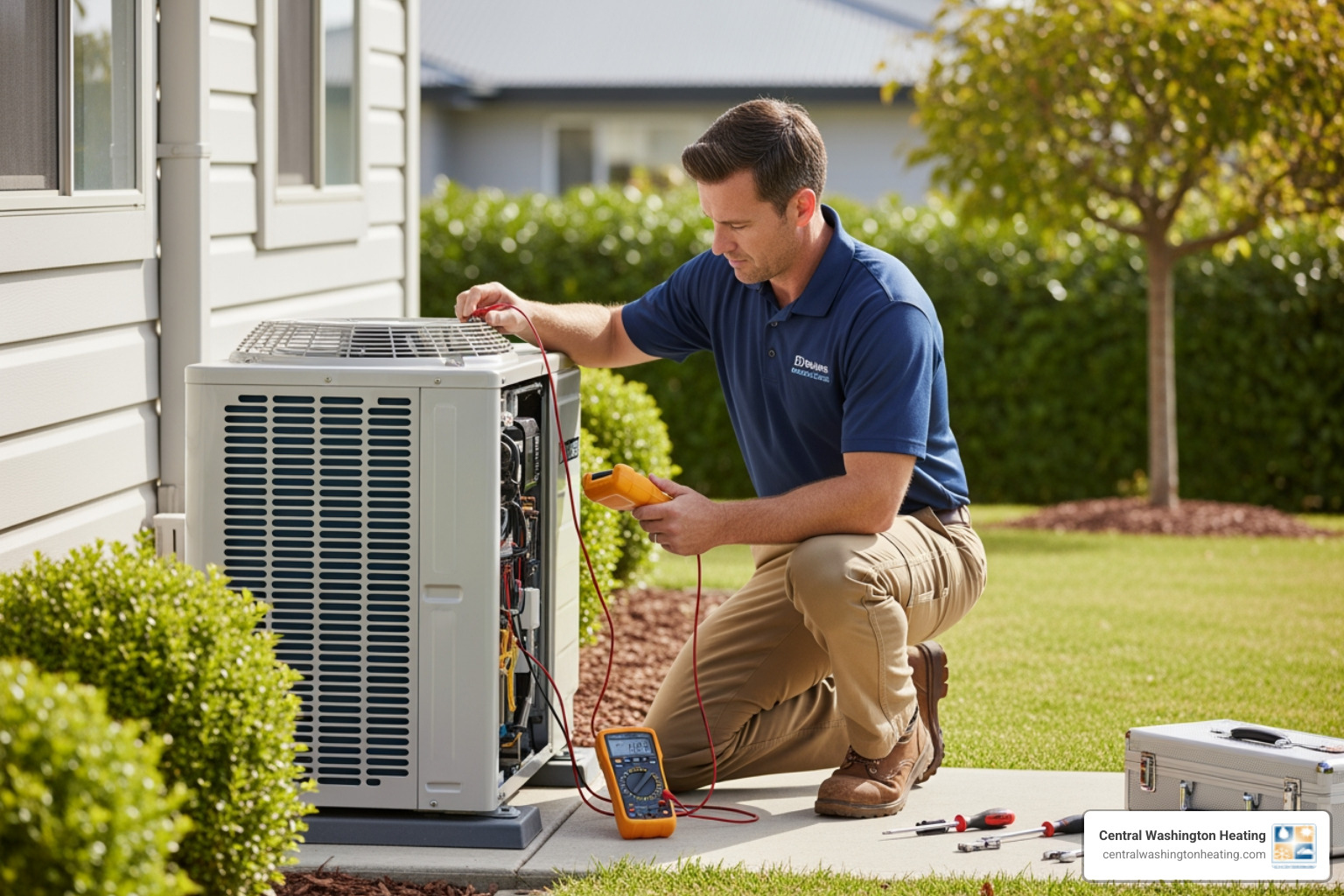
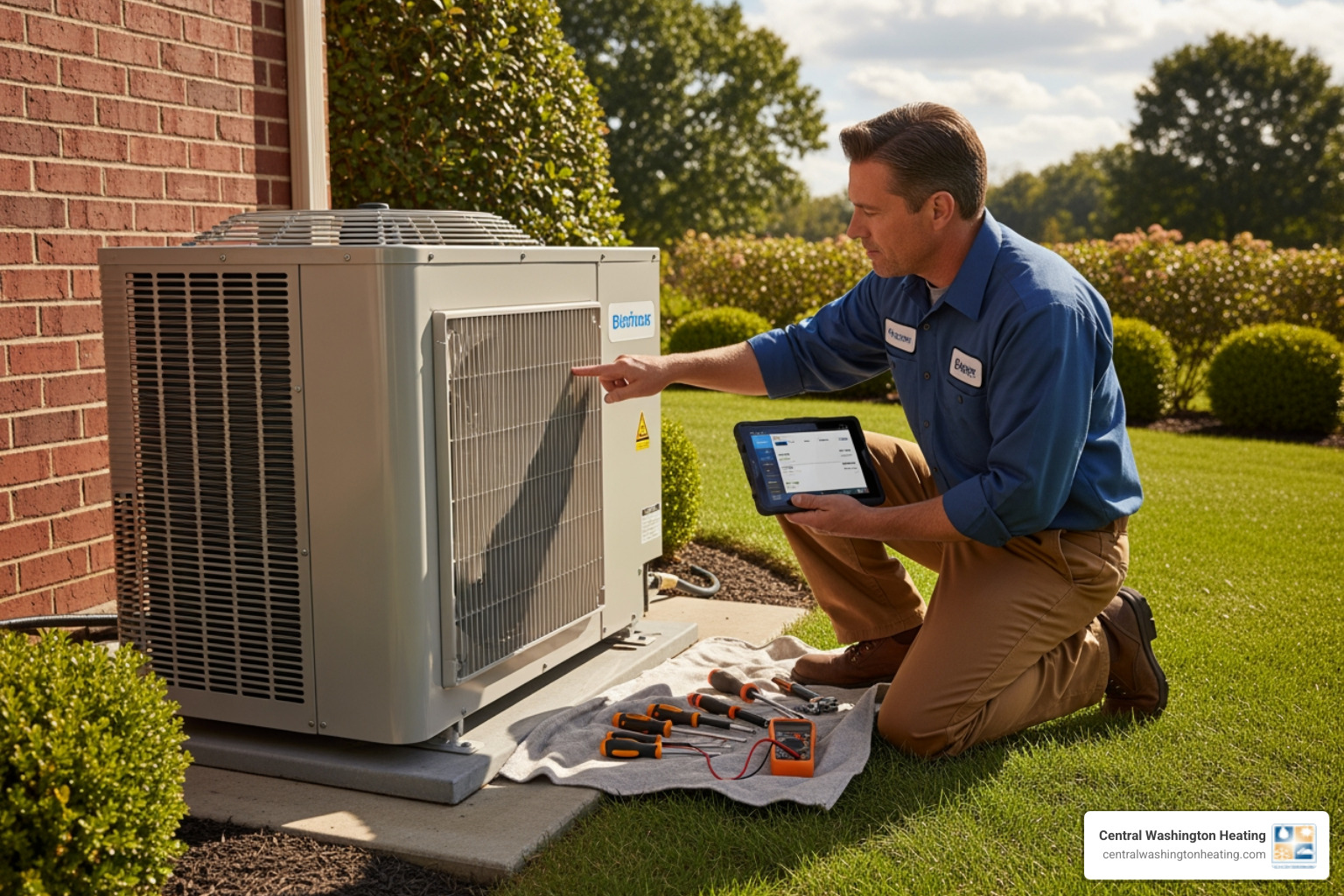
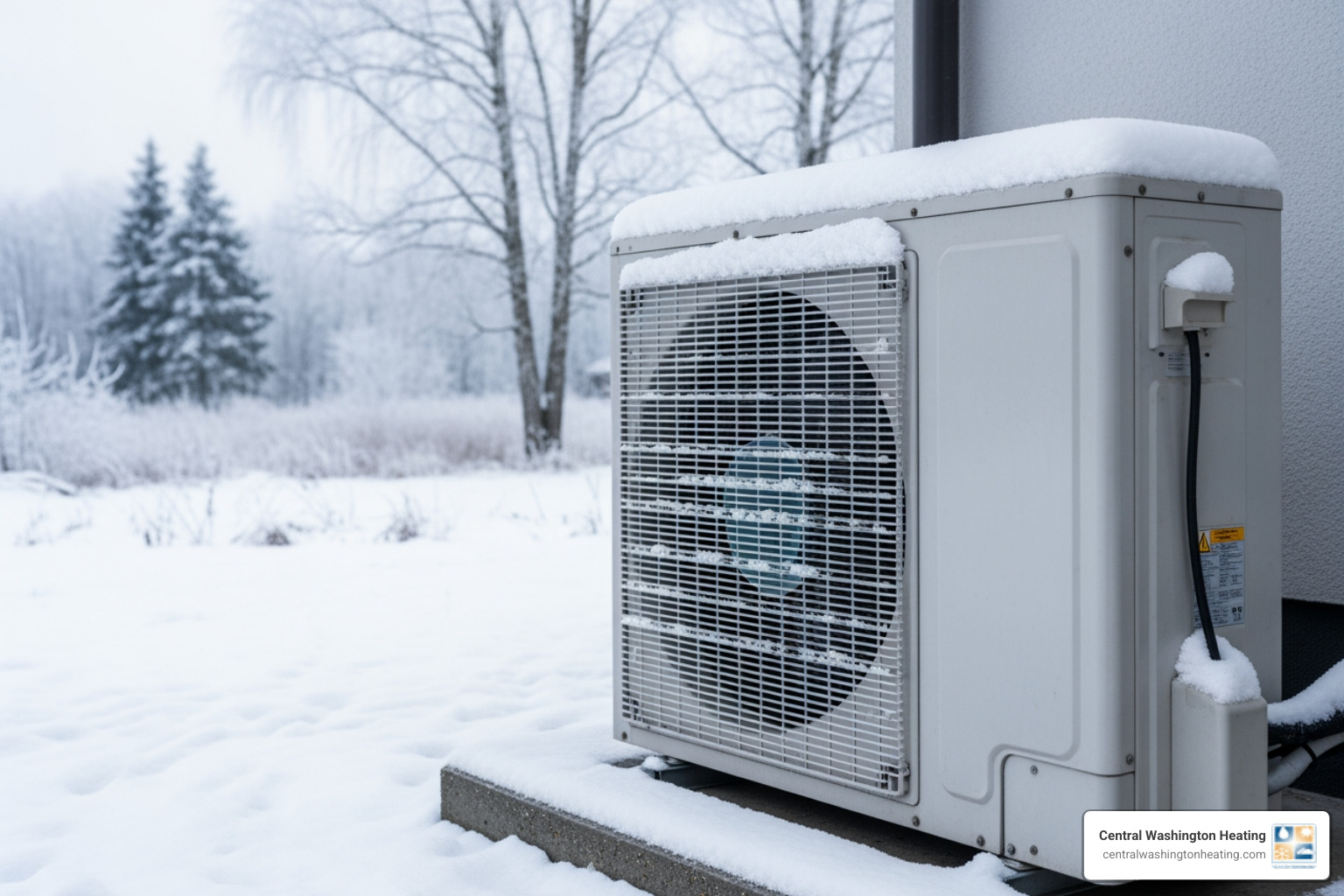
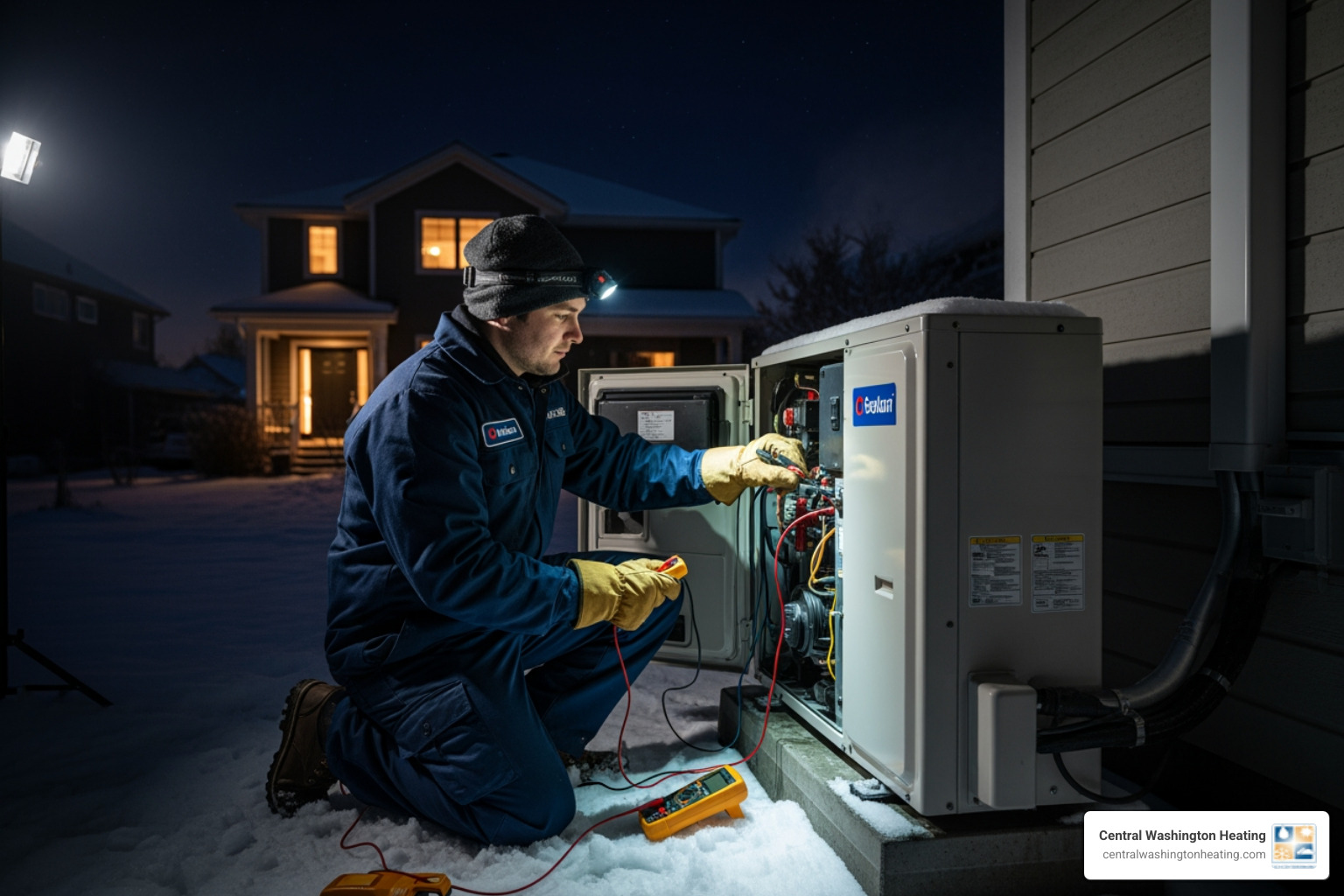

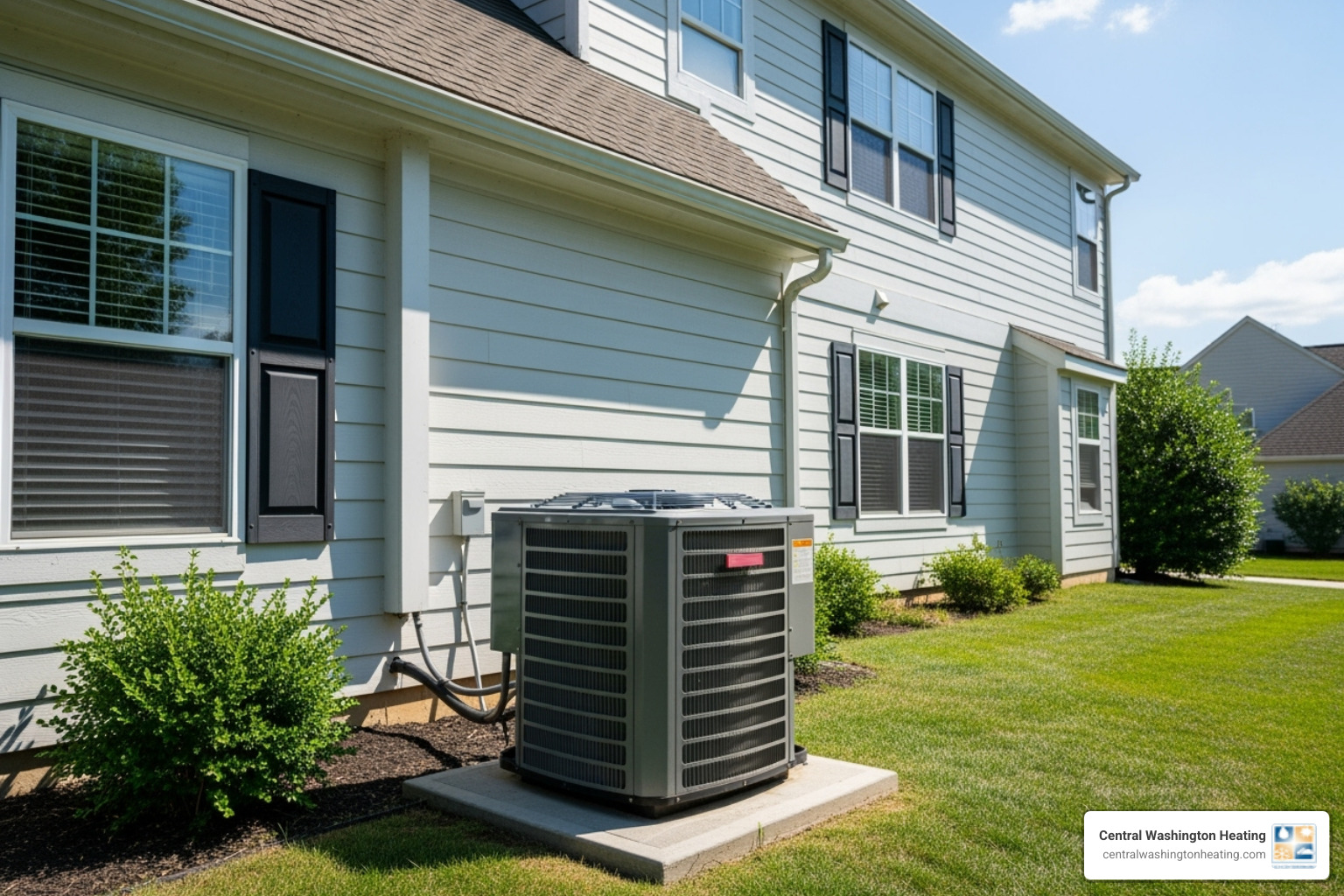

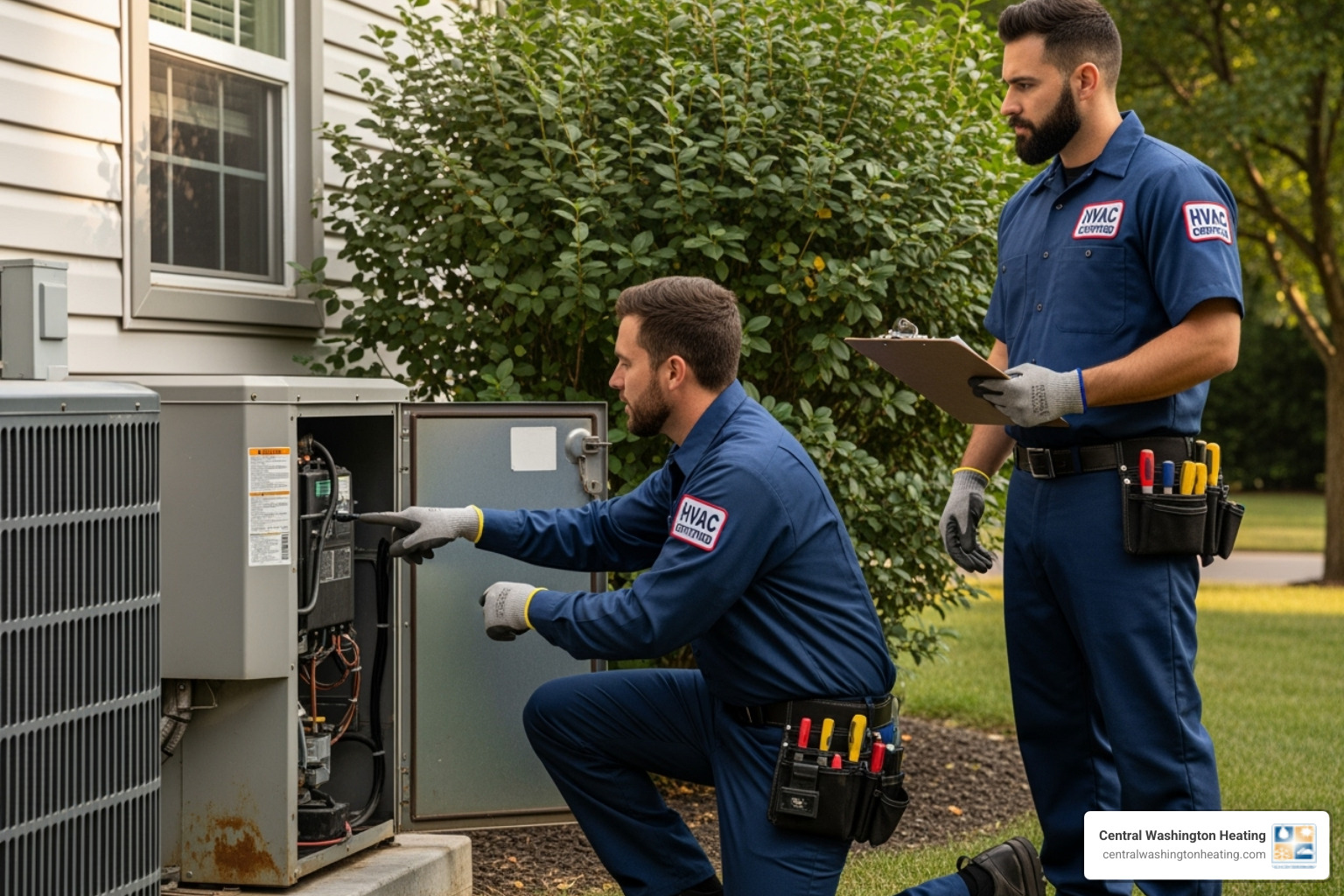
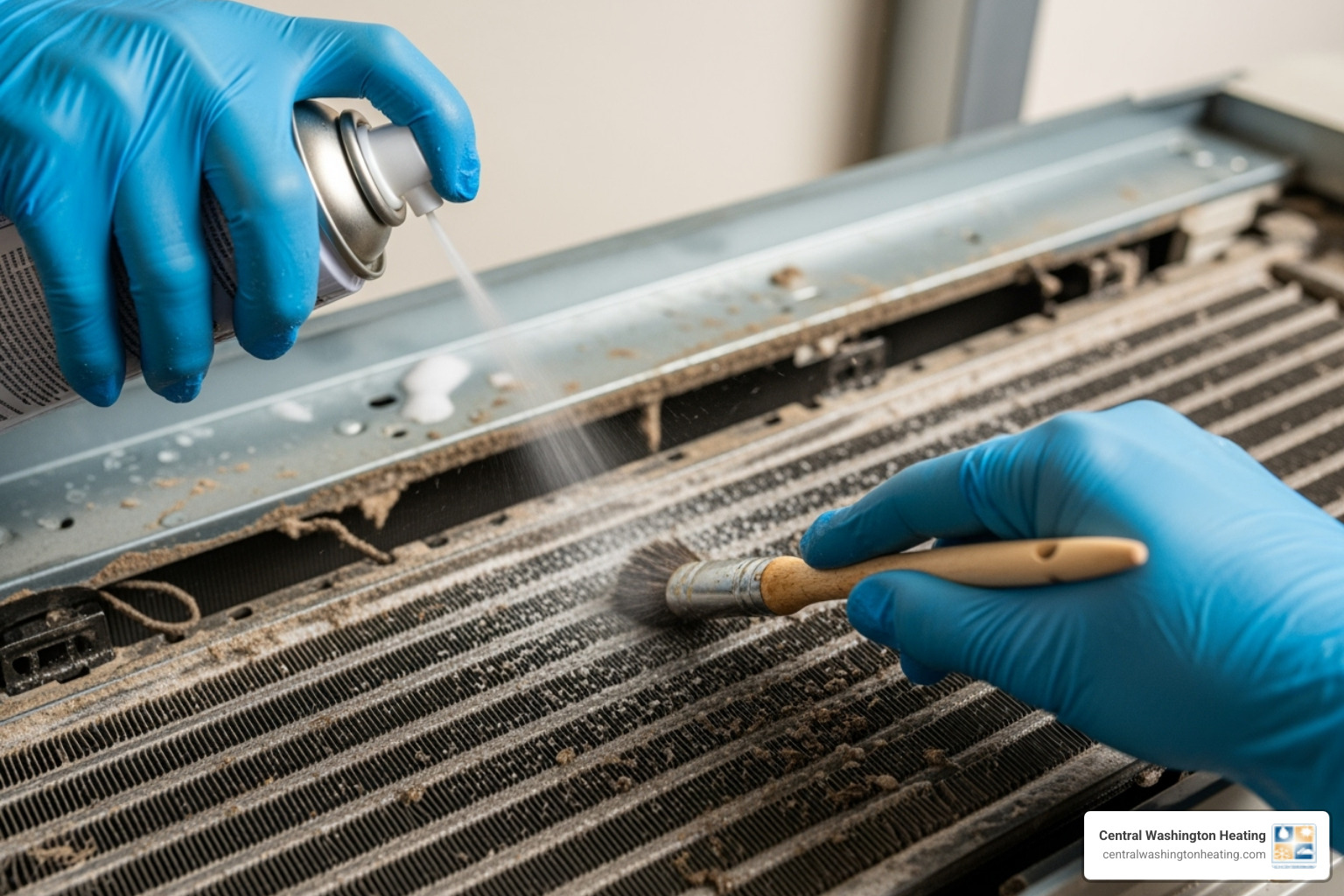
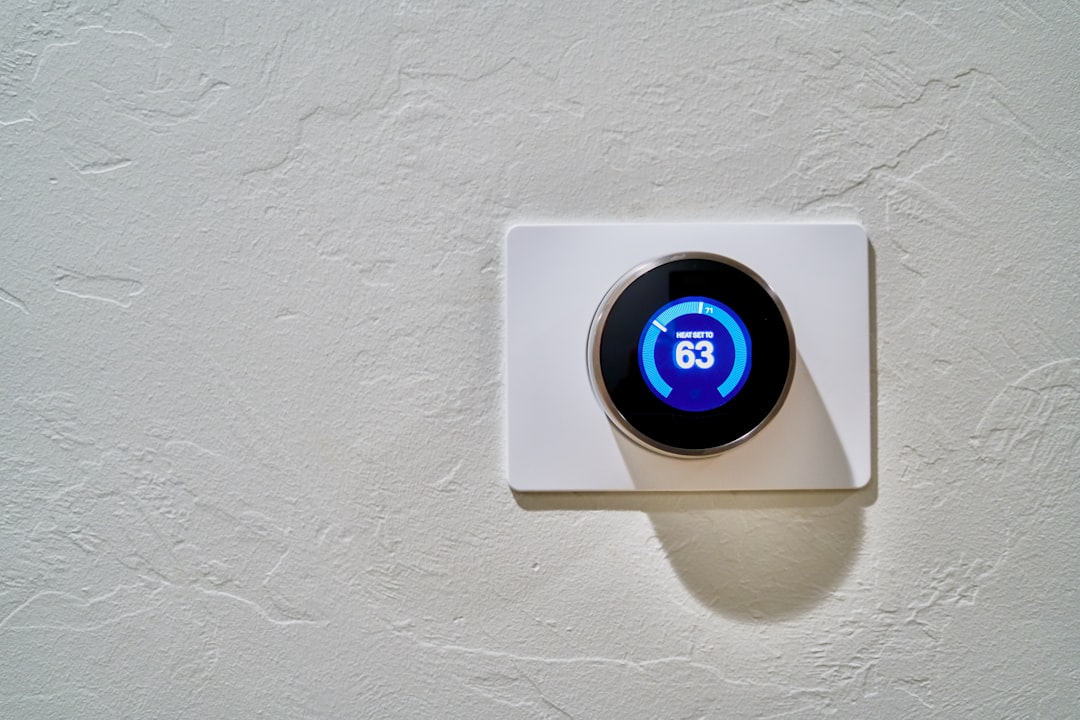
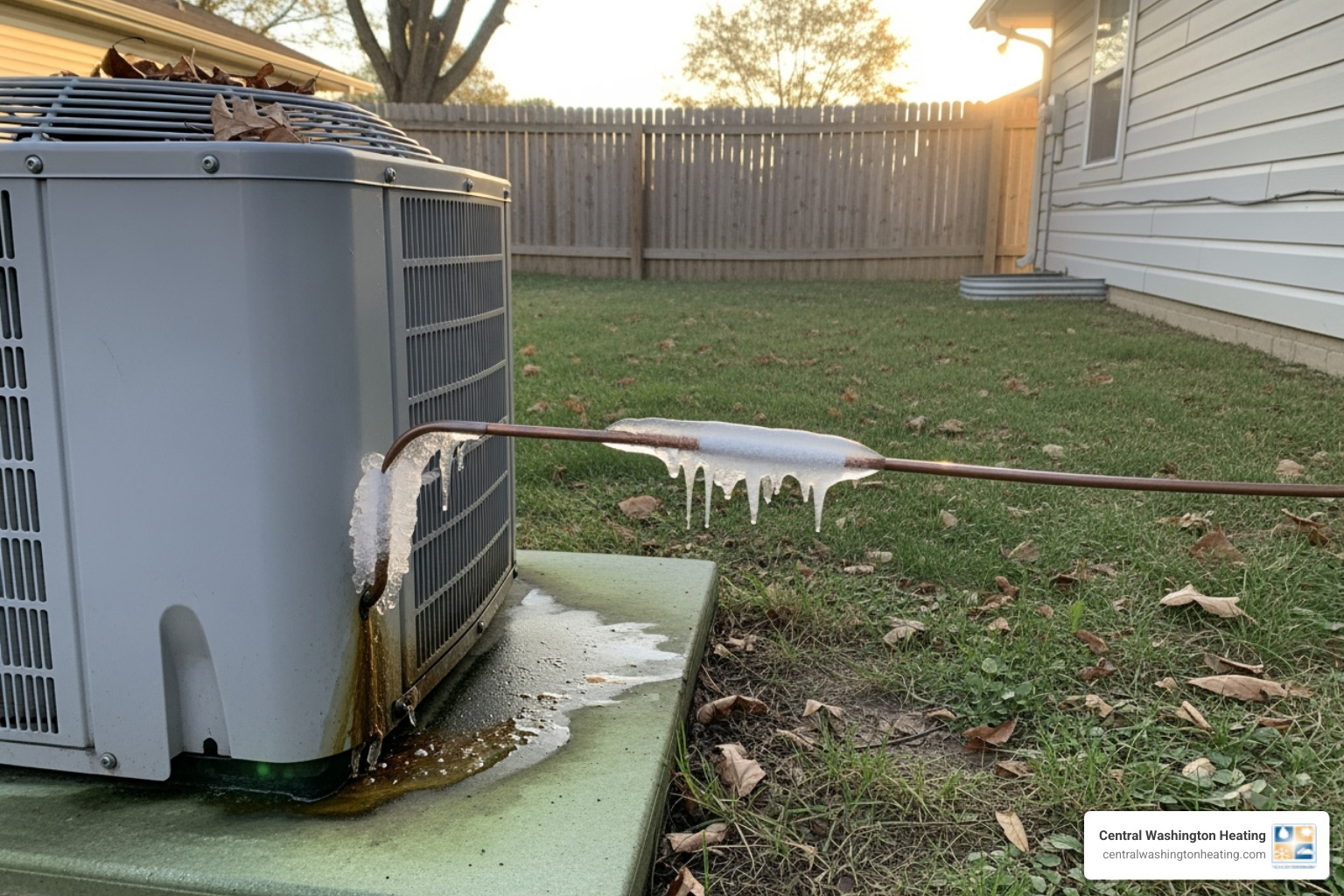
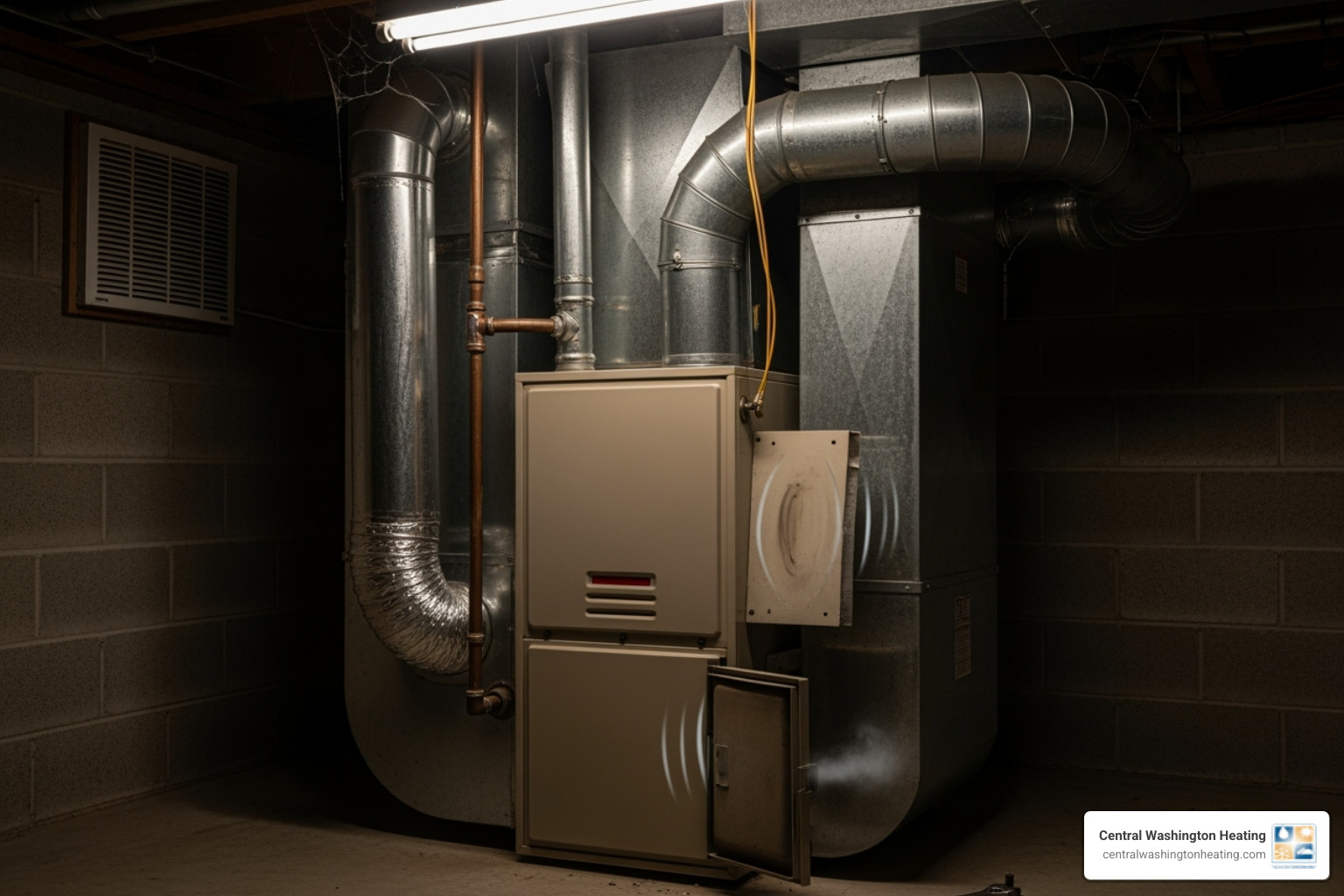
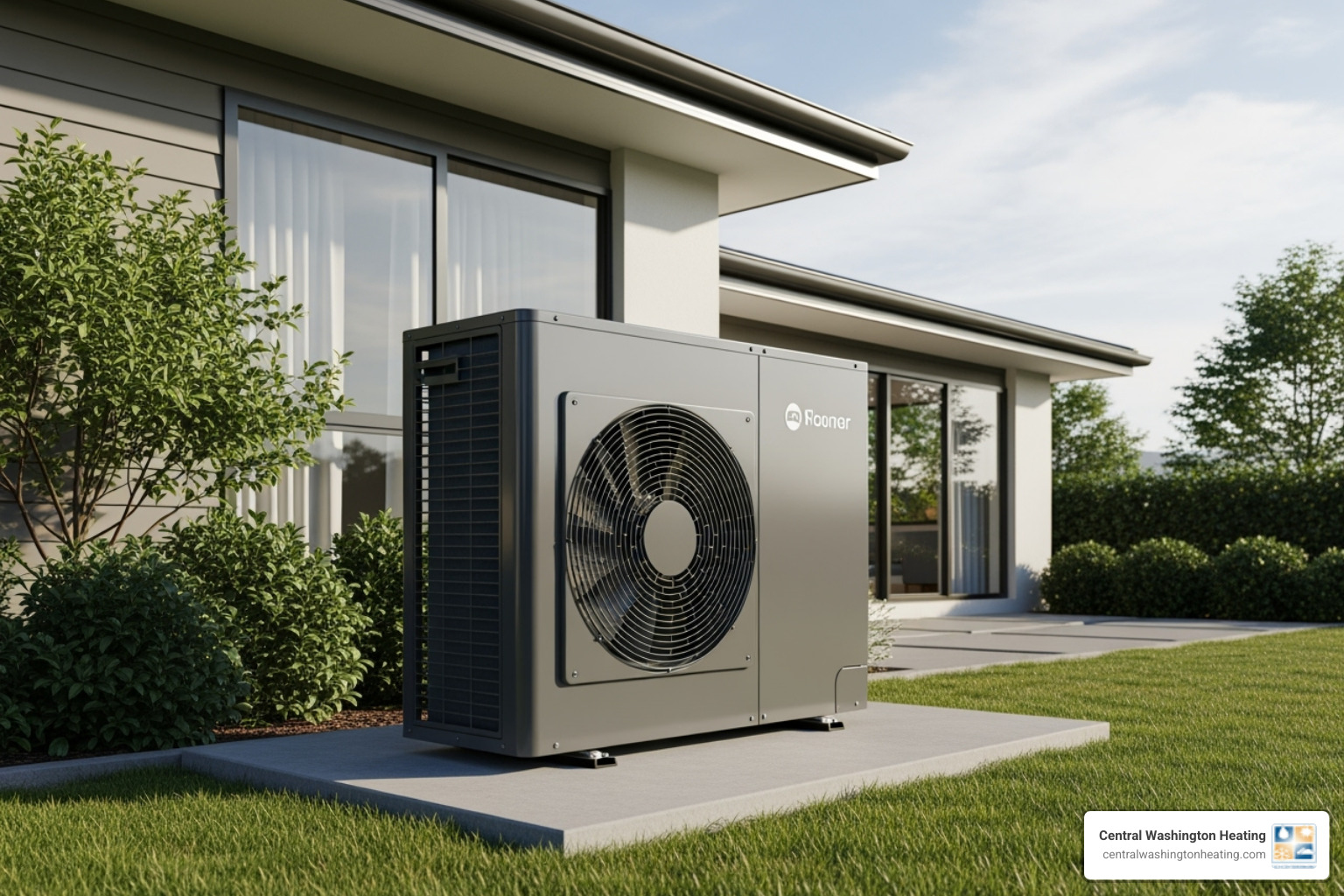
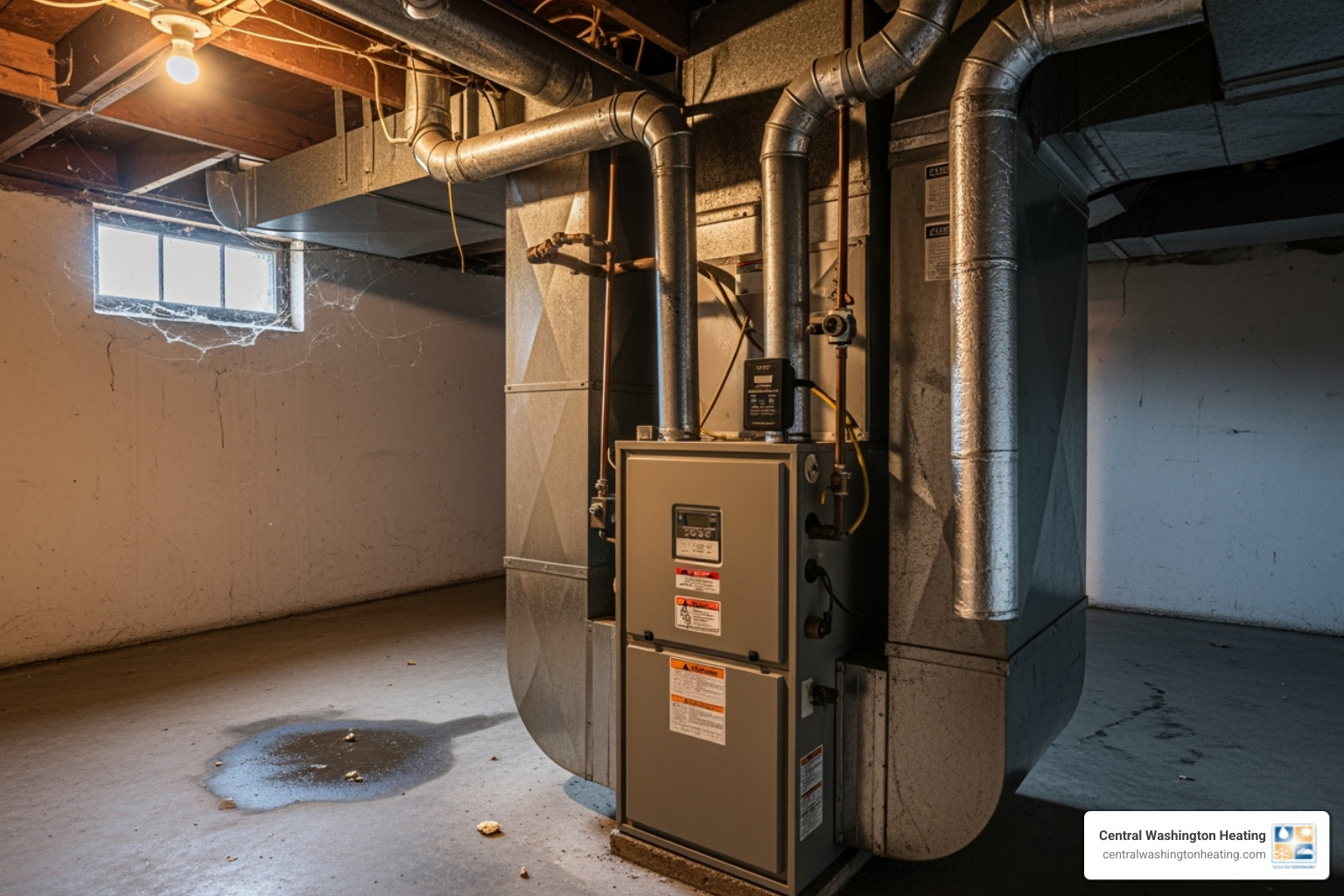
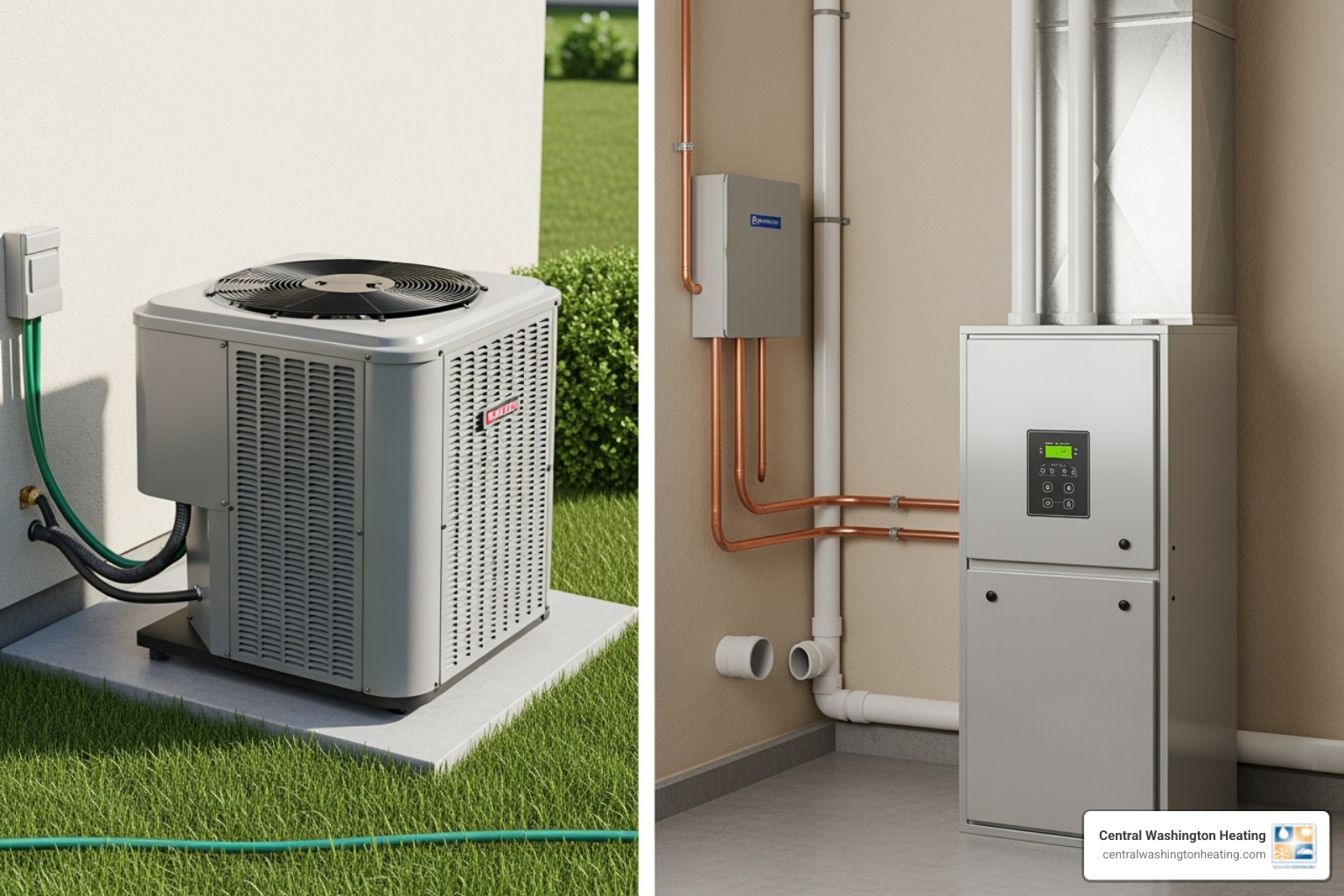
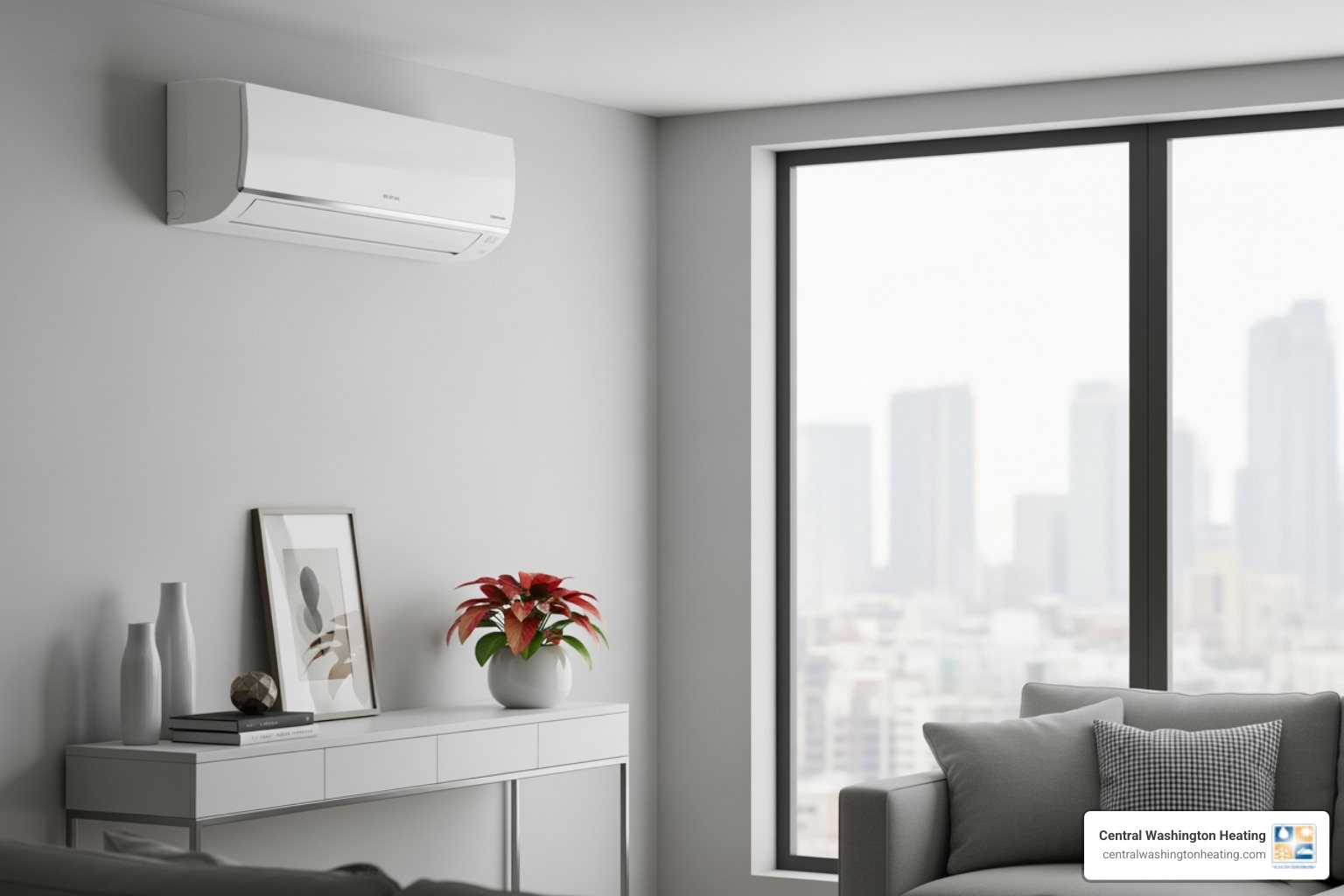
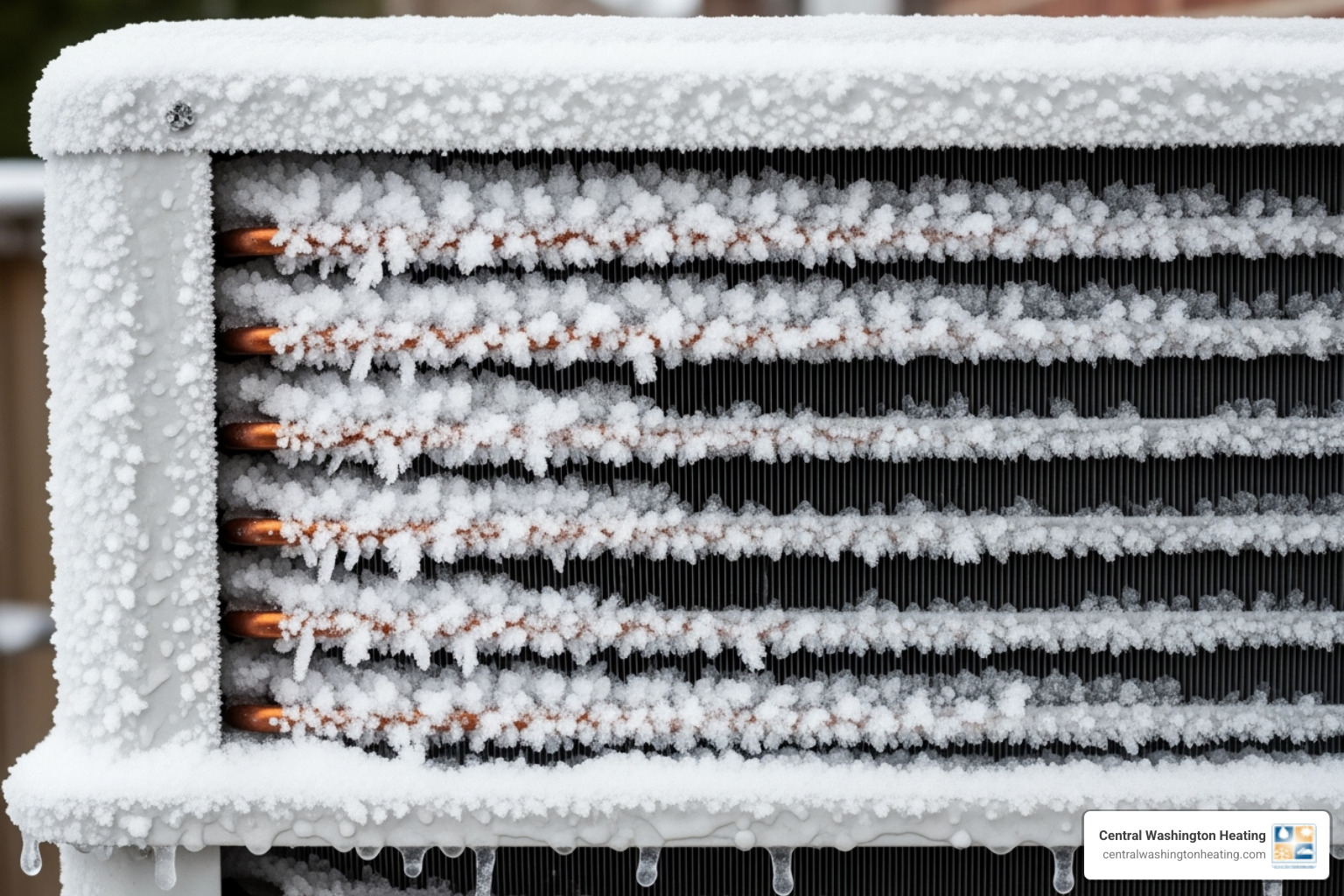

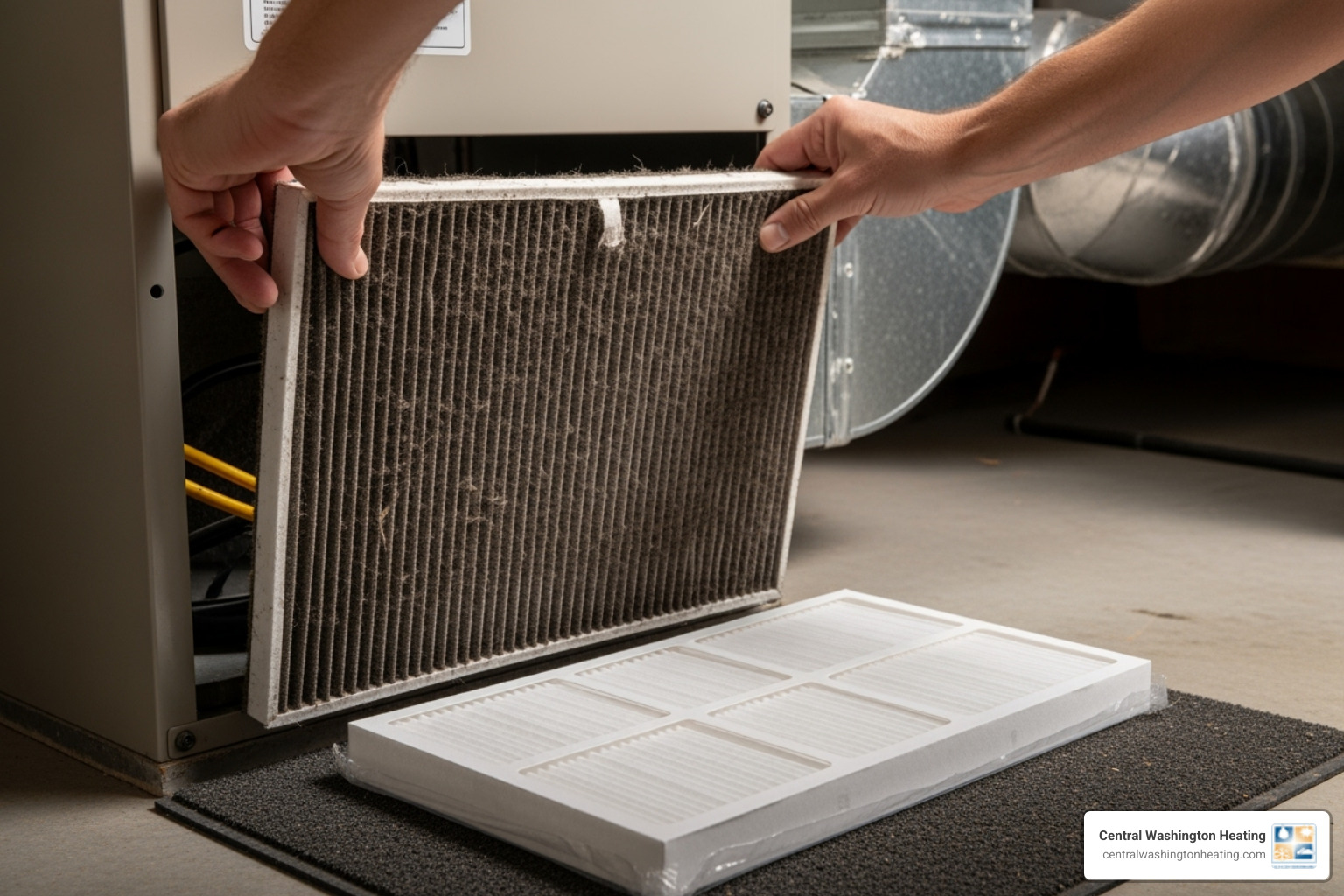

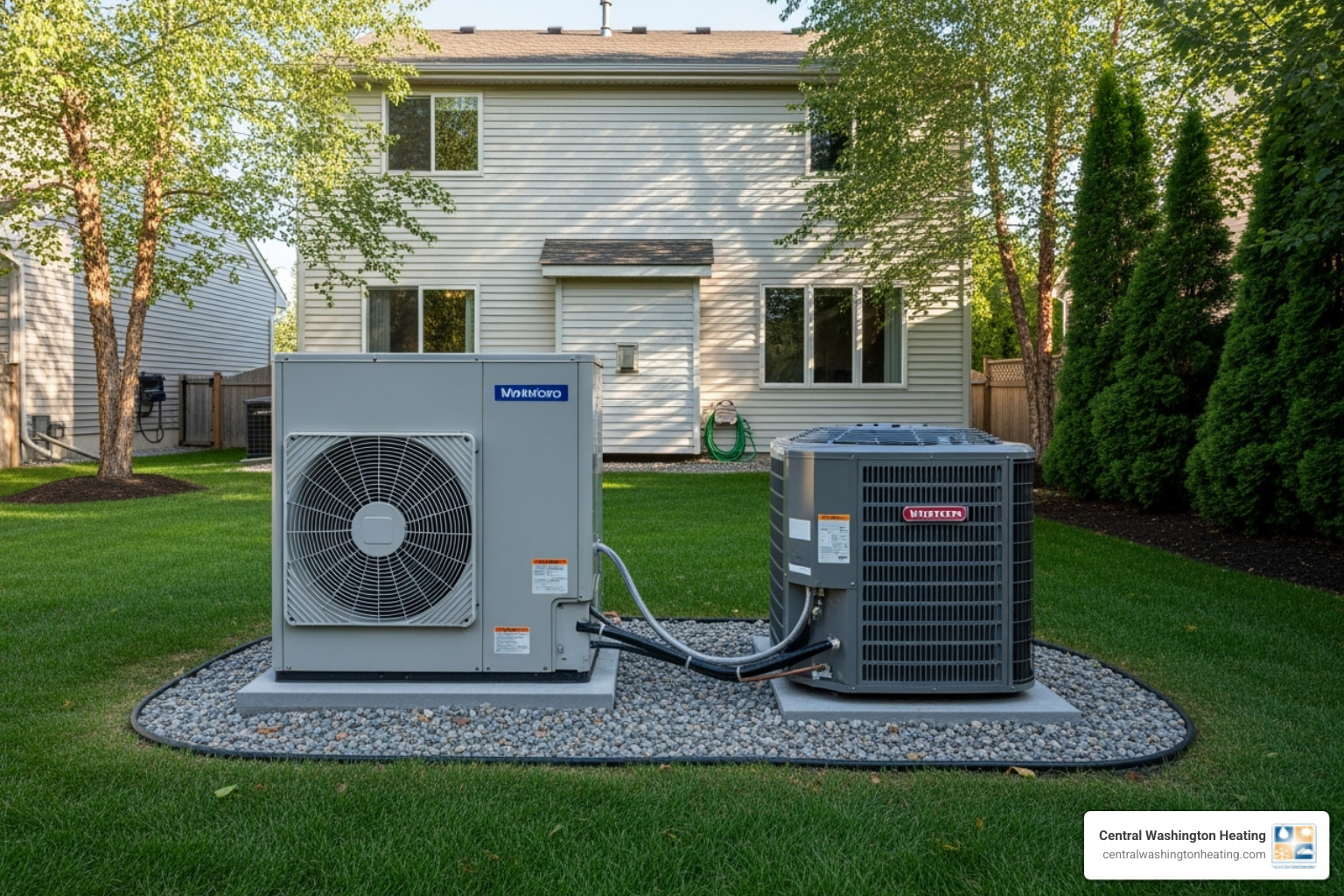
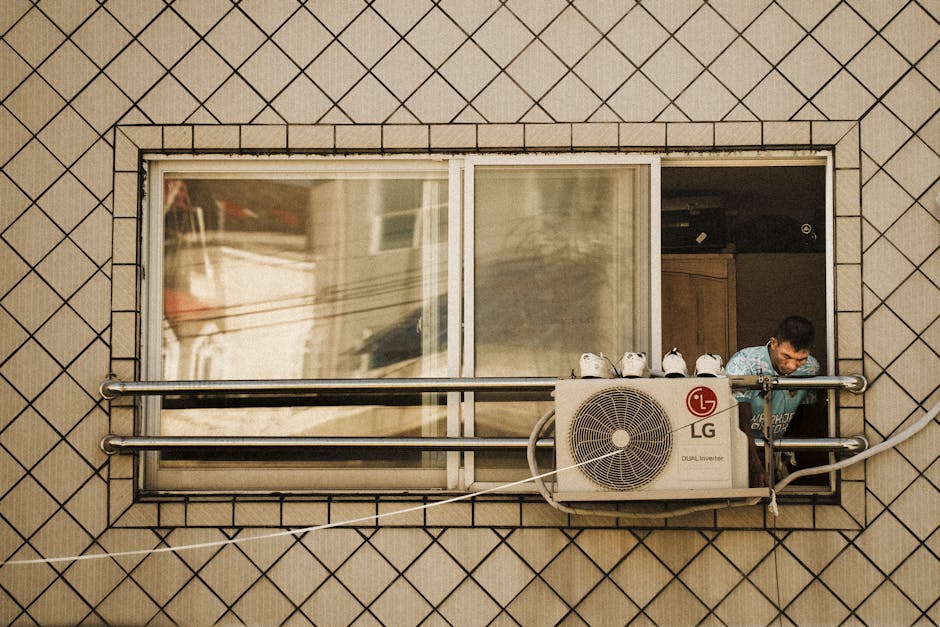
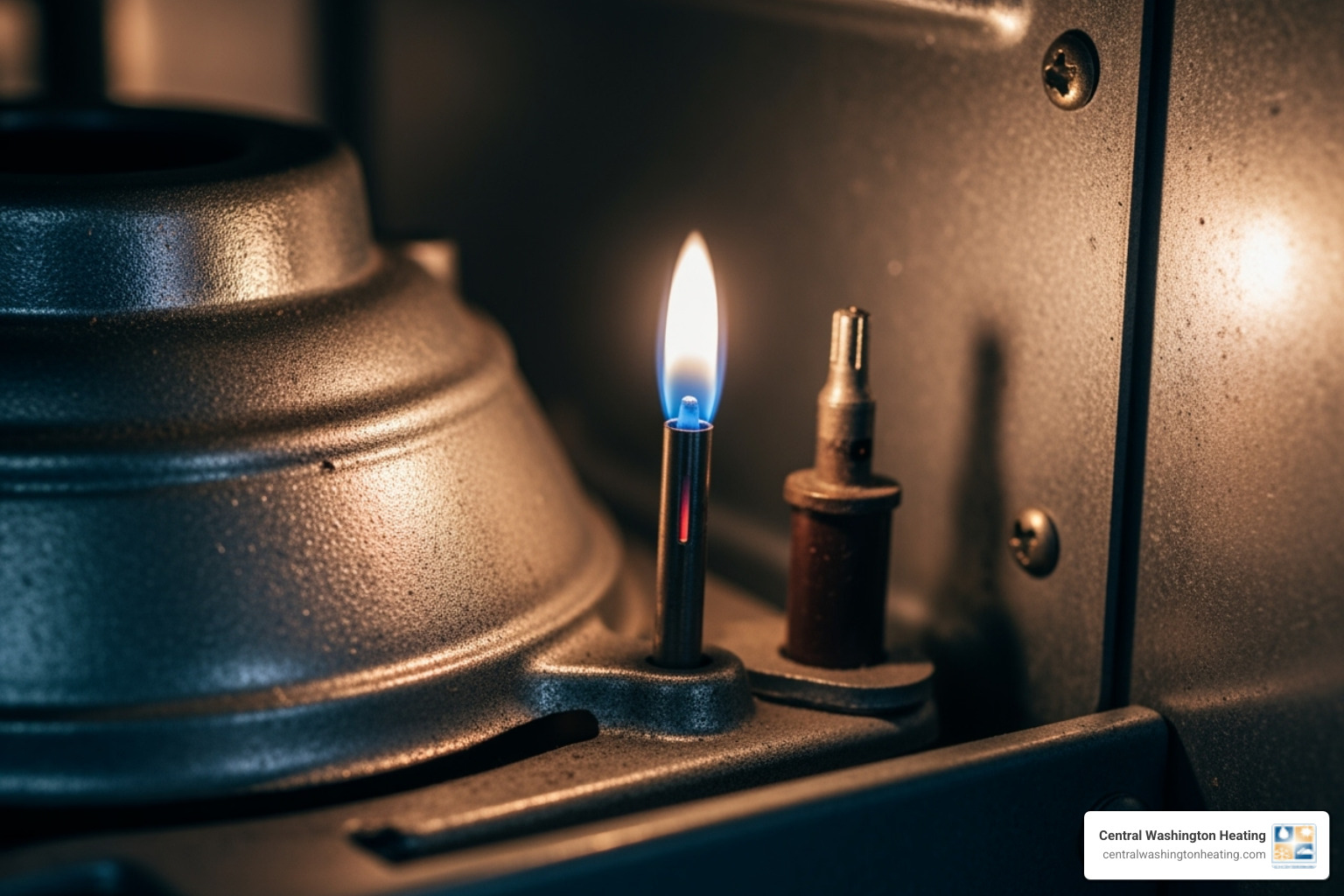
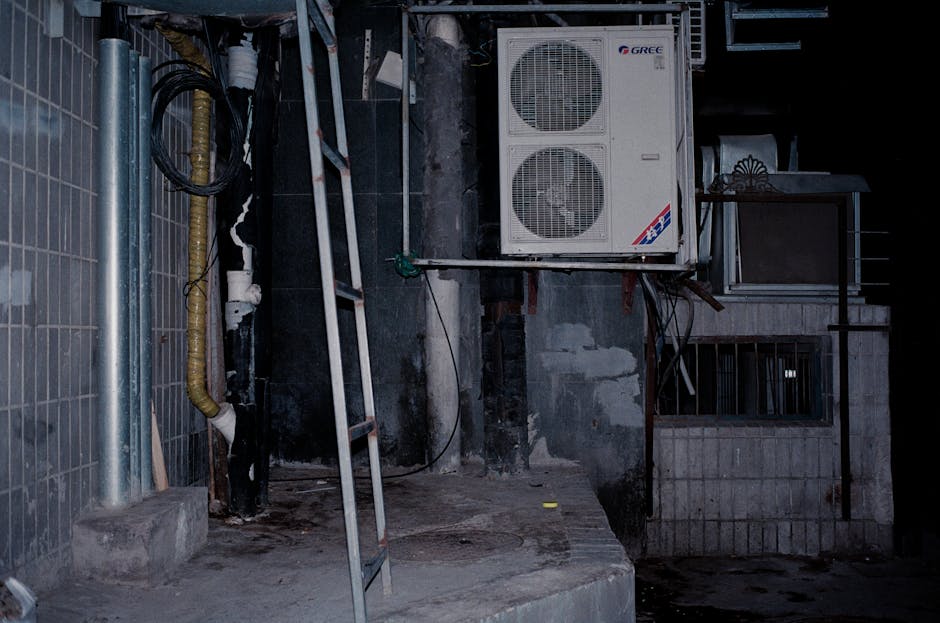
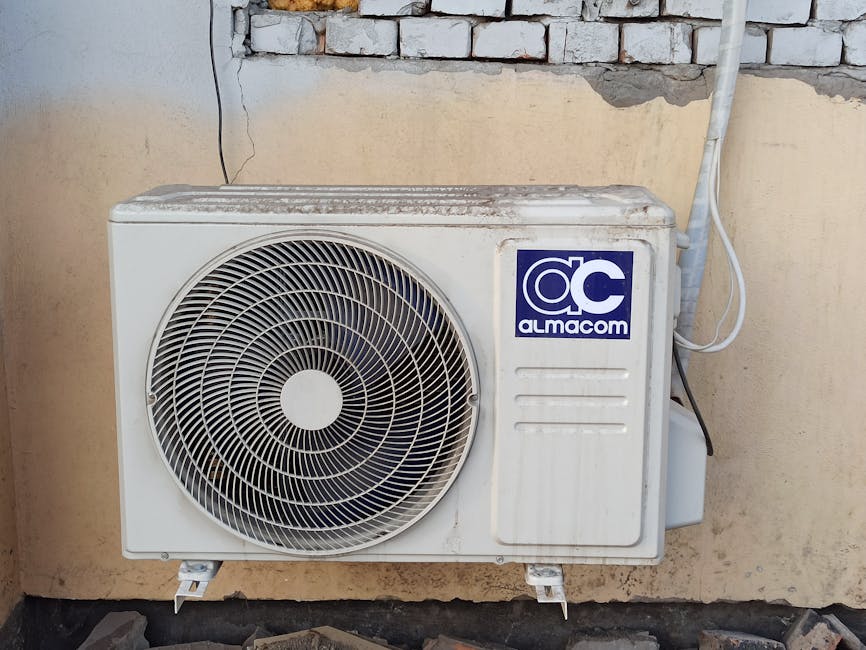

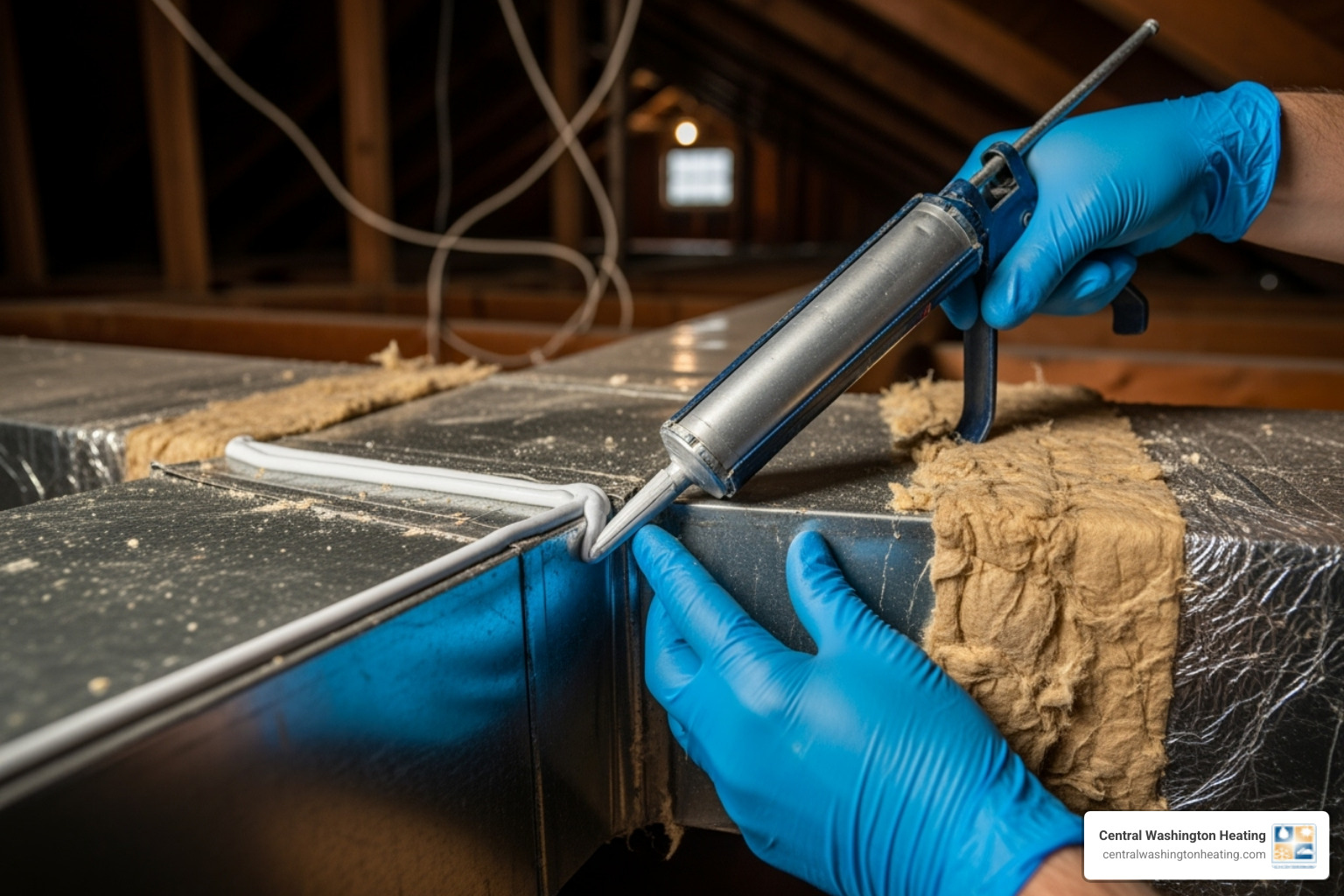

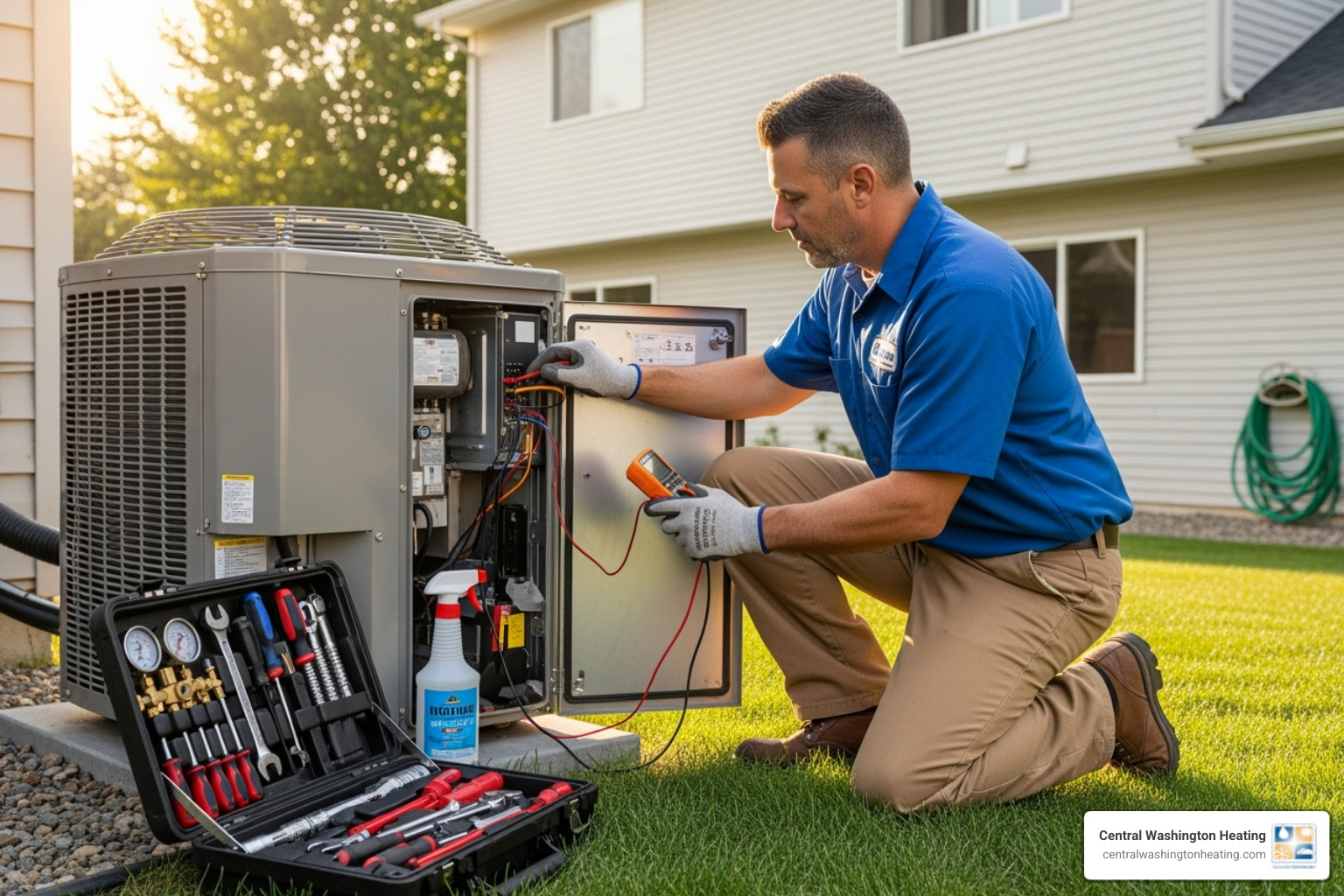

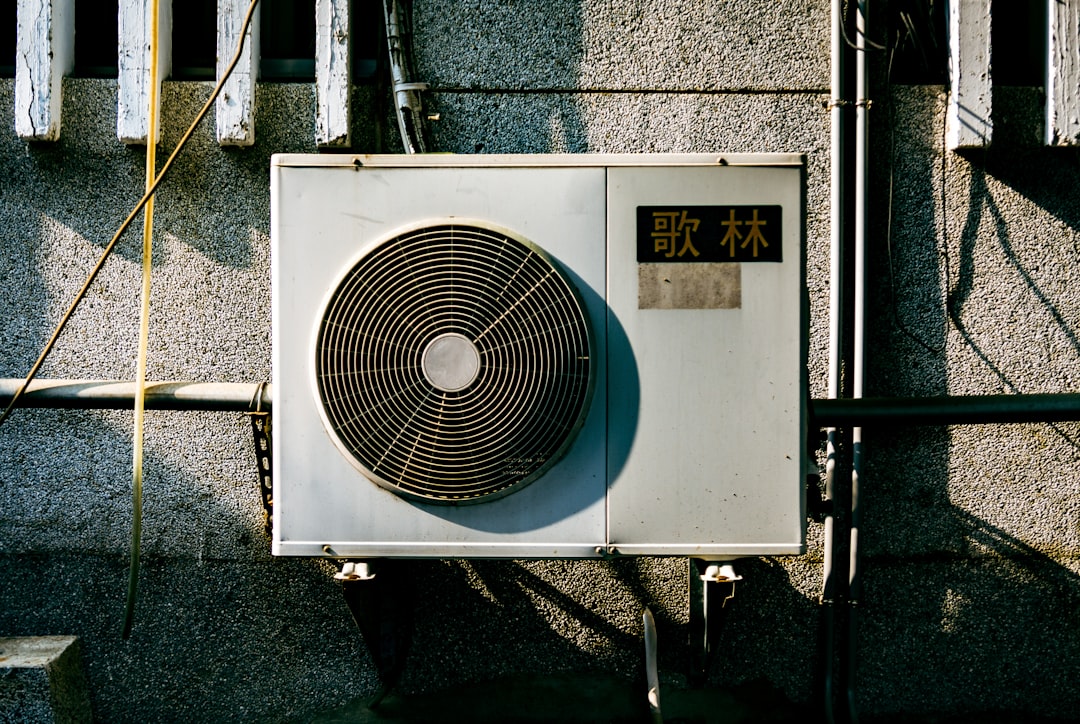

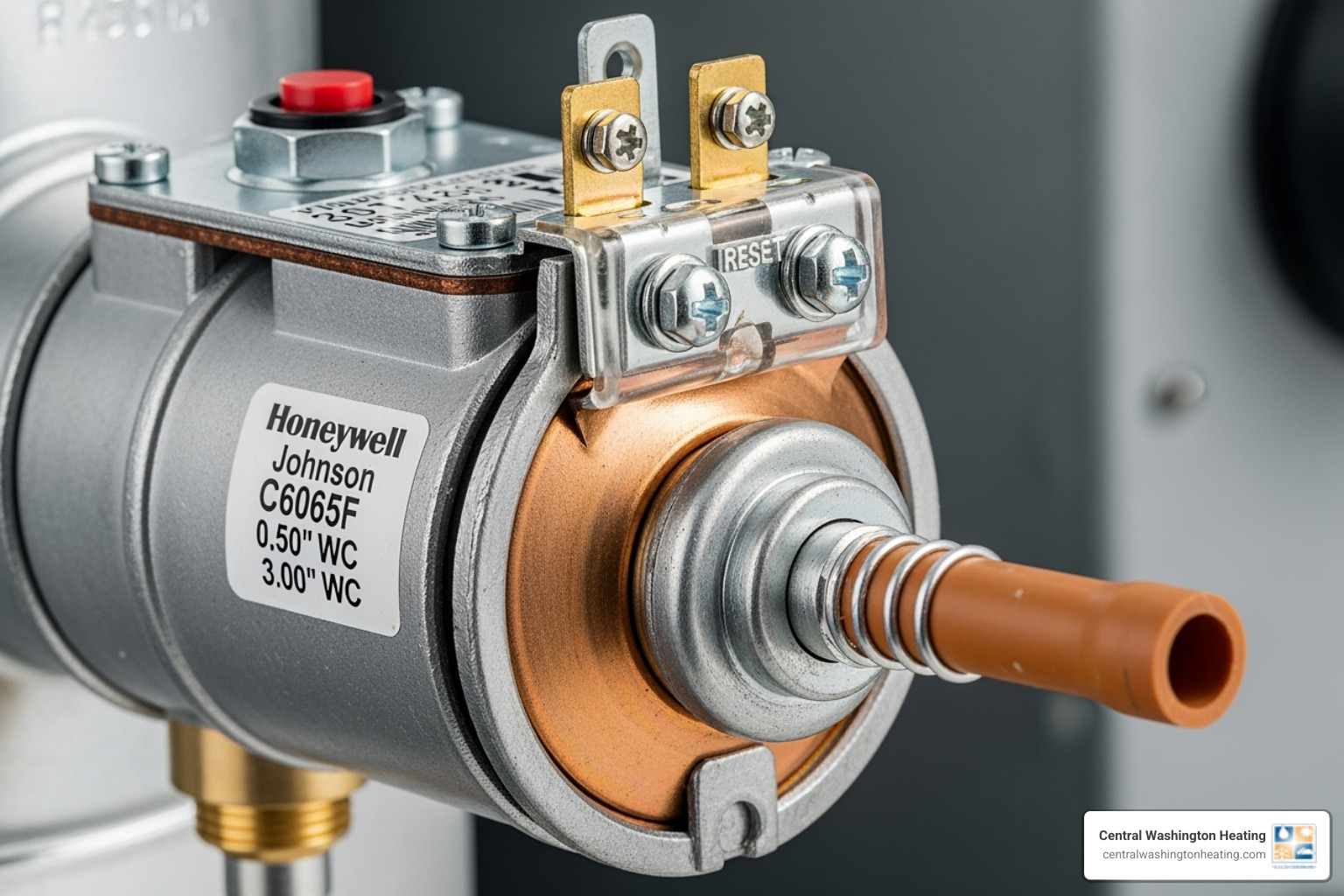
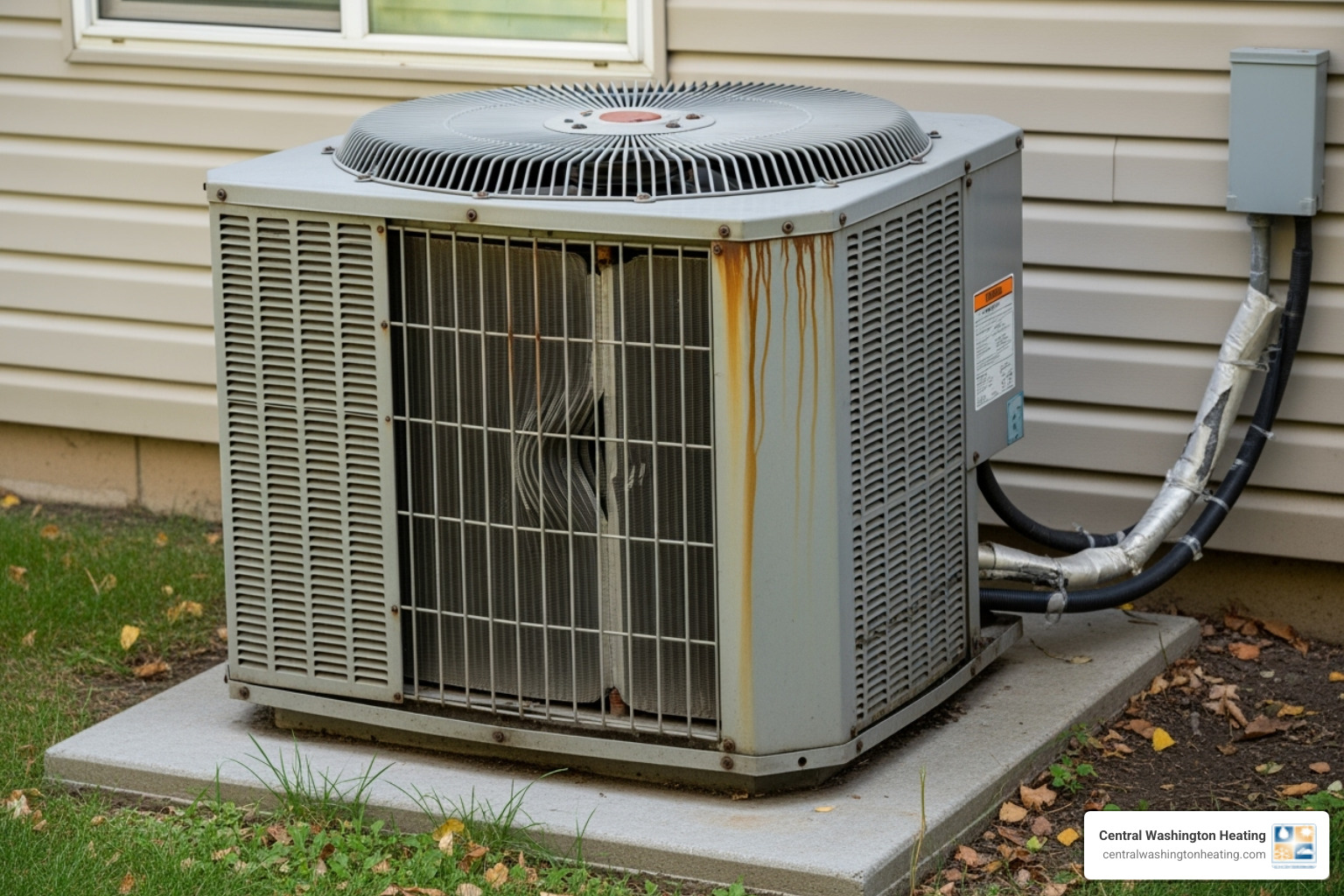
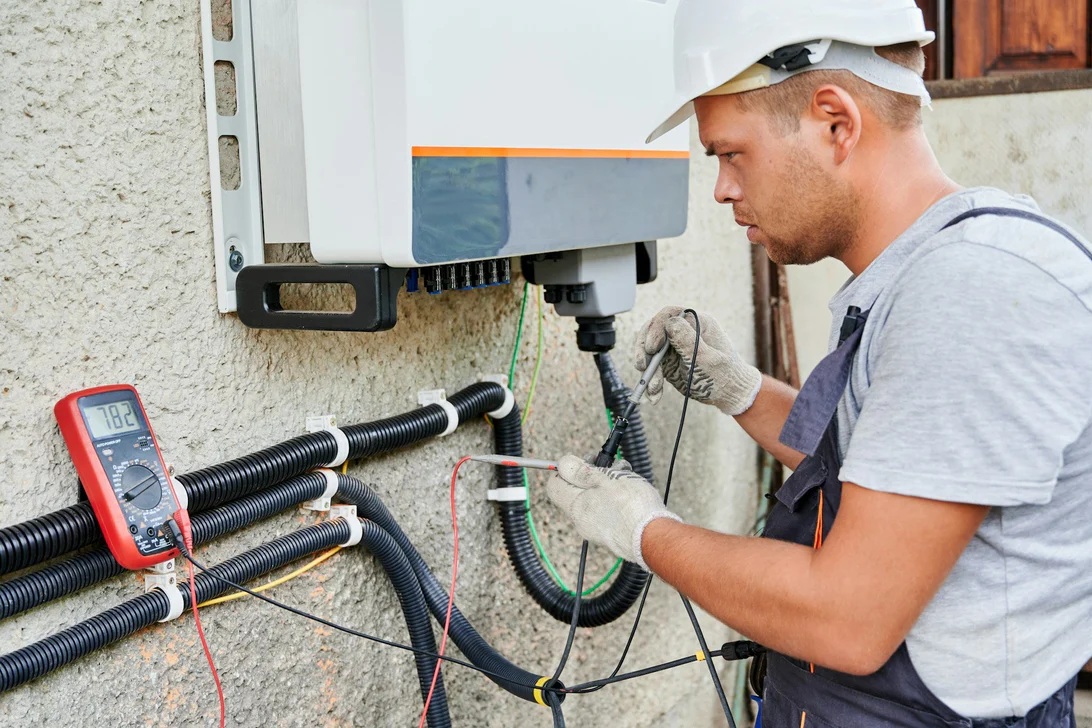
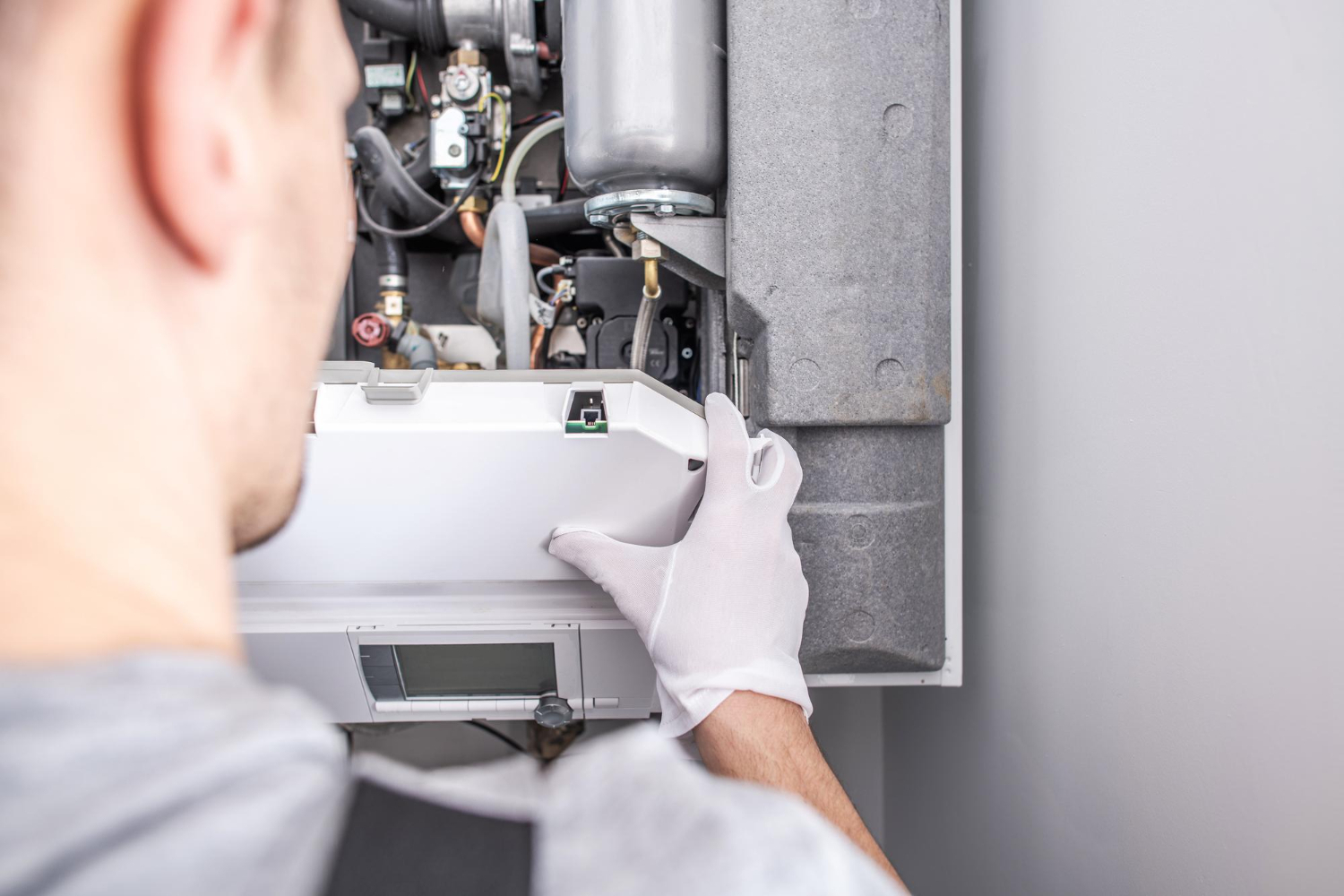
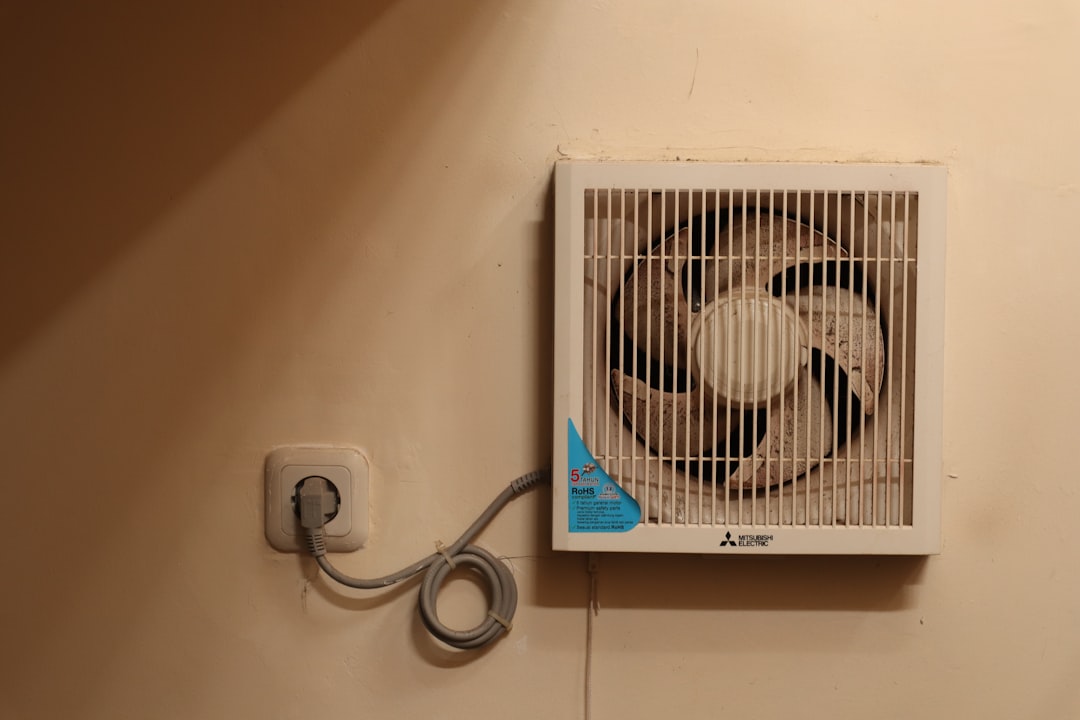

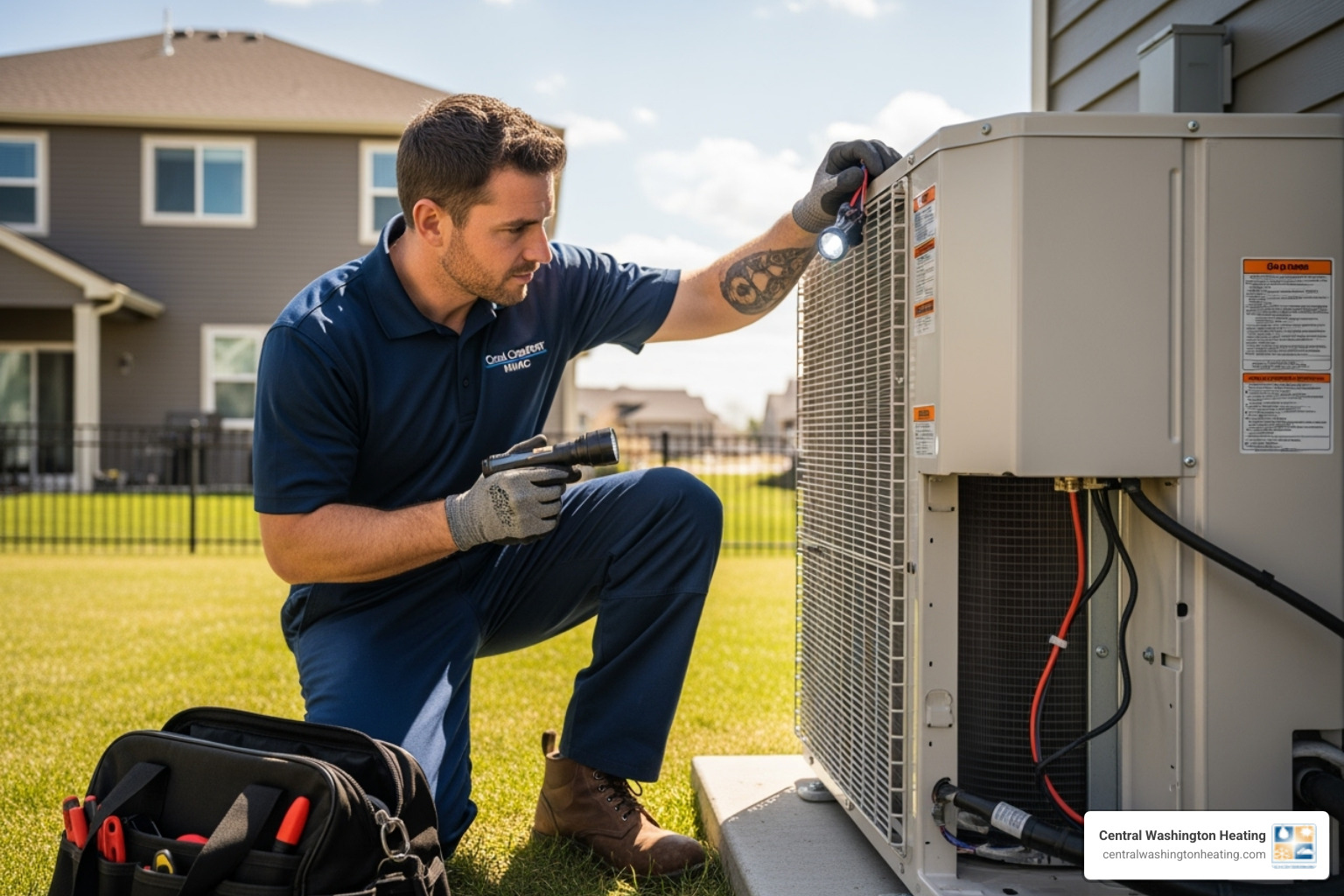
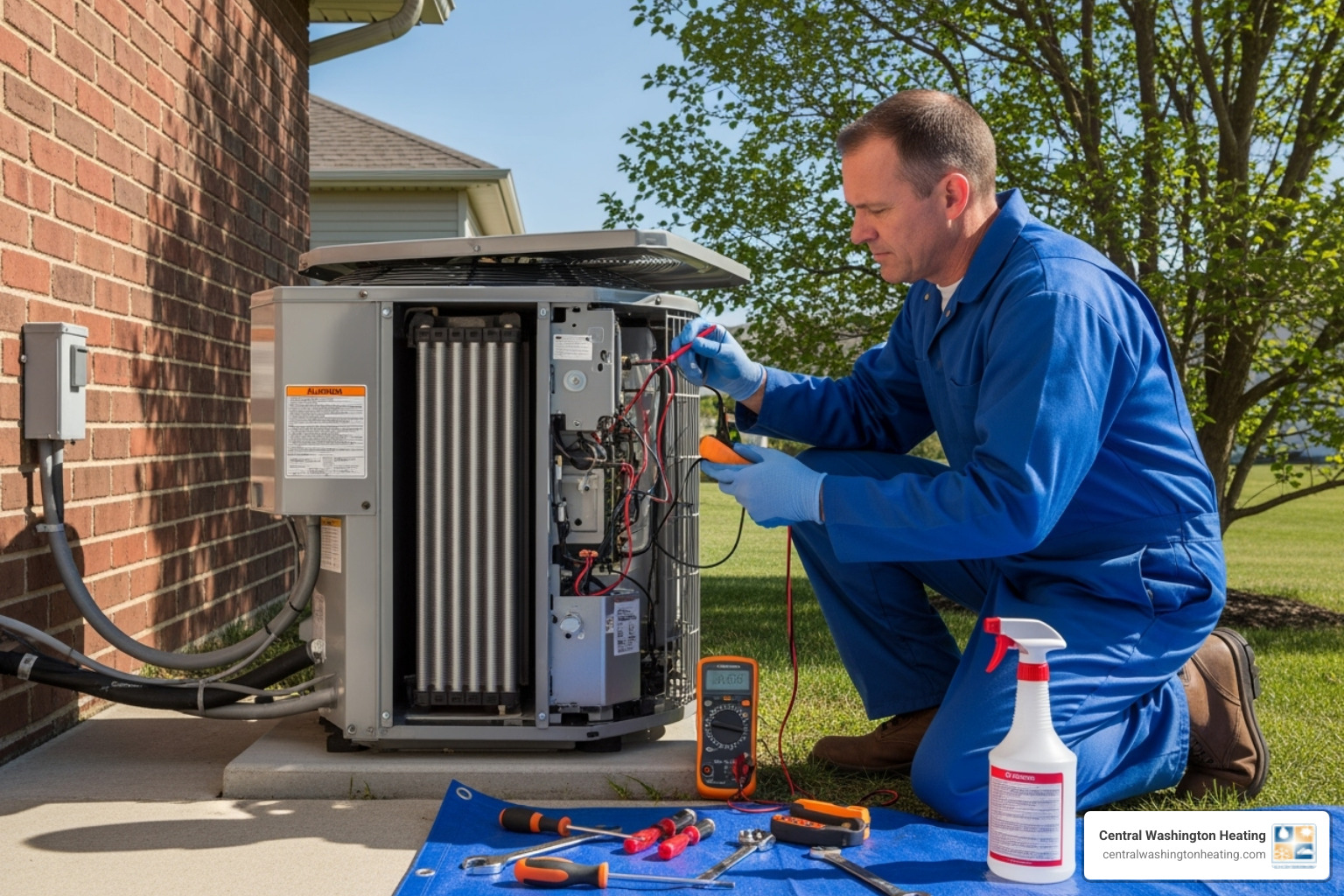

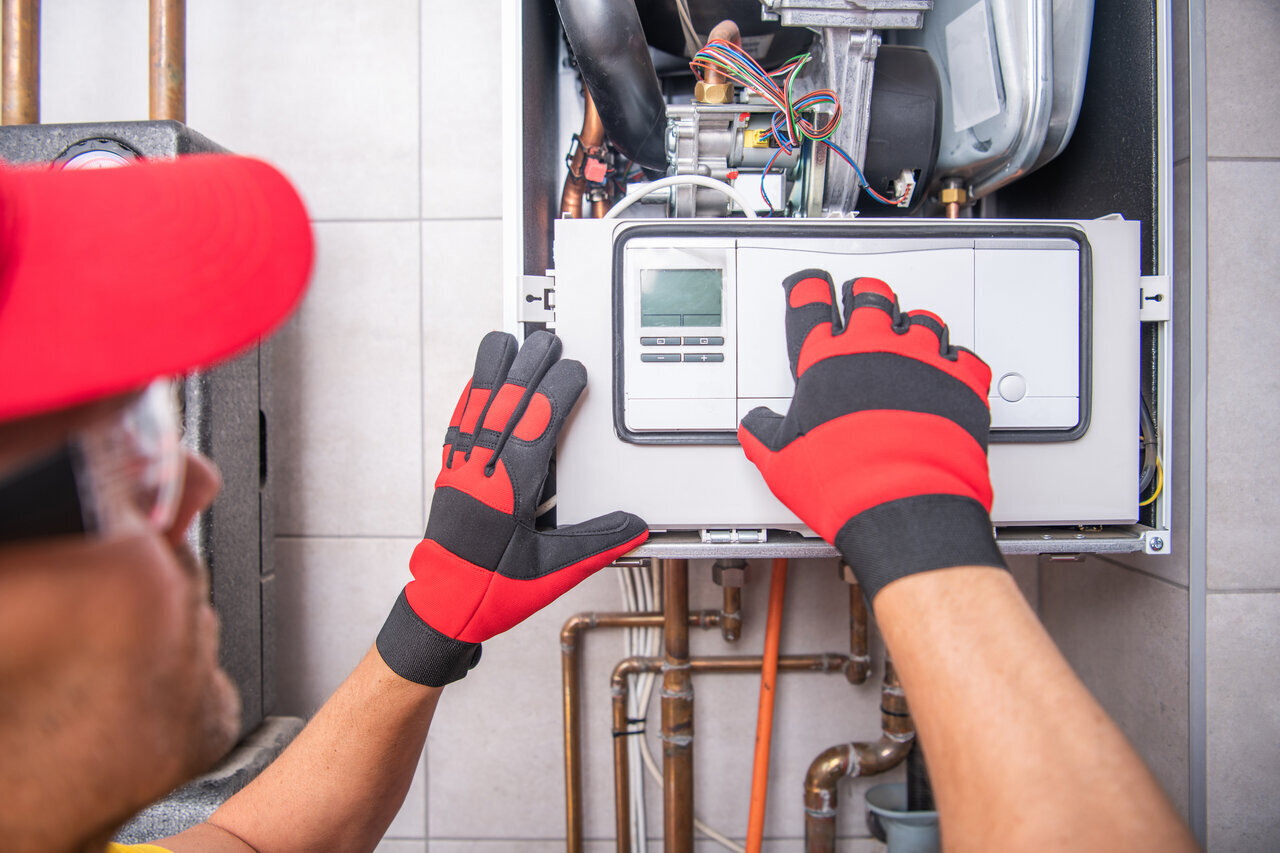
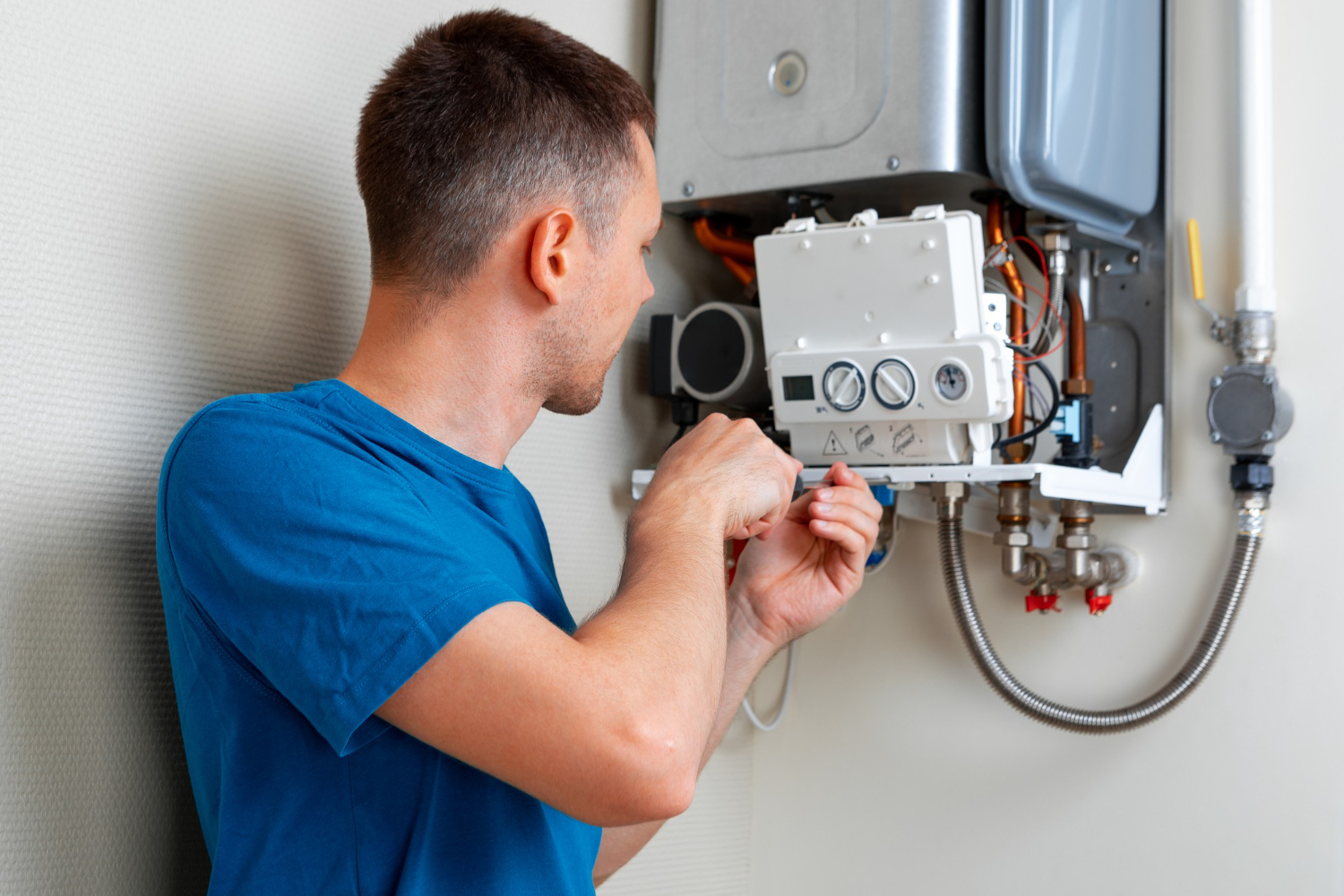
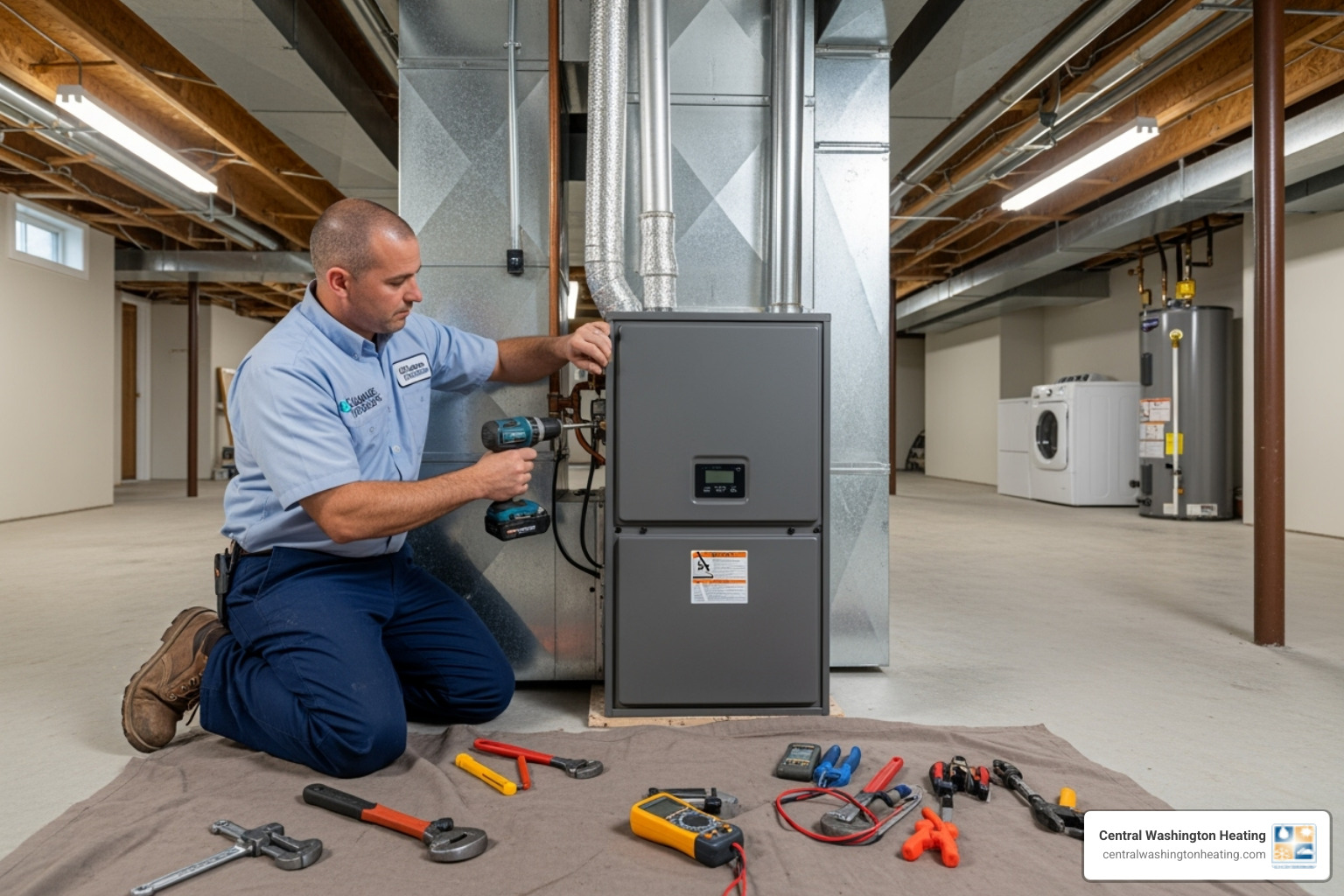

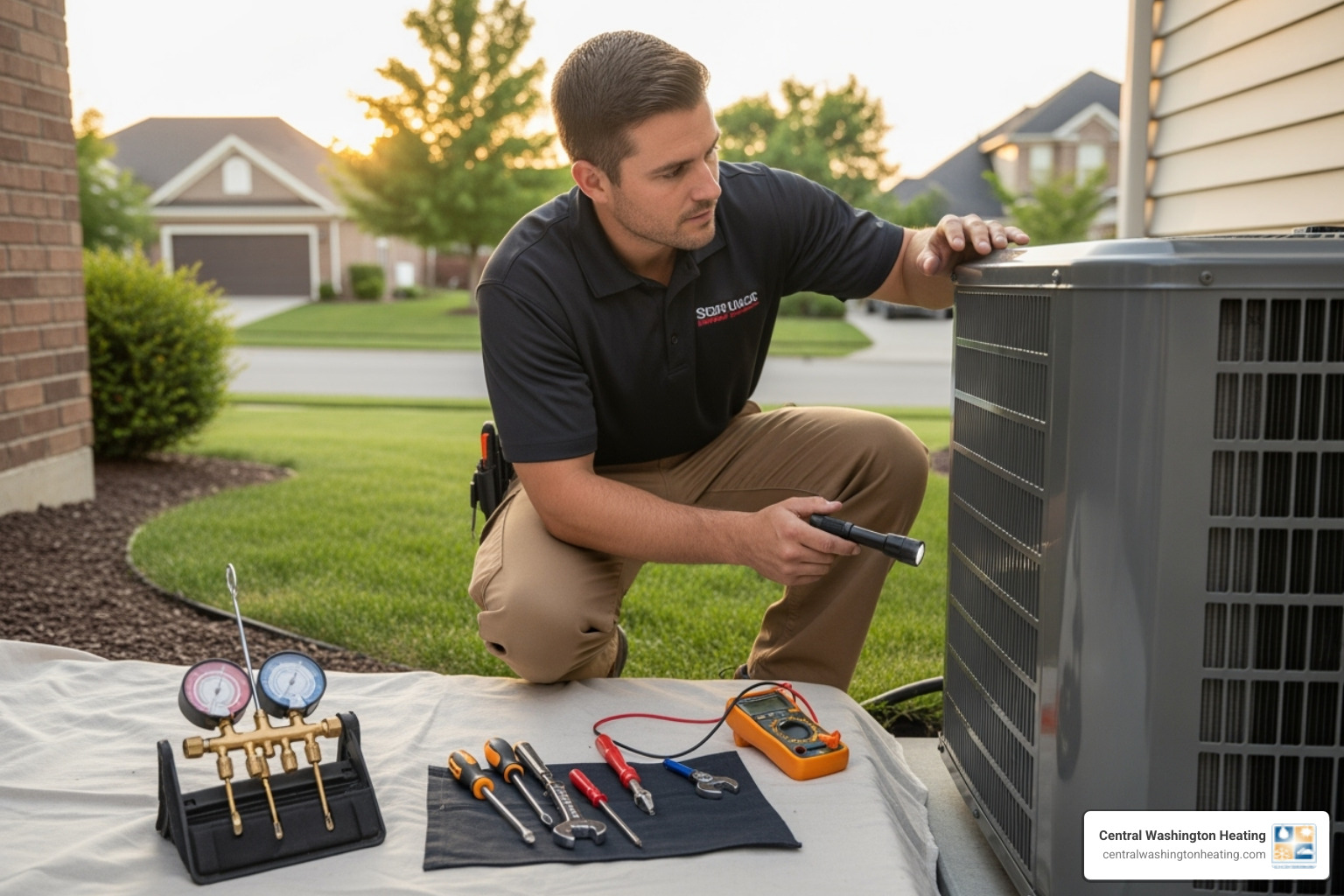
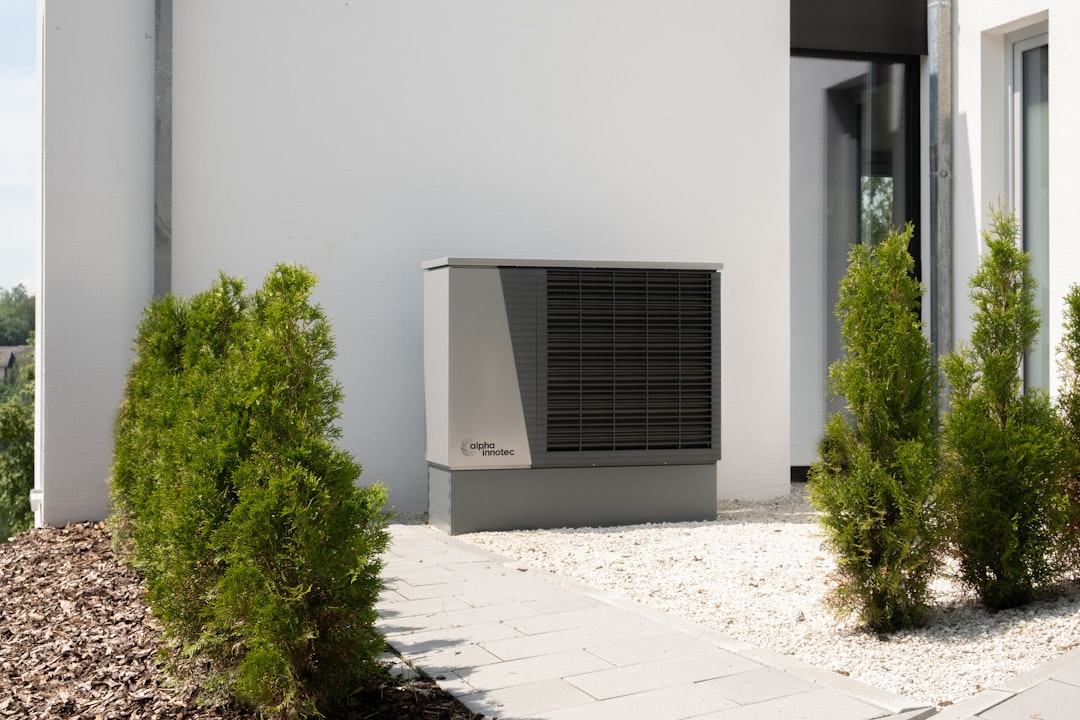

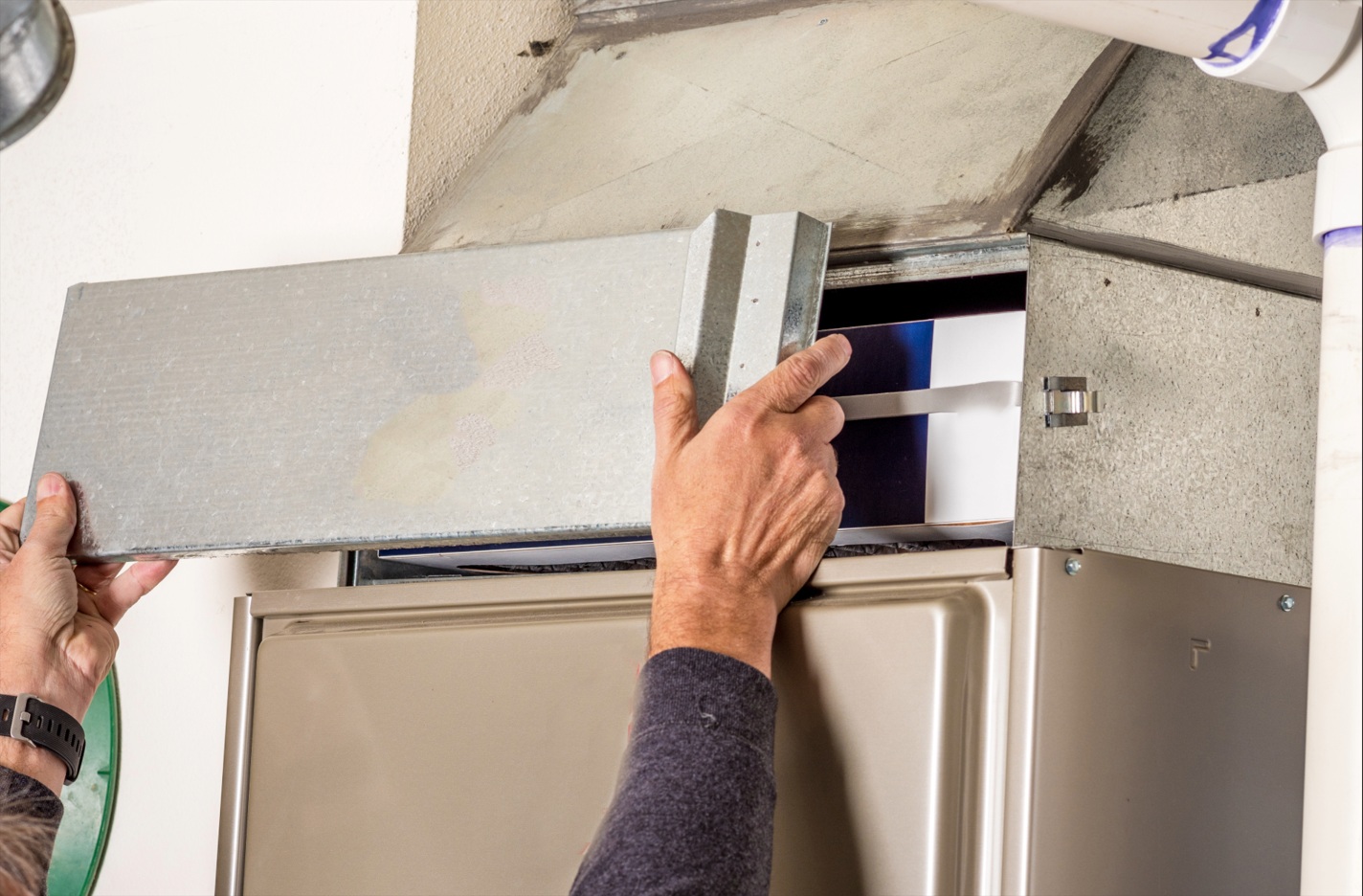

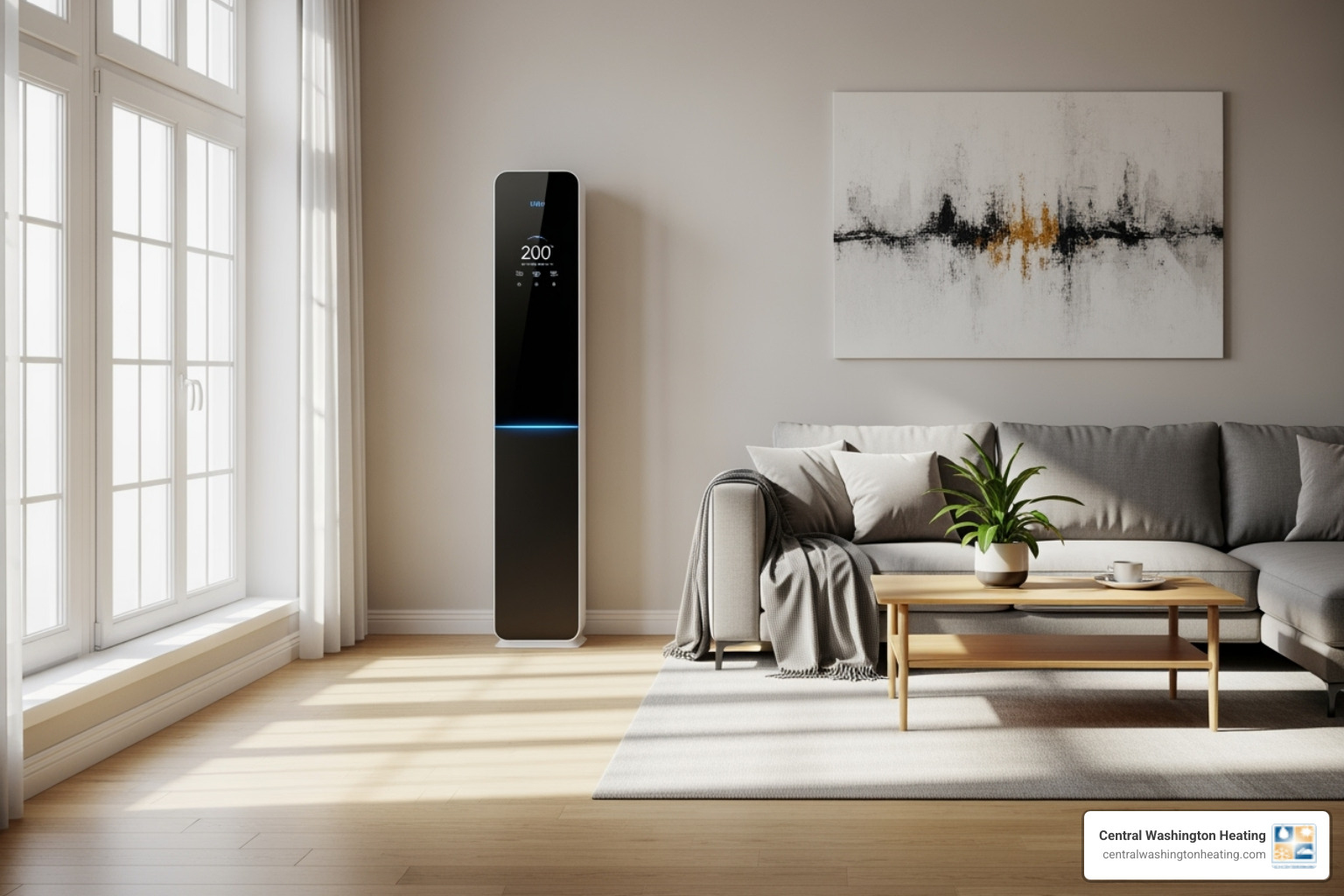
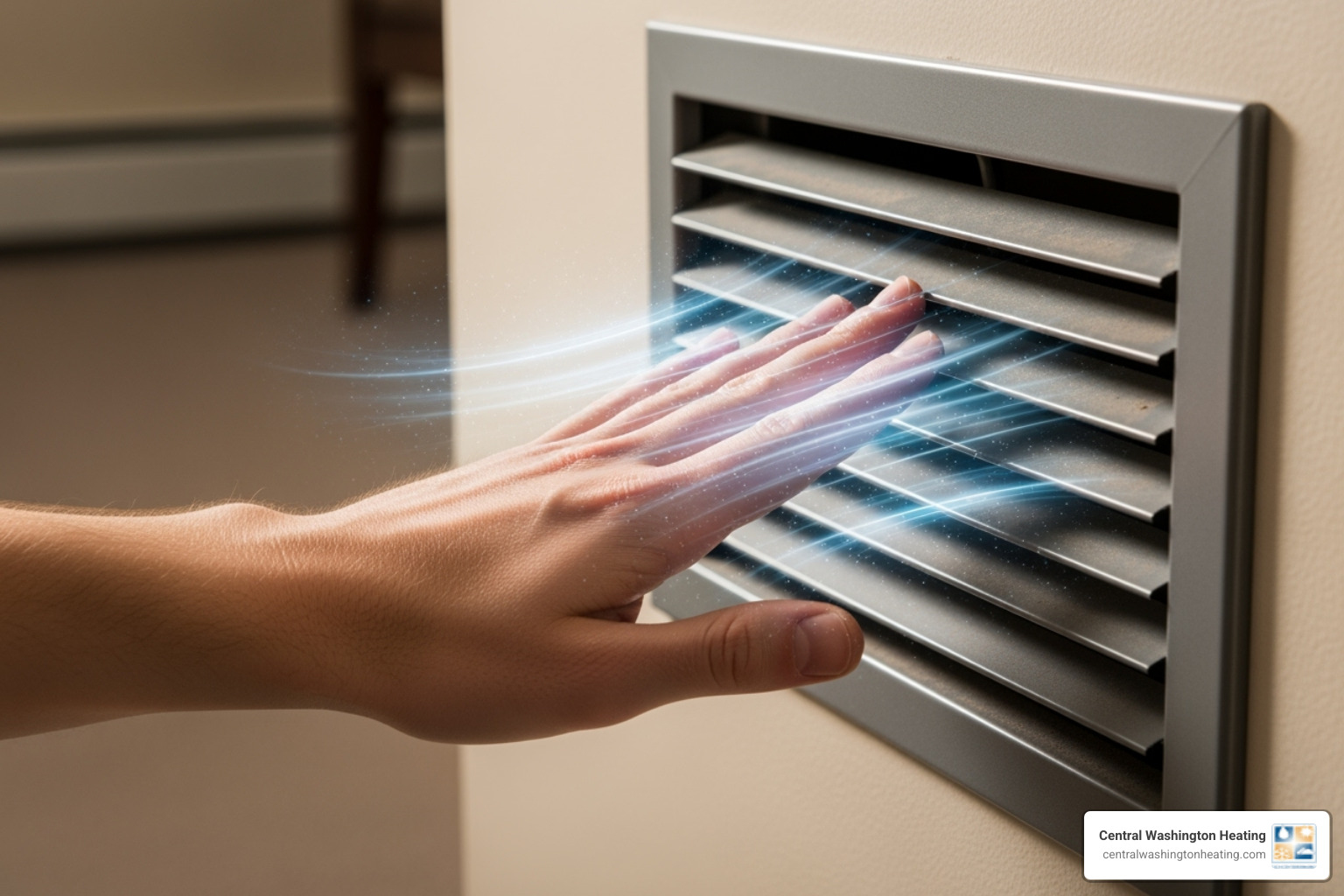
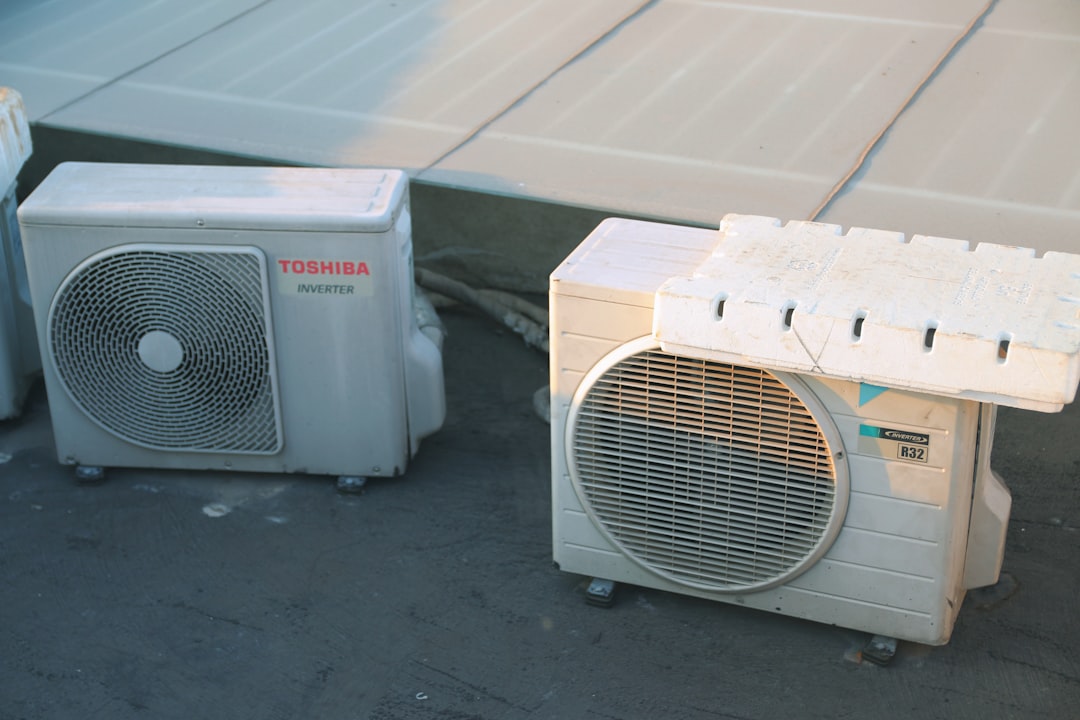
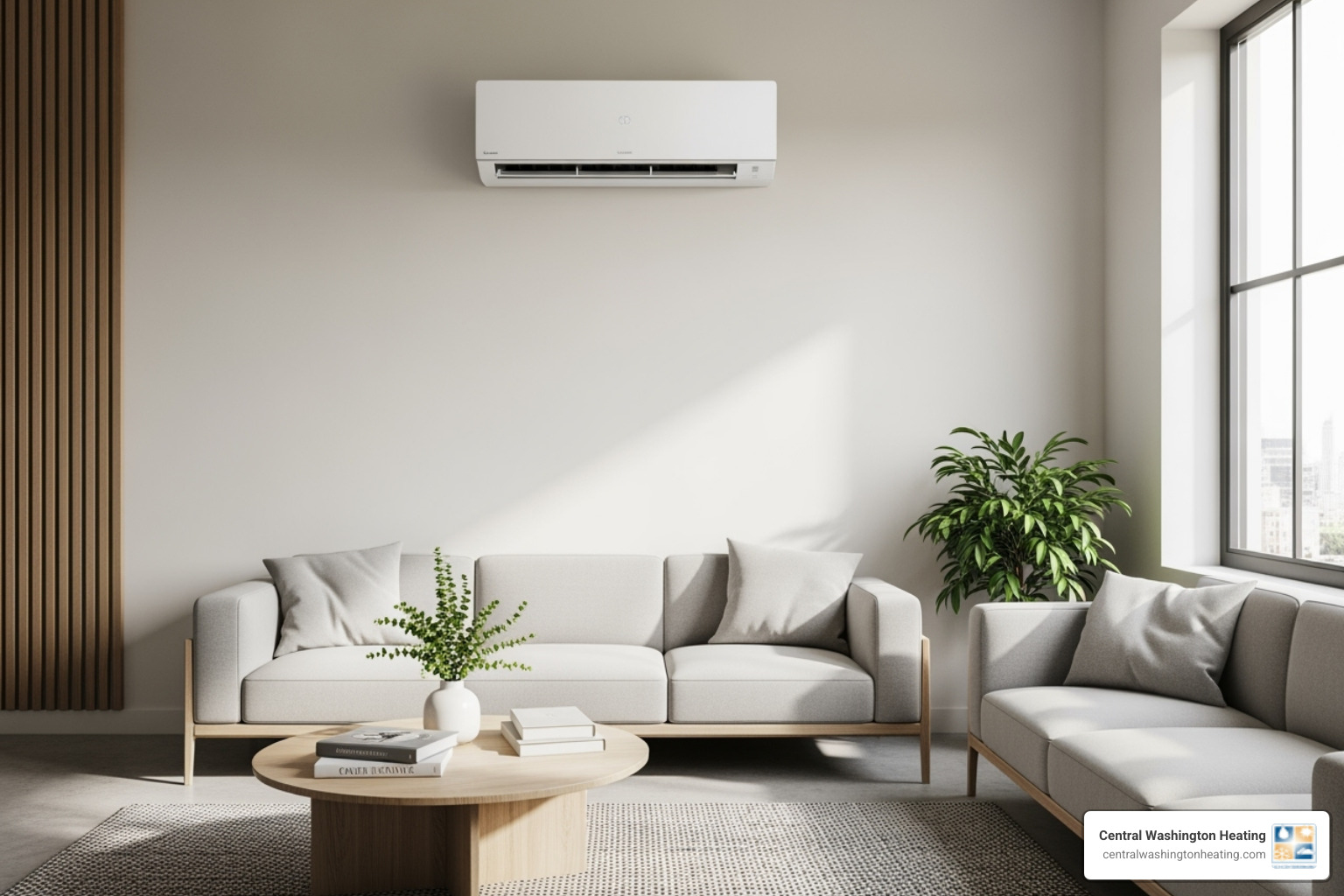
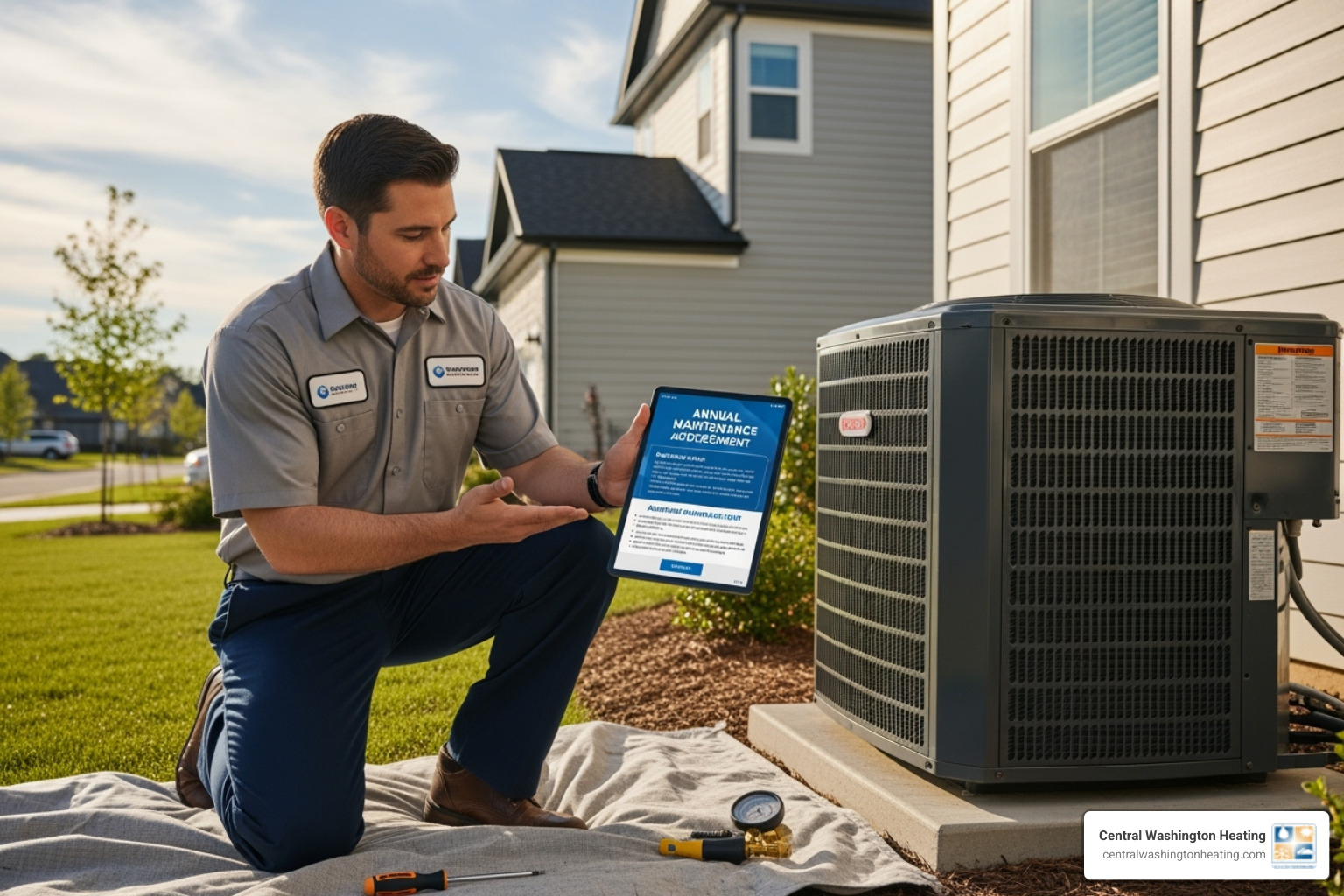
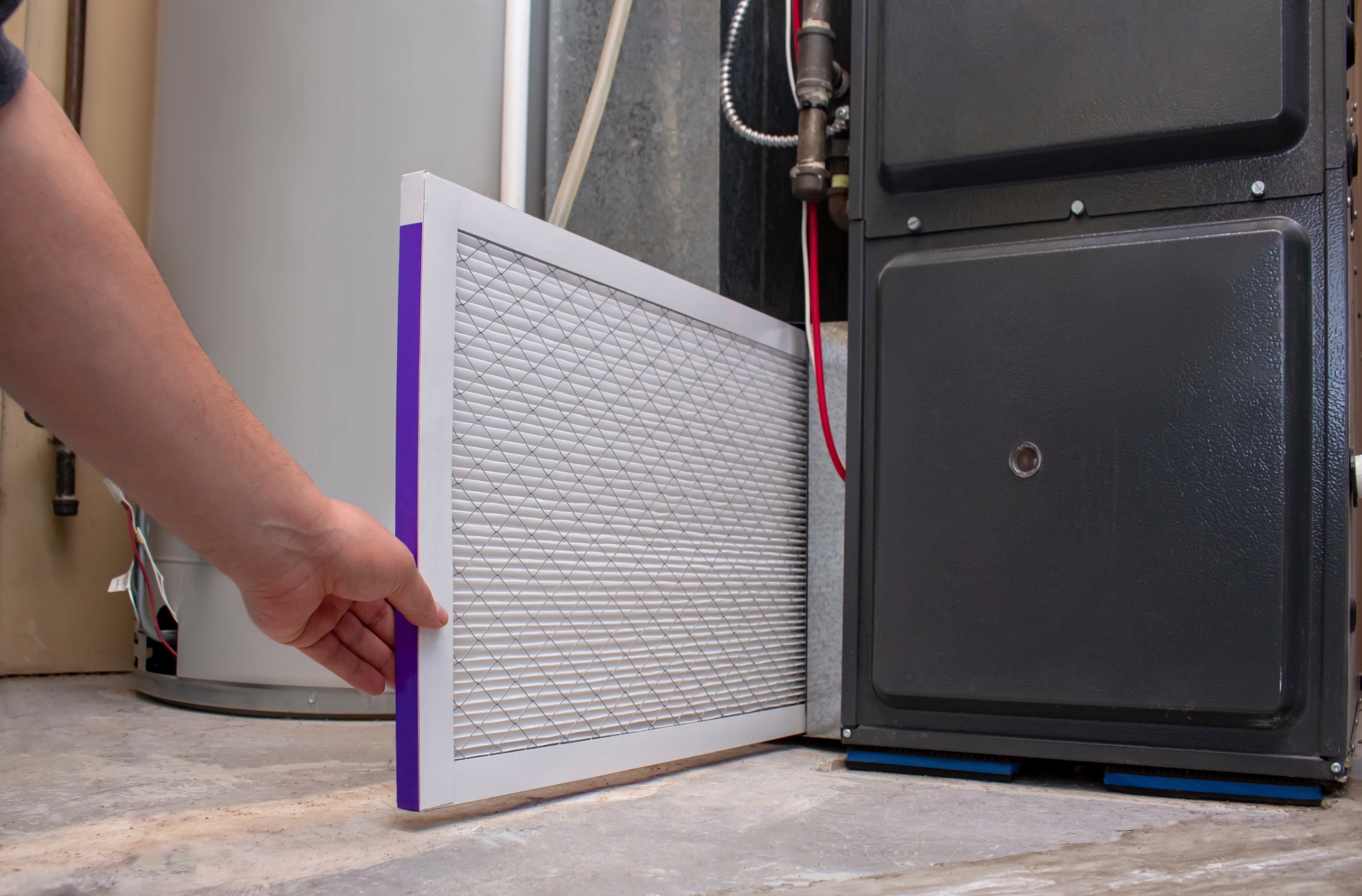
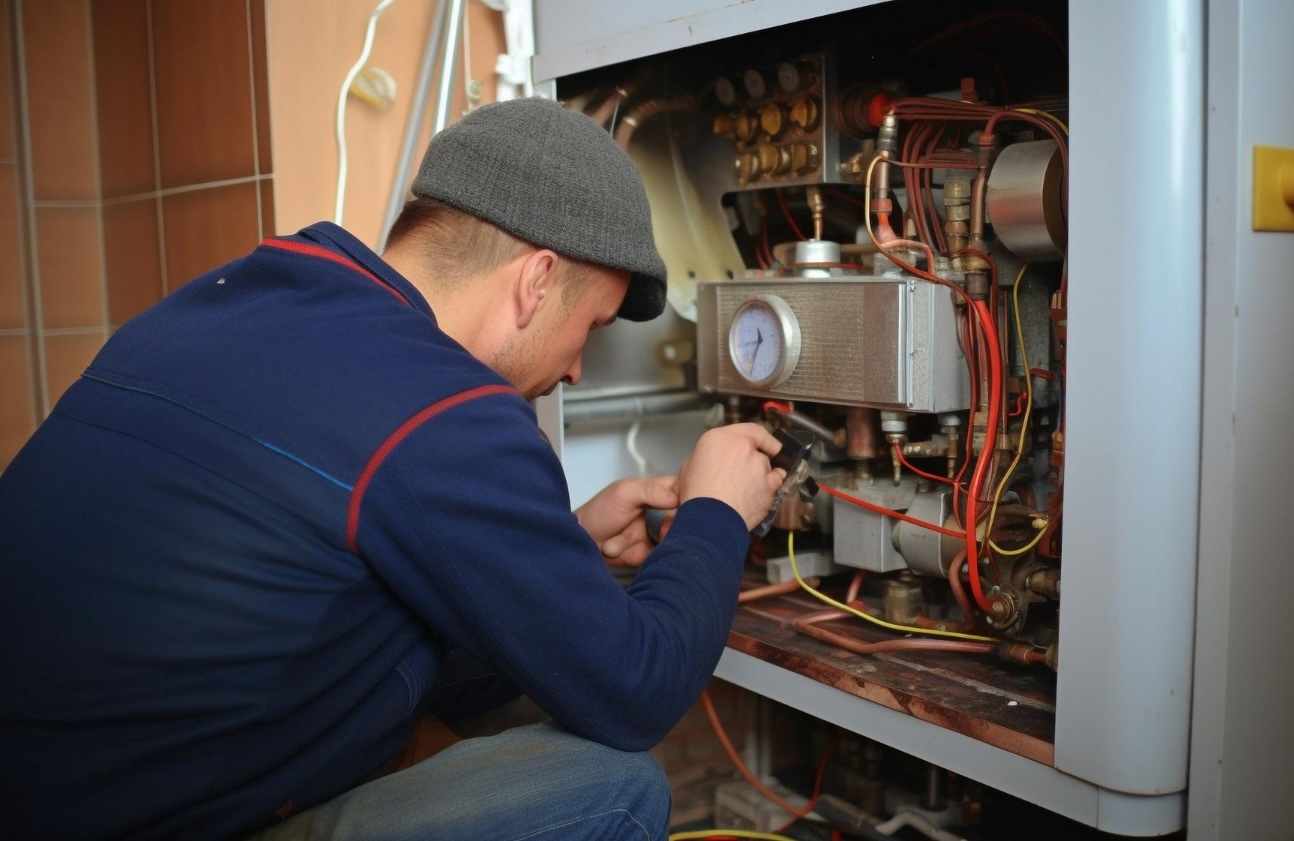
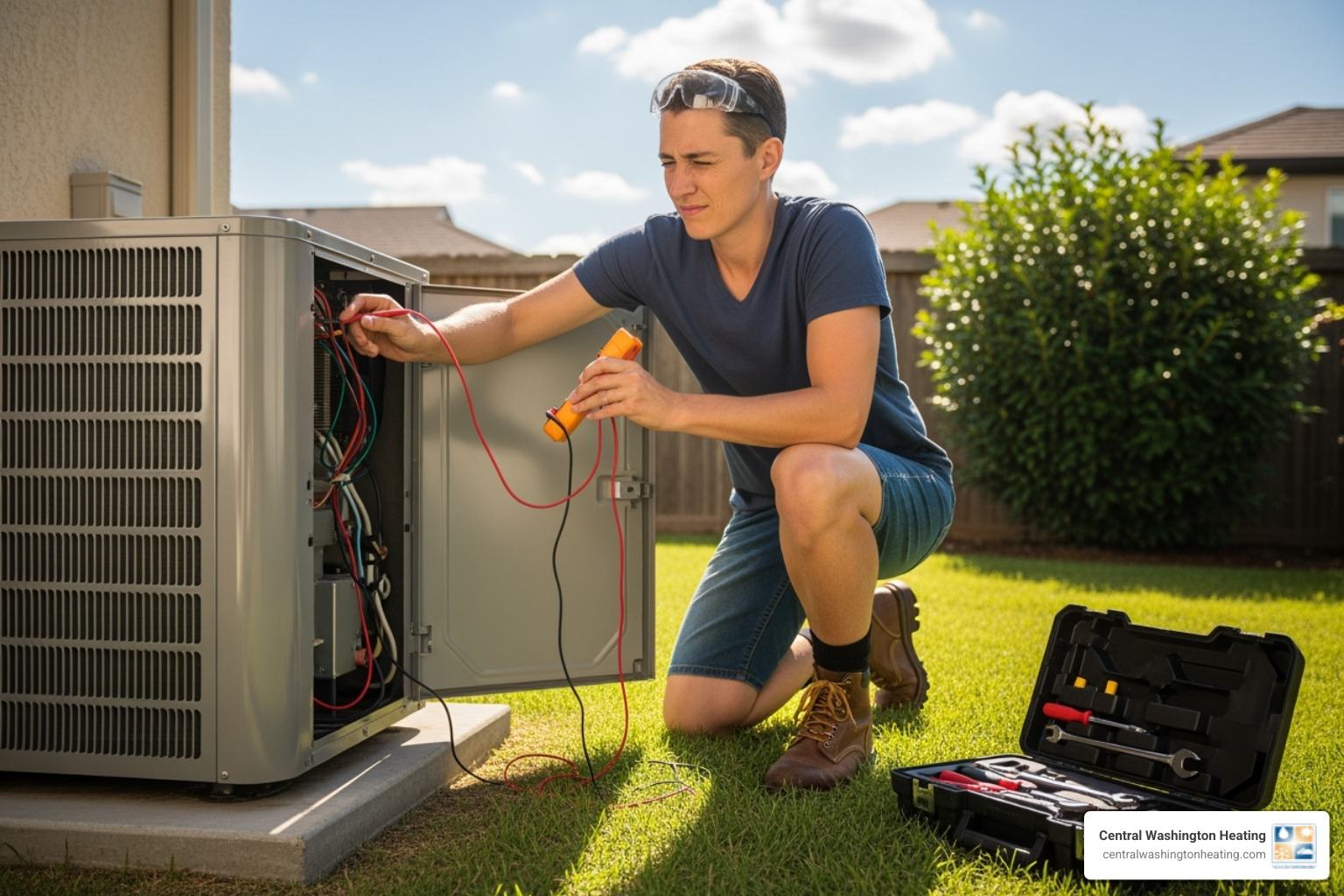

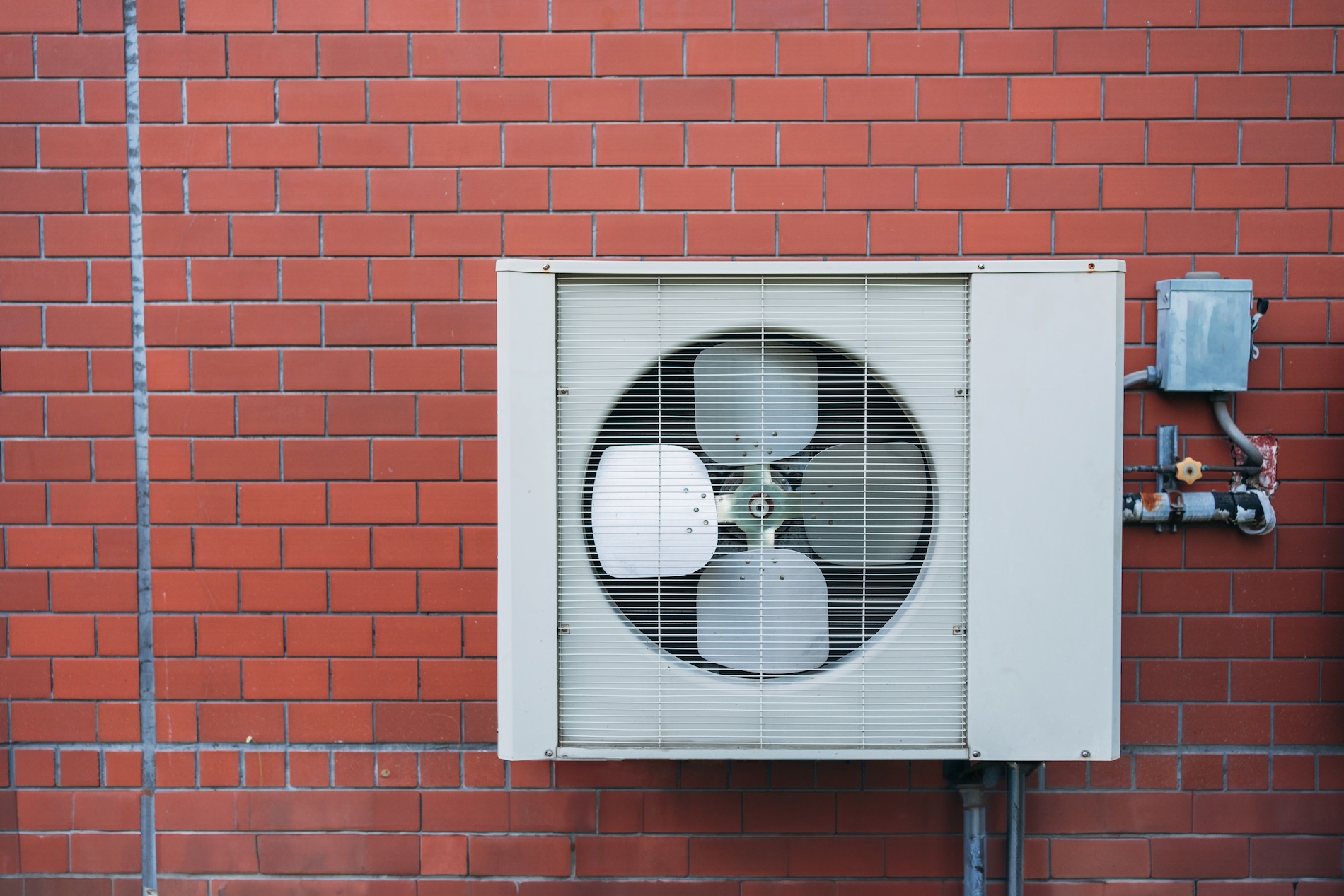
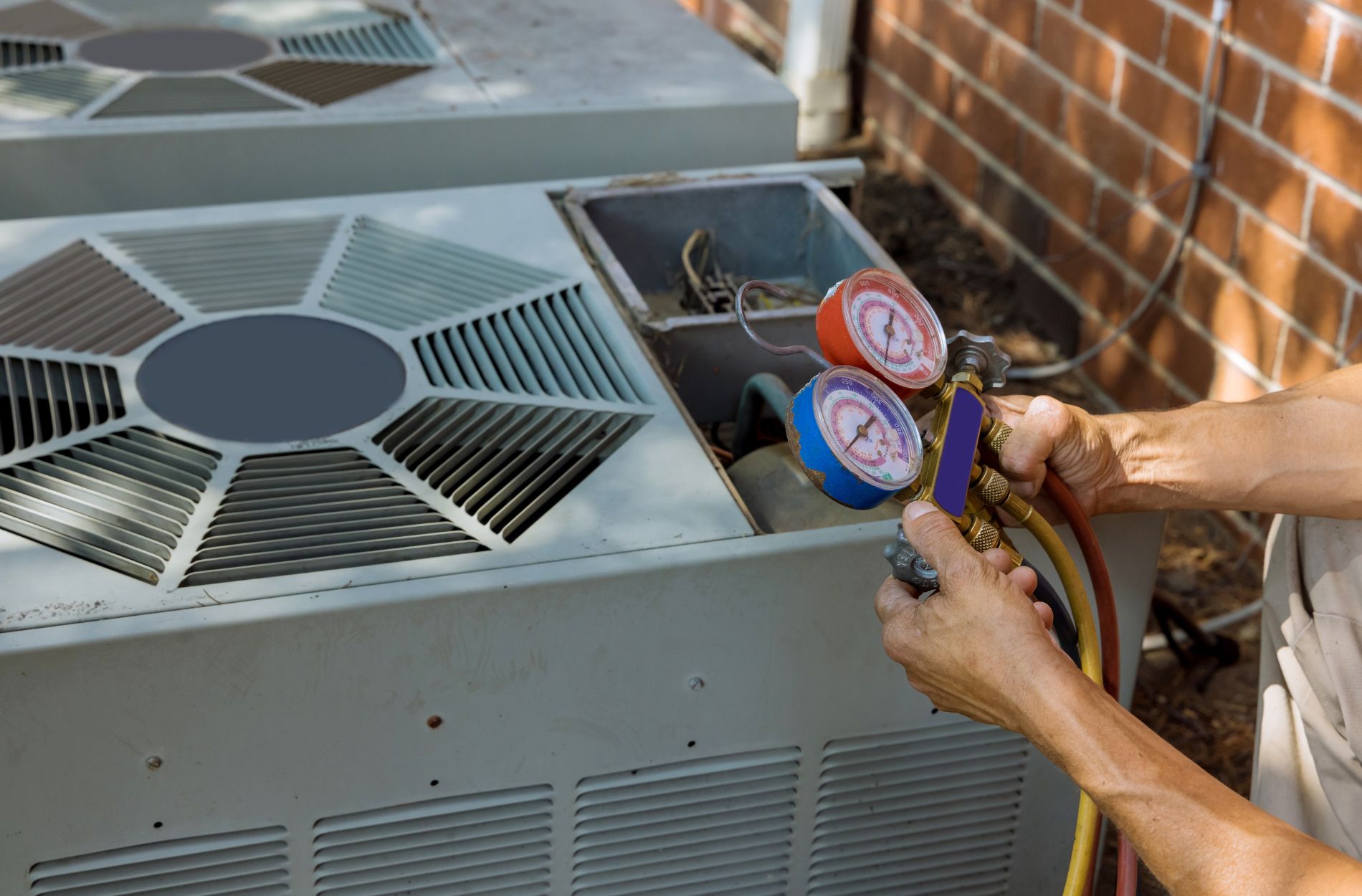
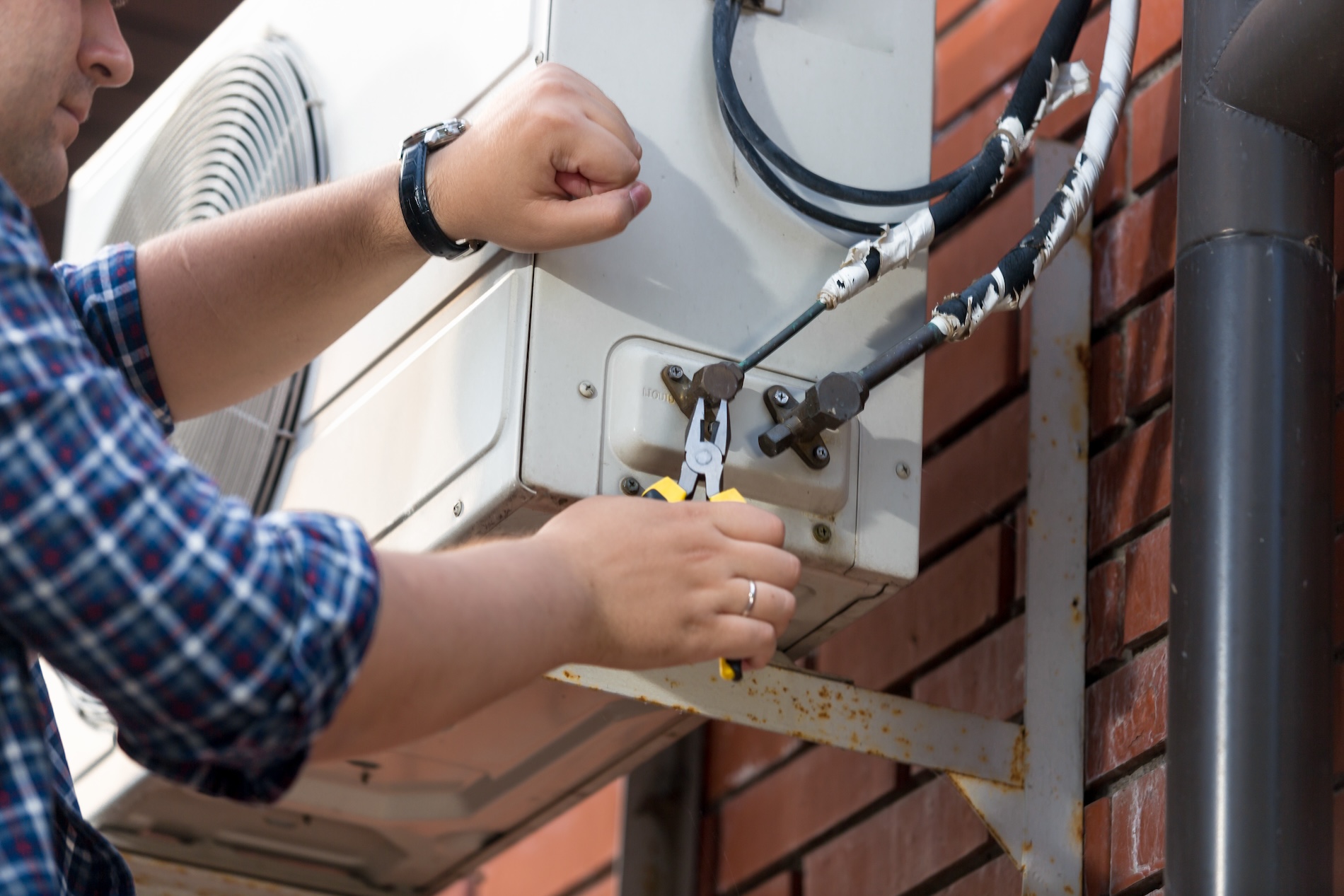

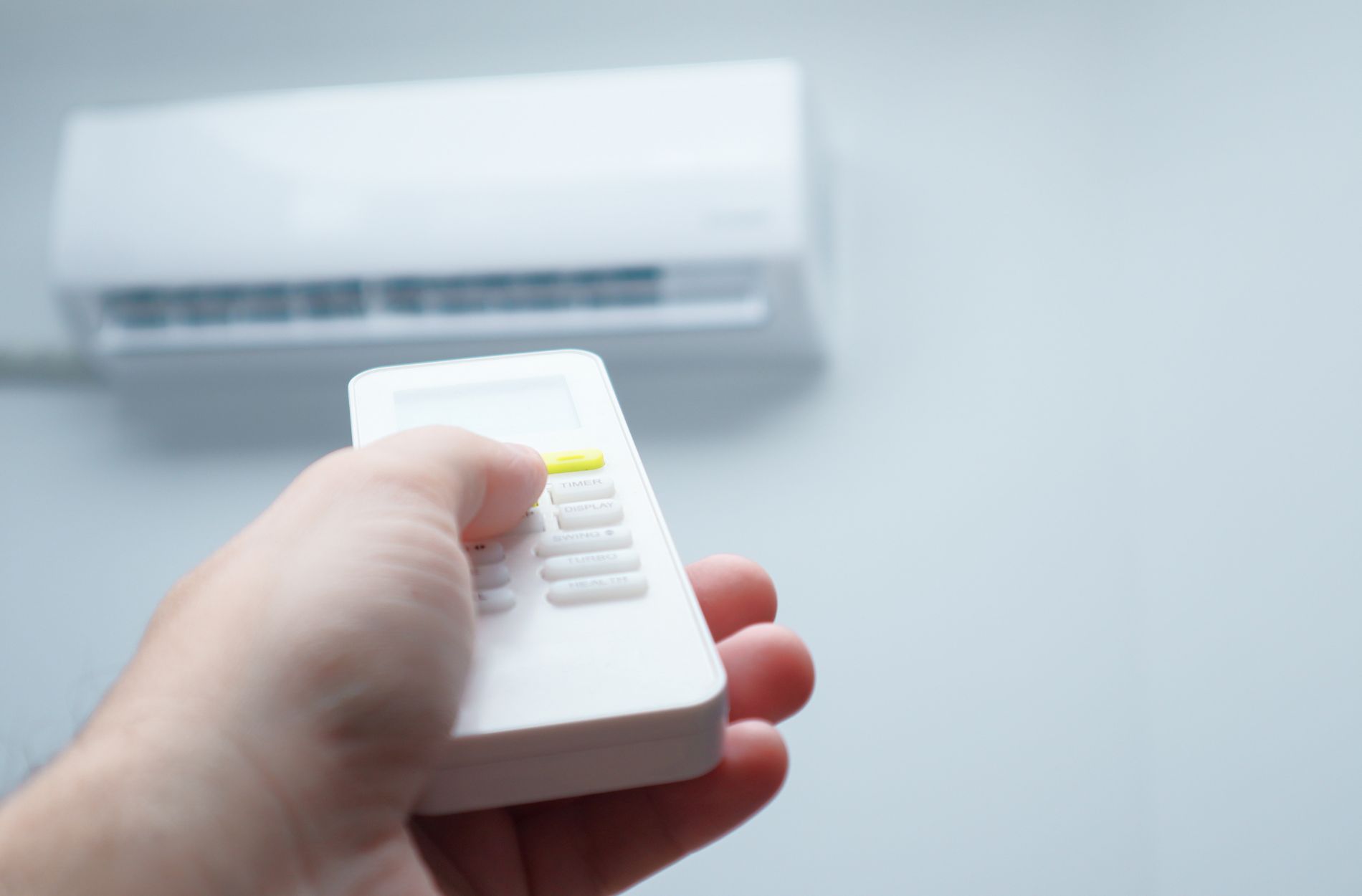
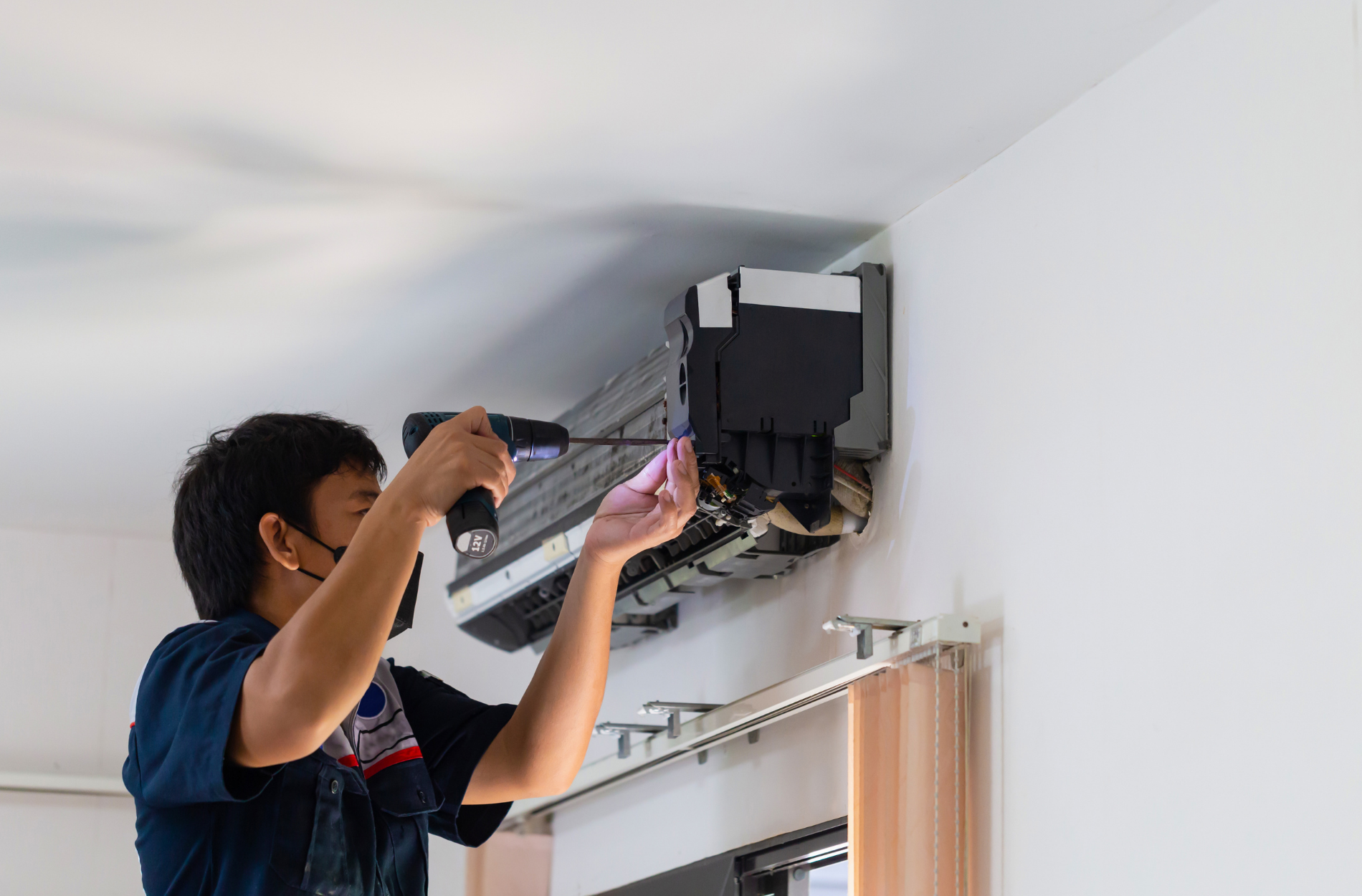
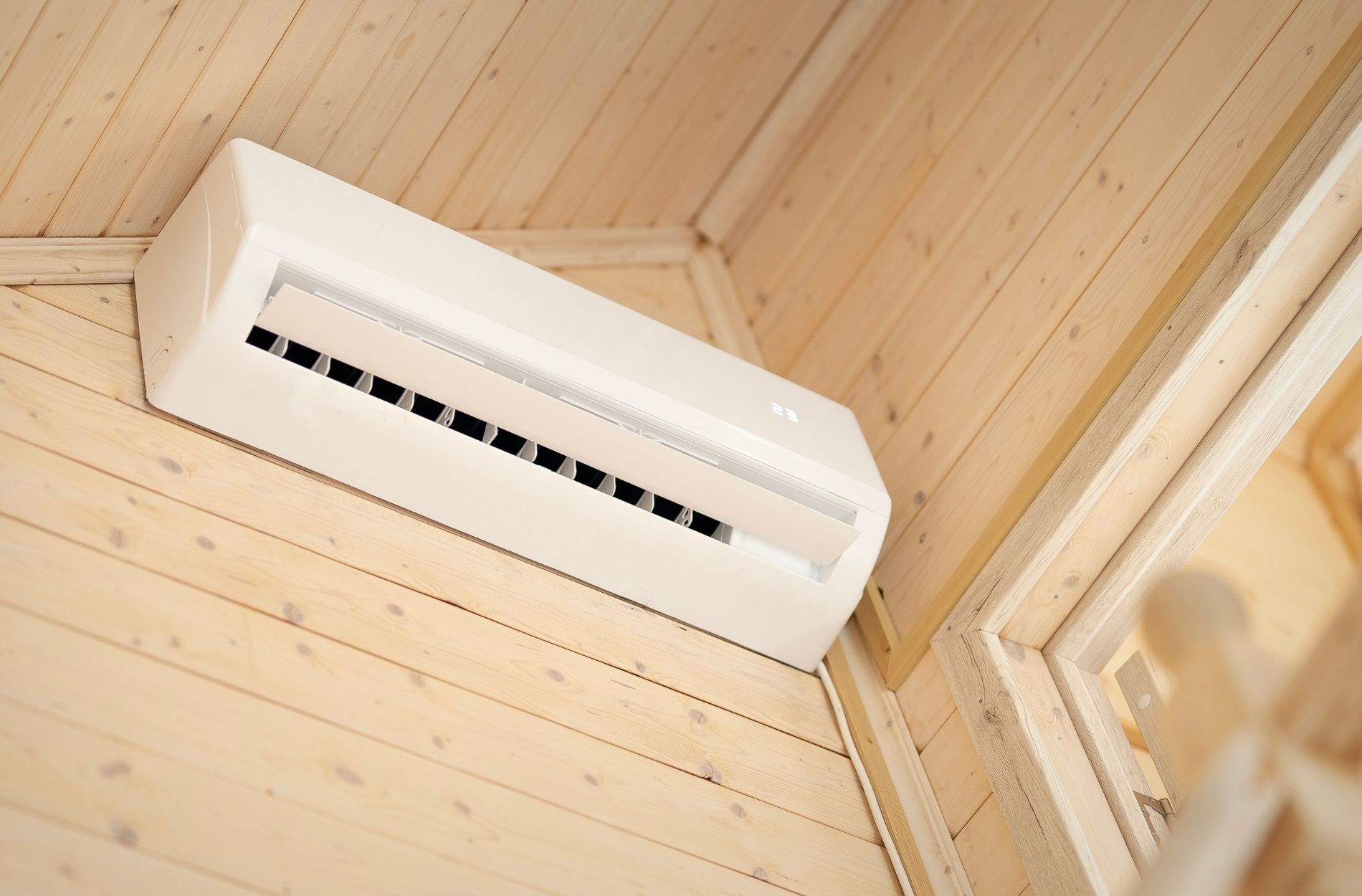
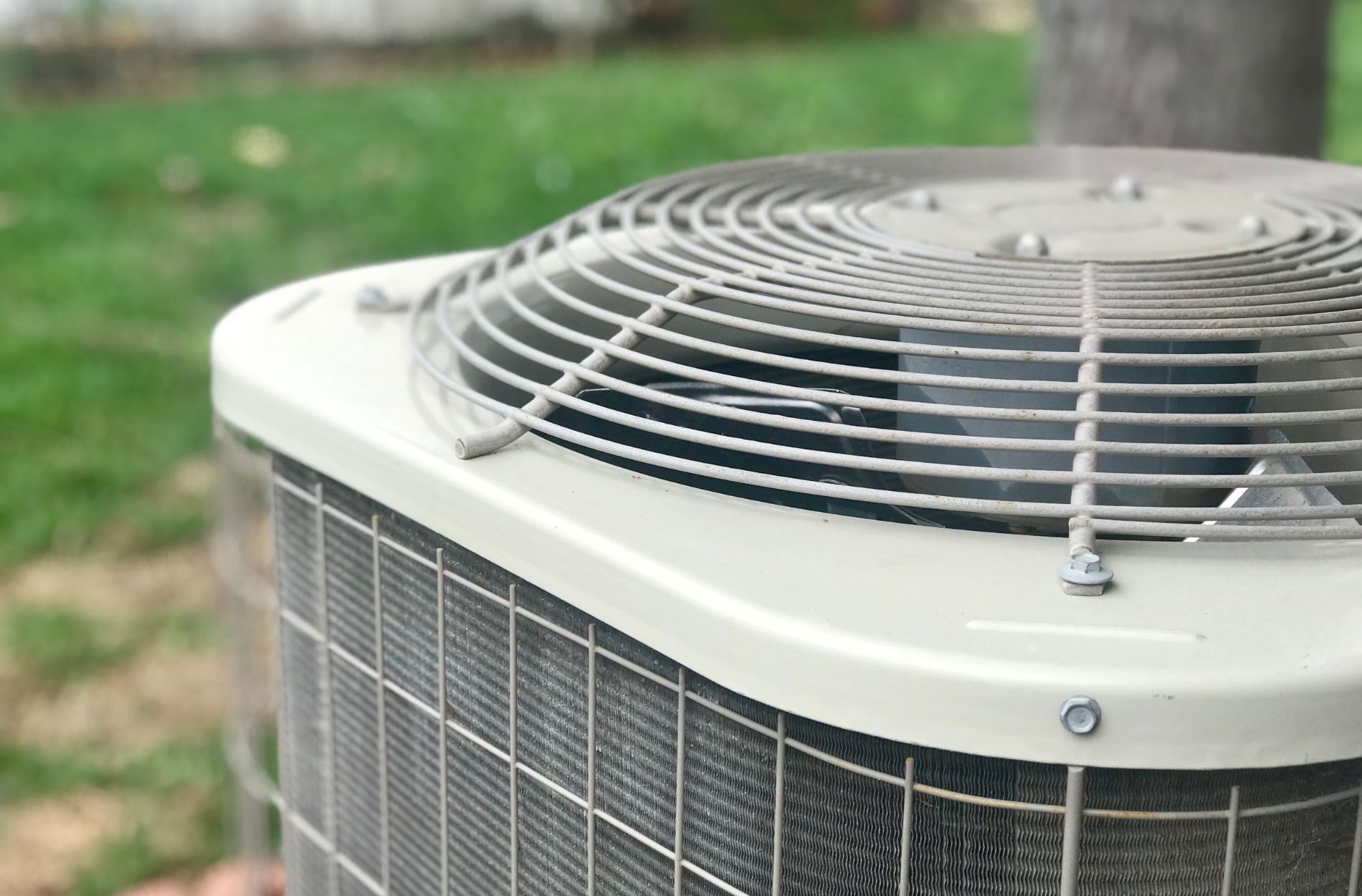
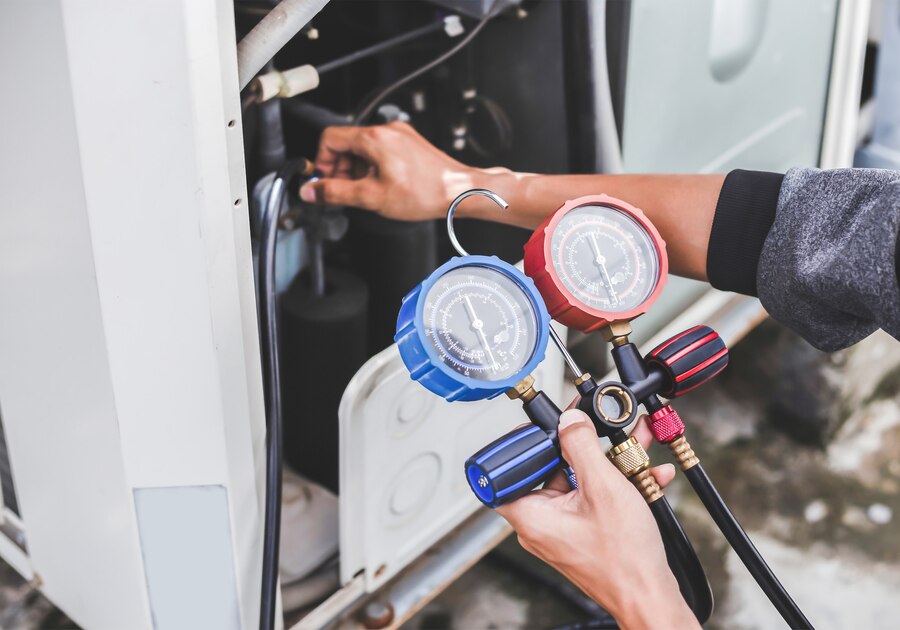

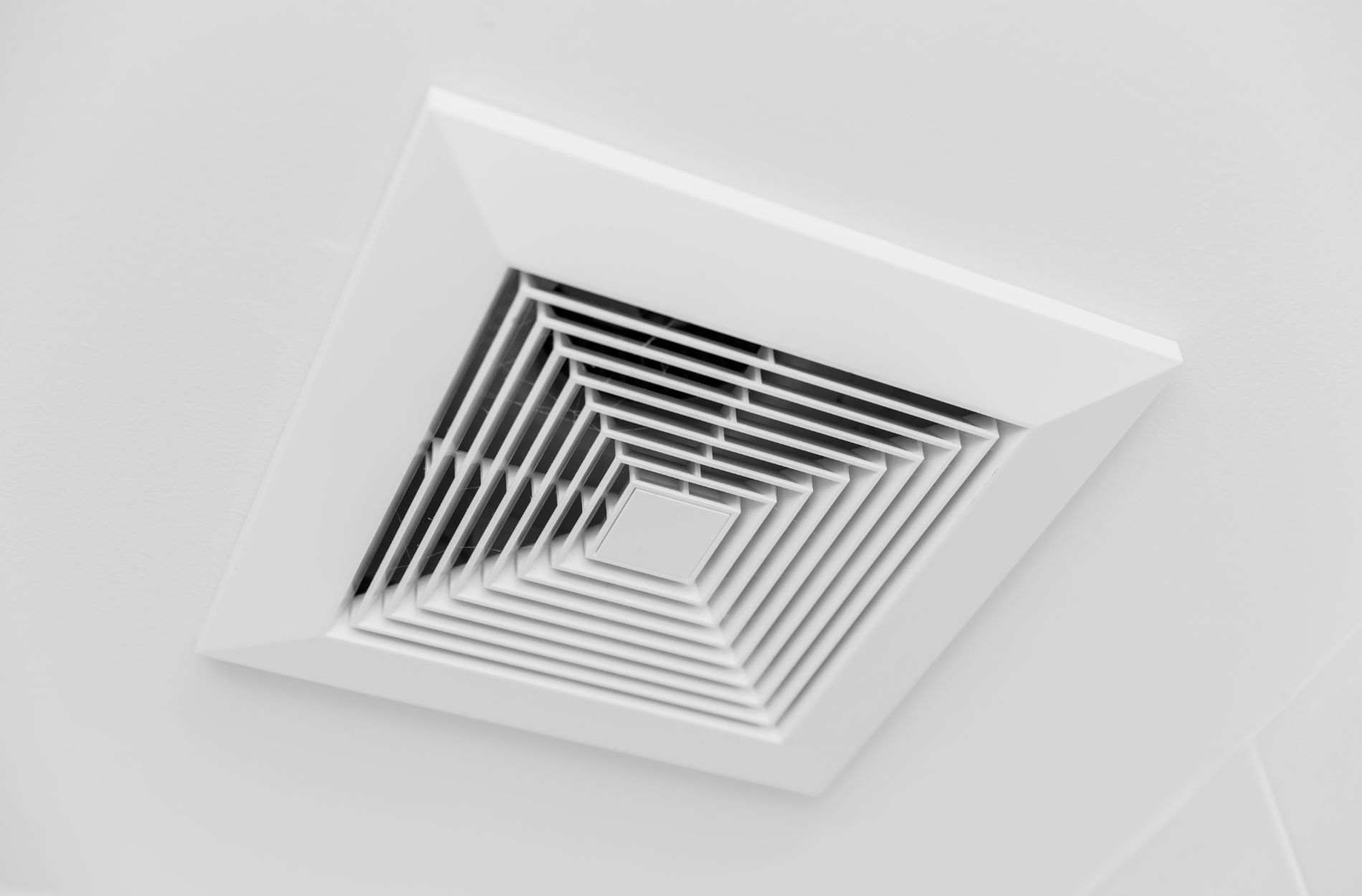
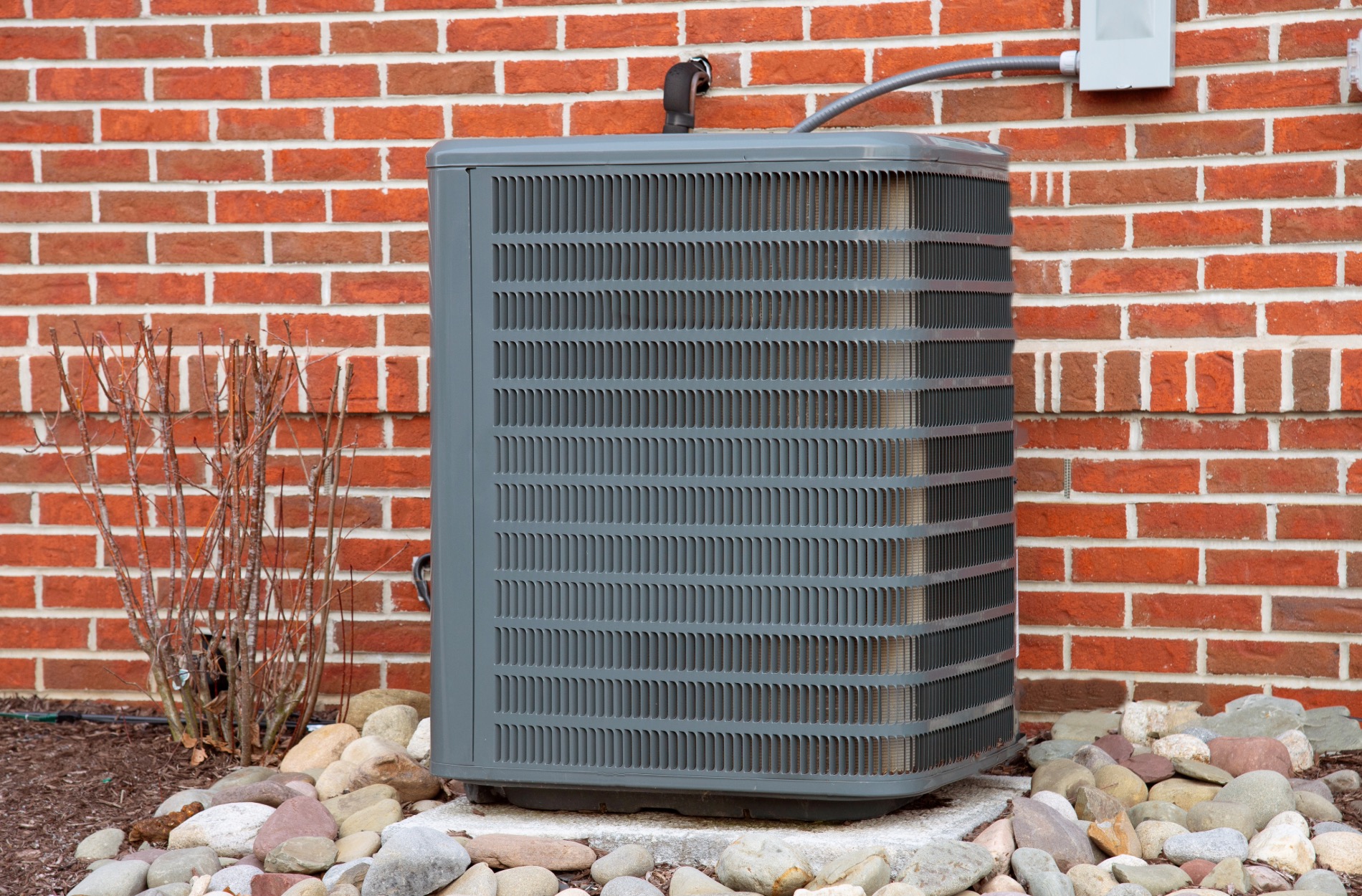
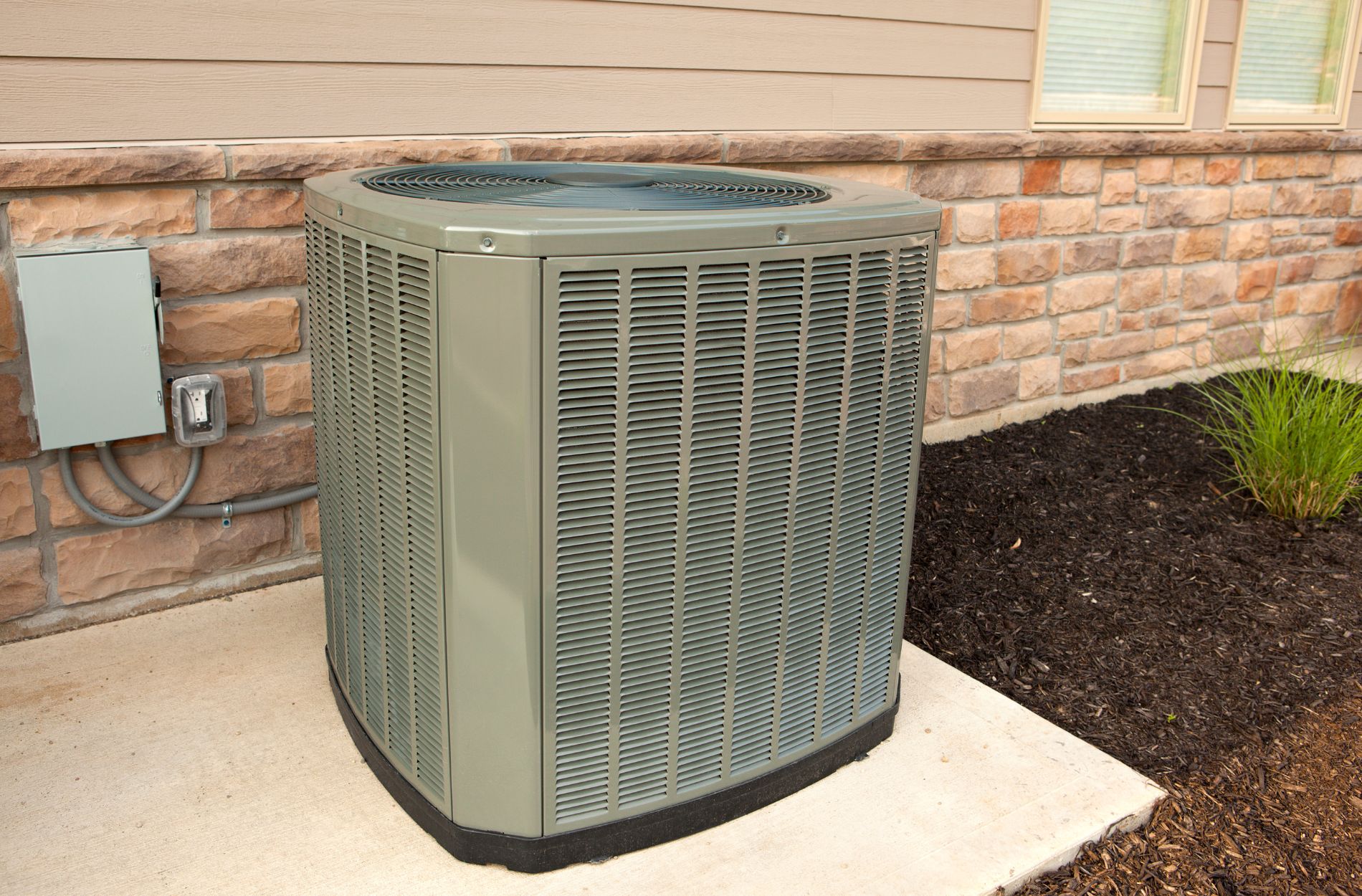
.jpg)

.svg)


.svg)





